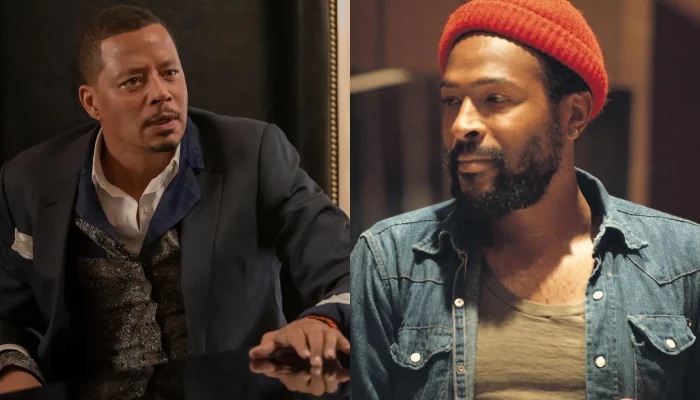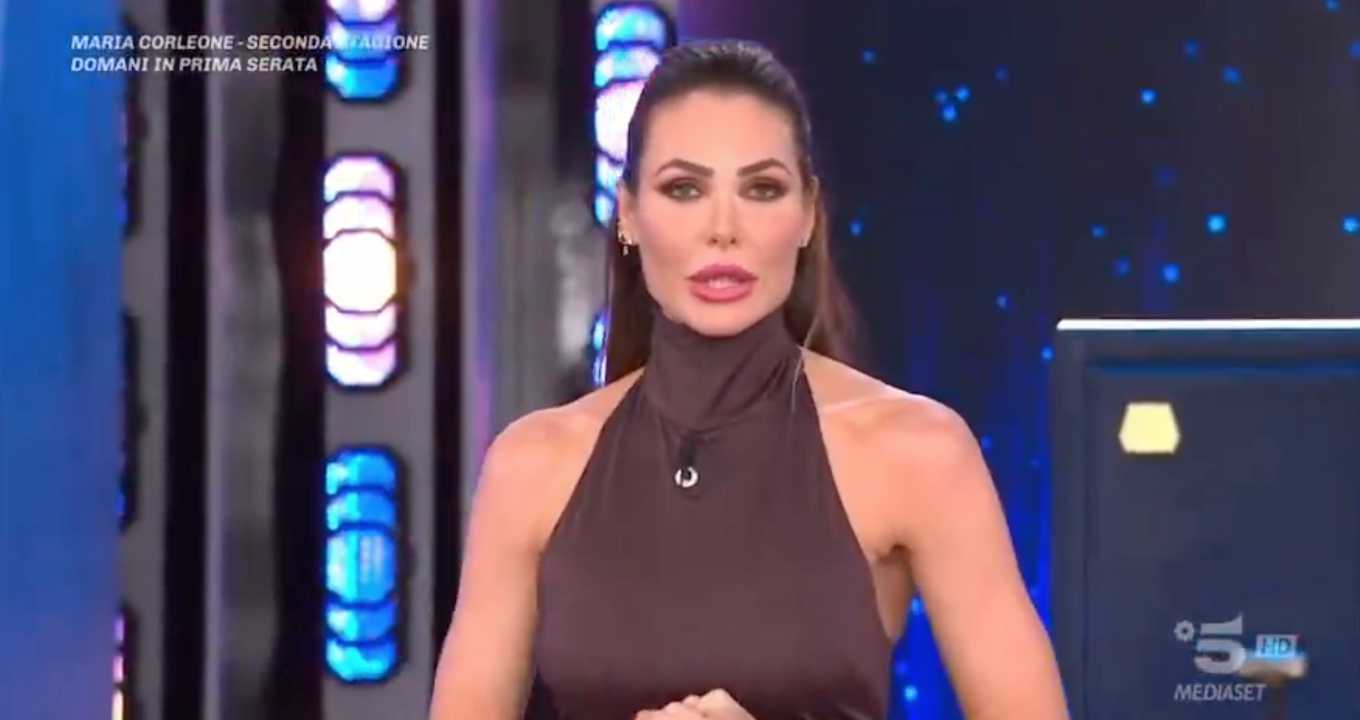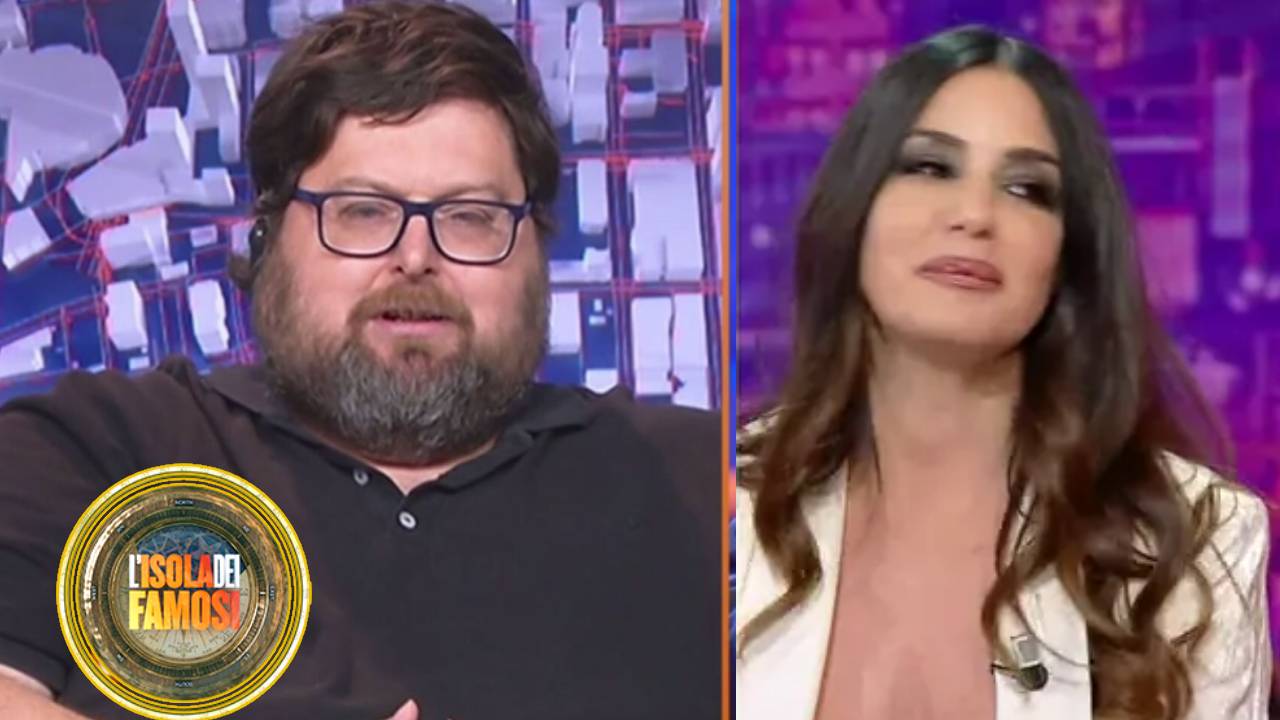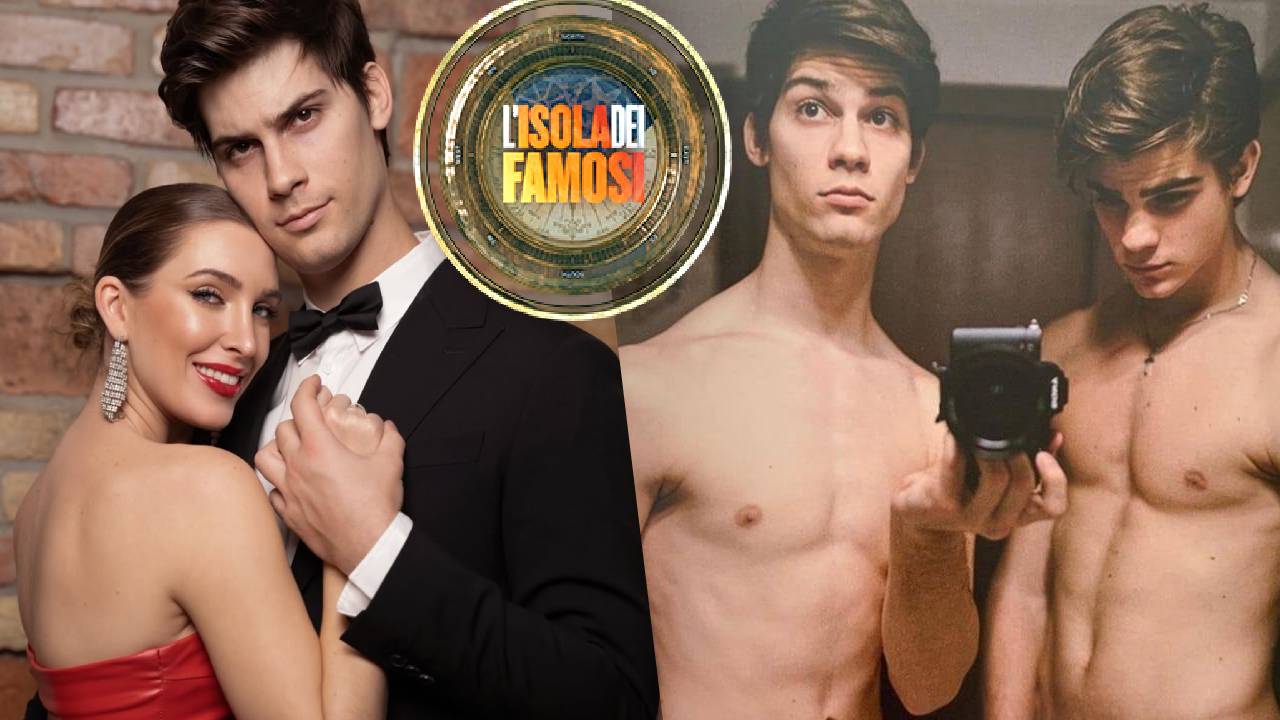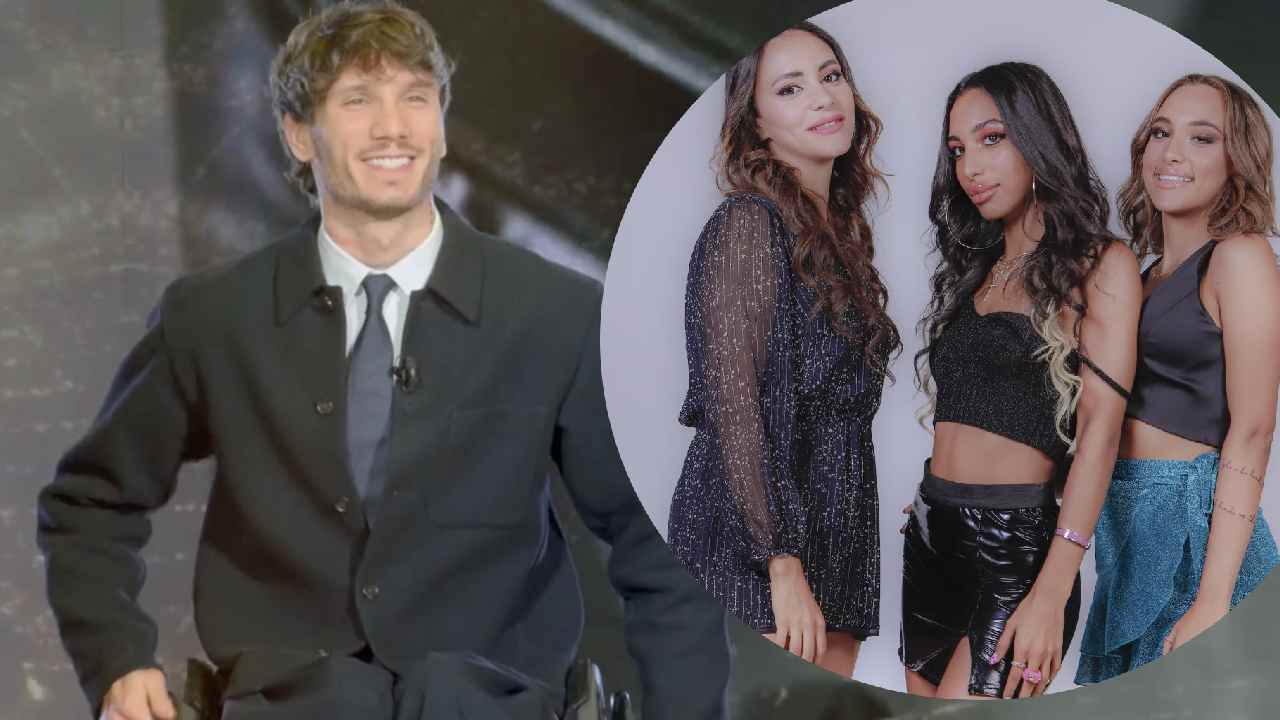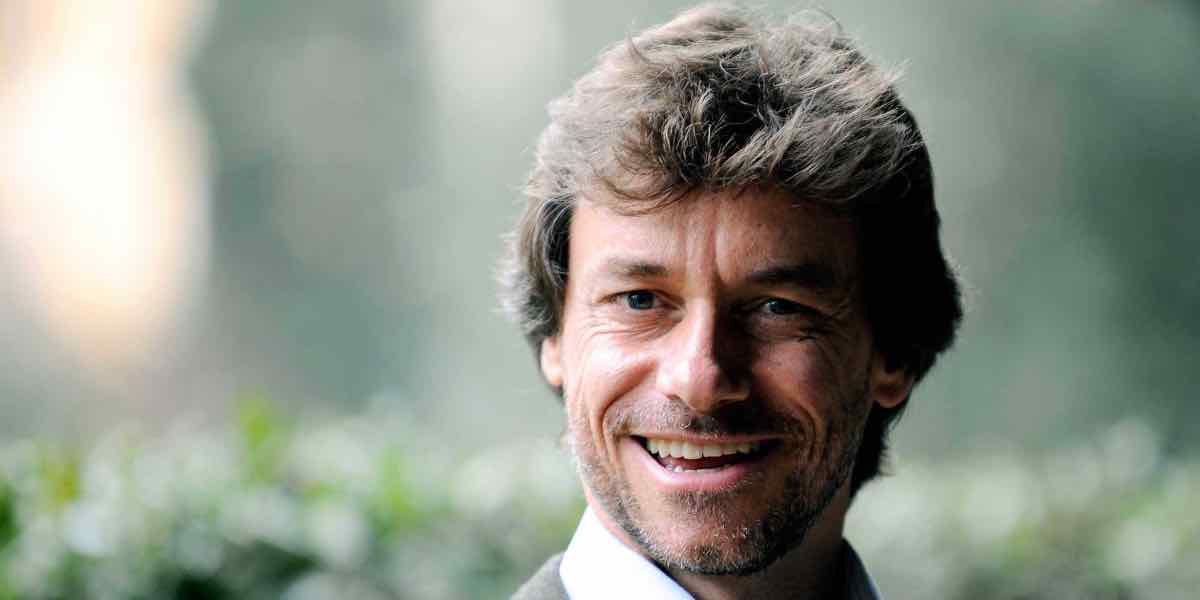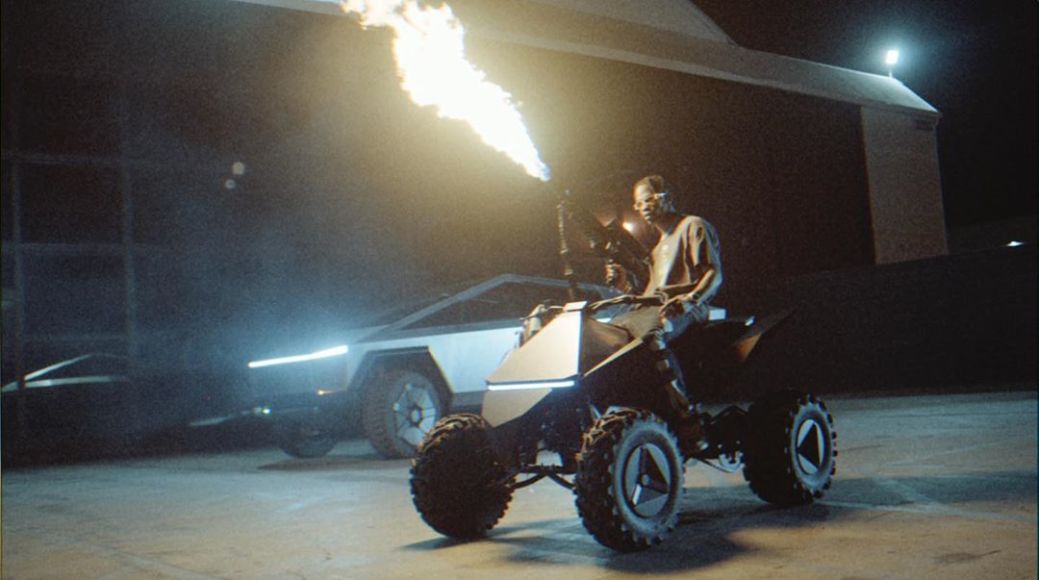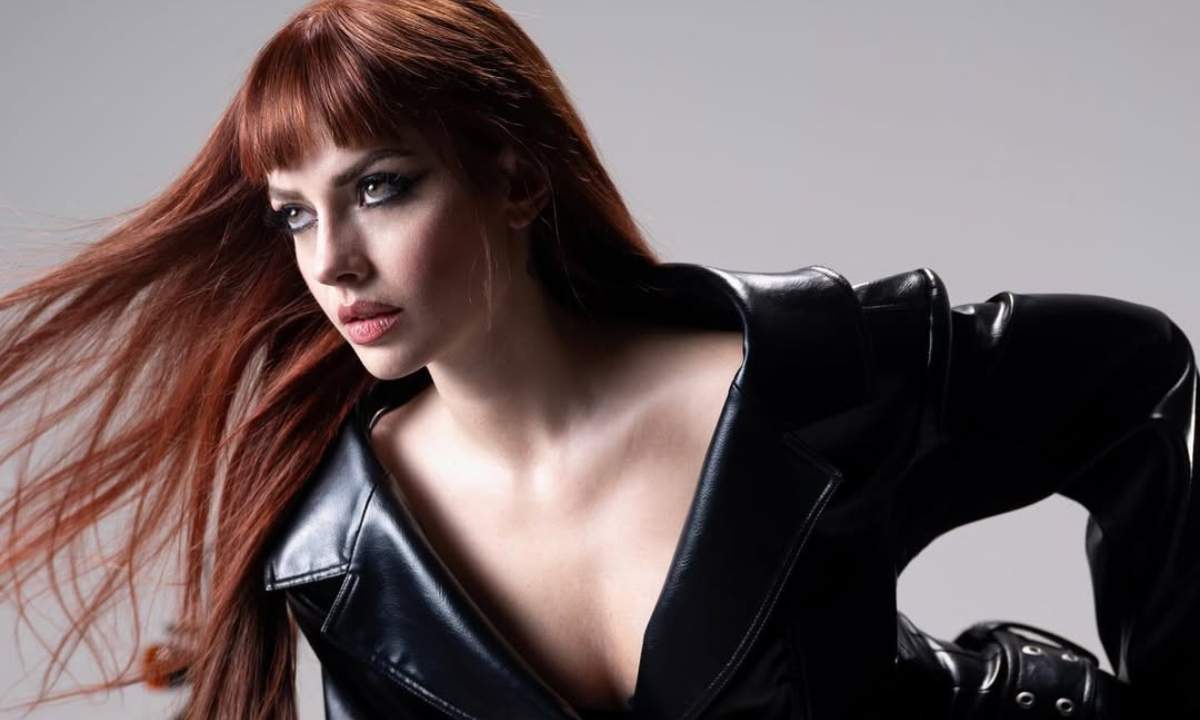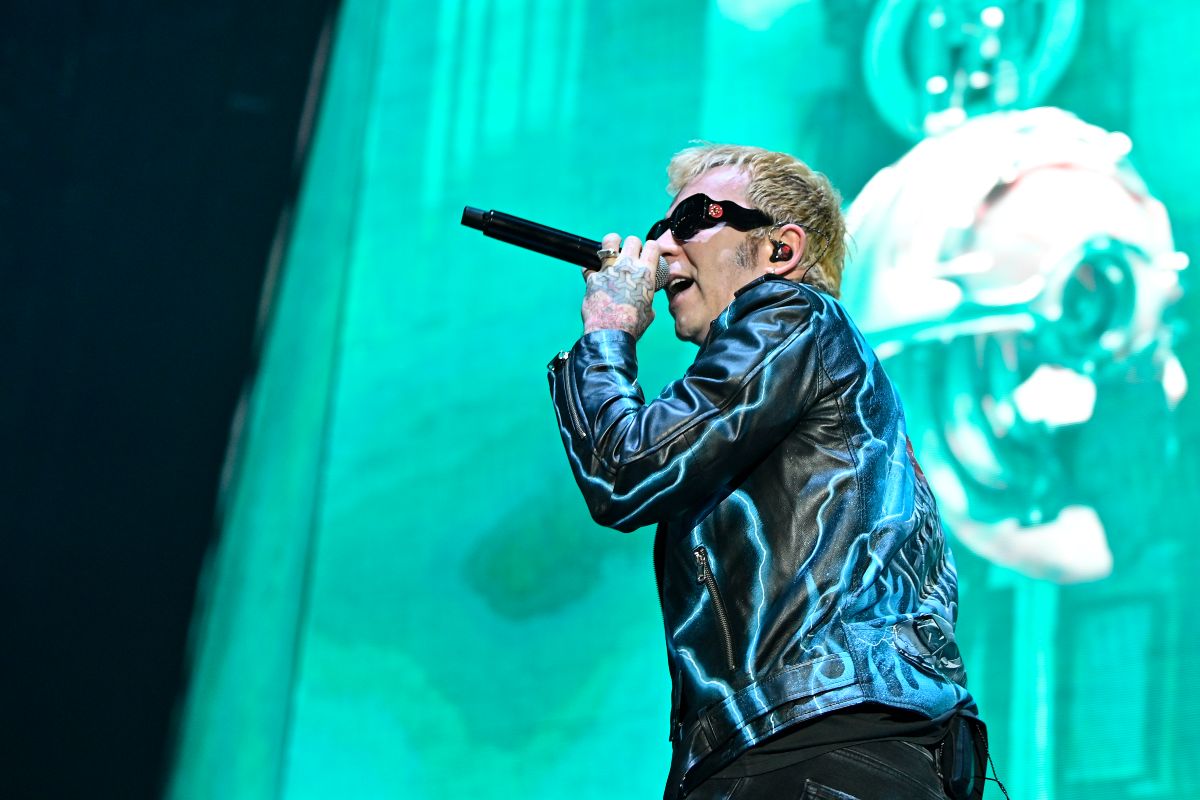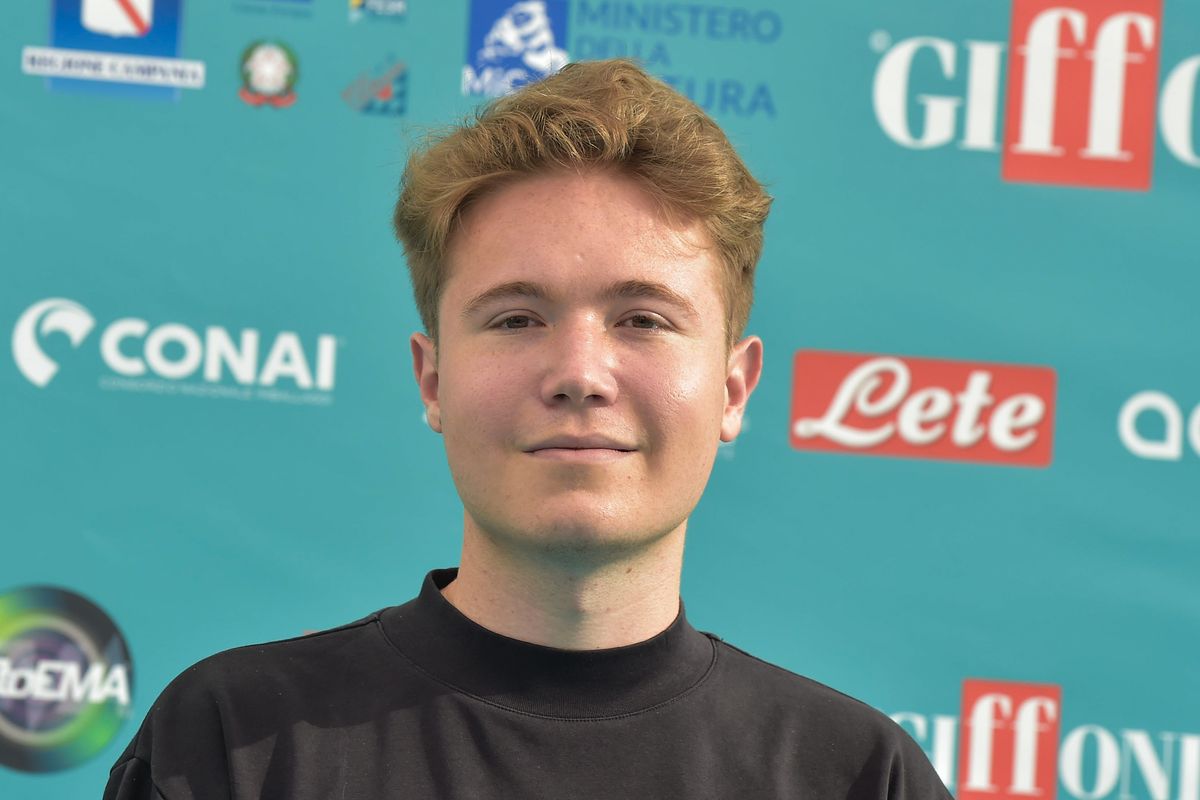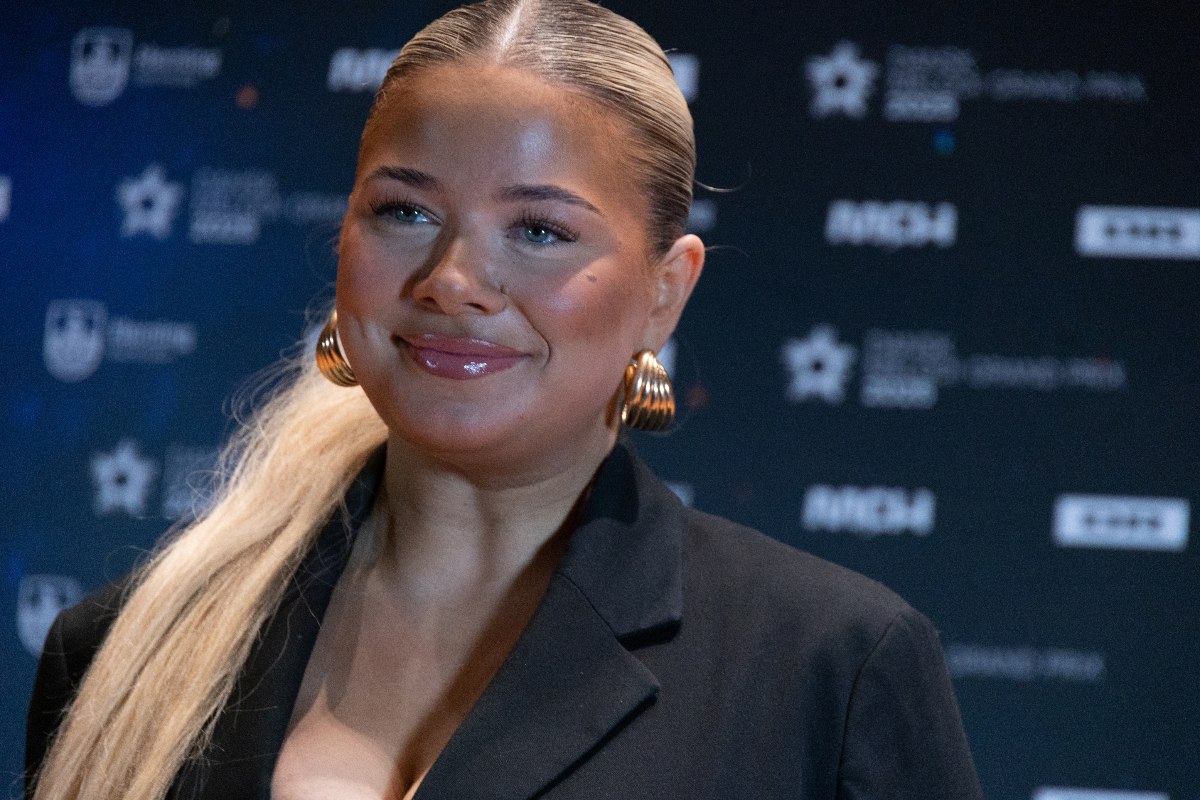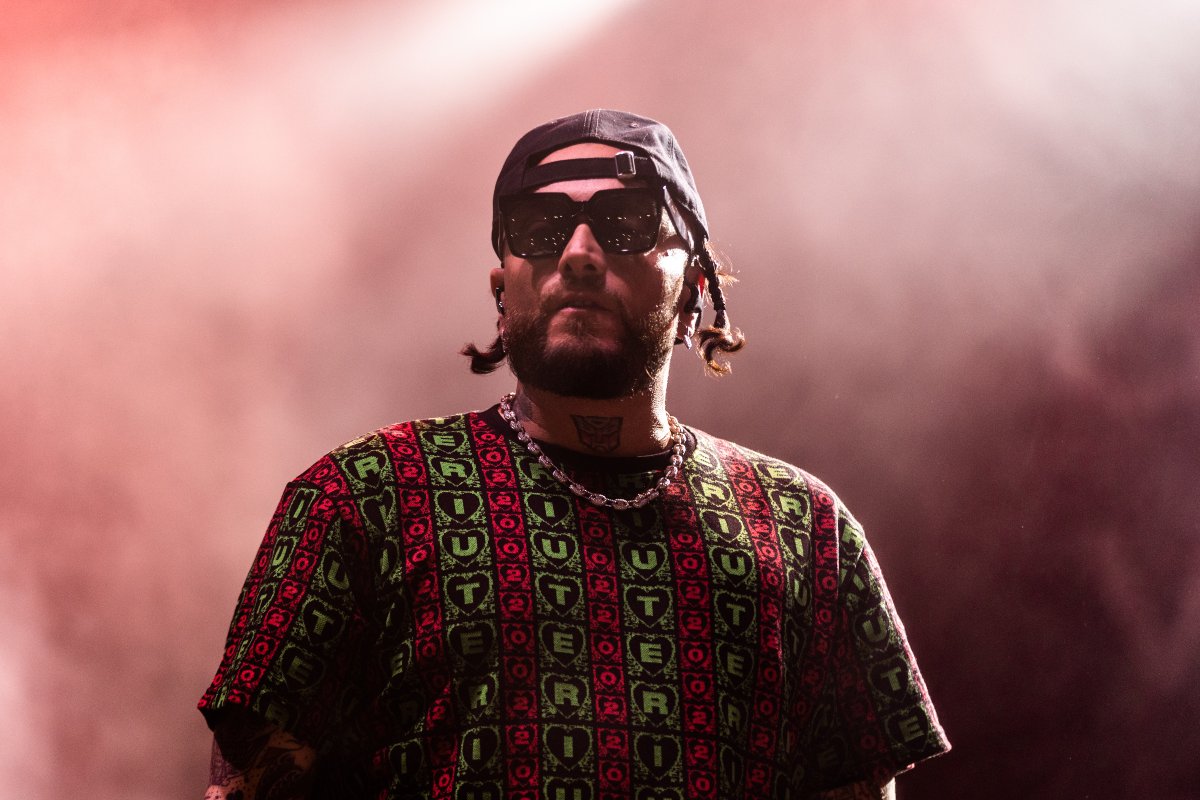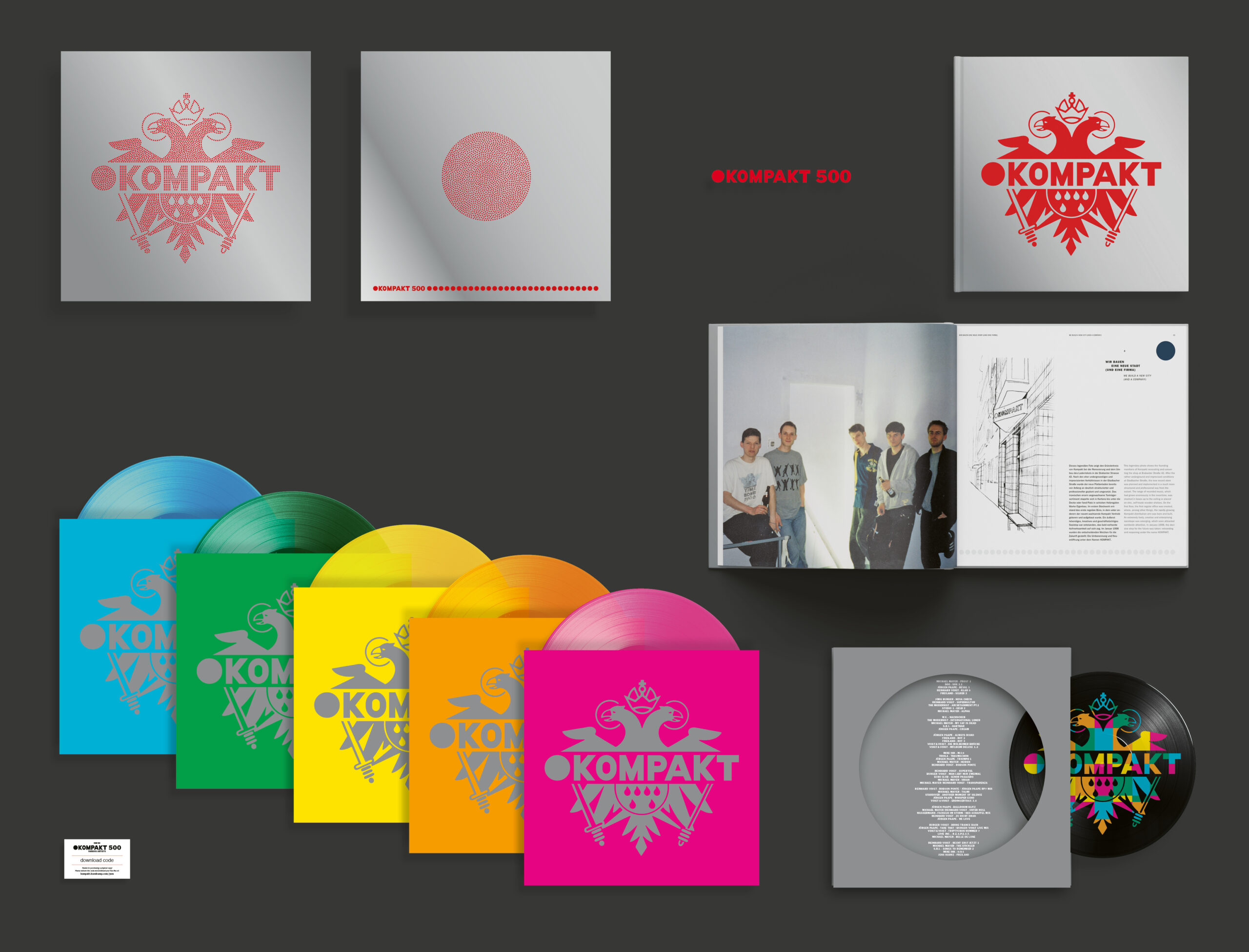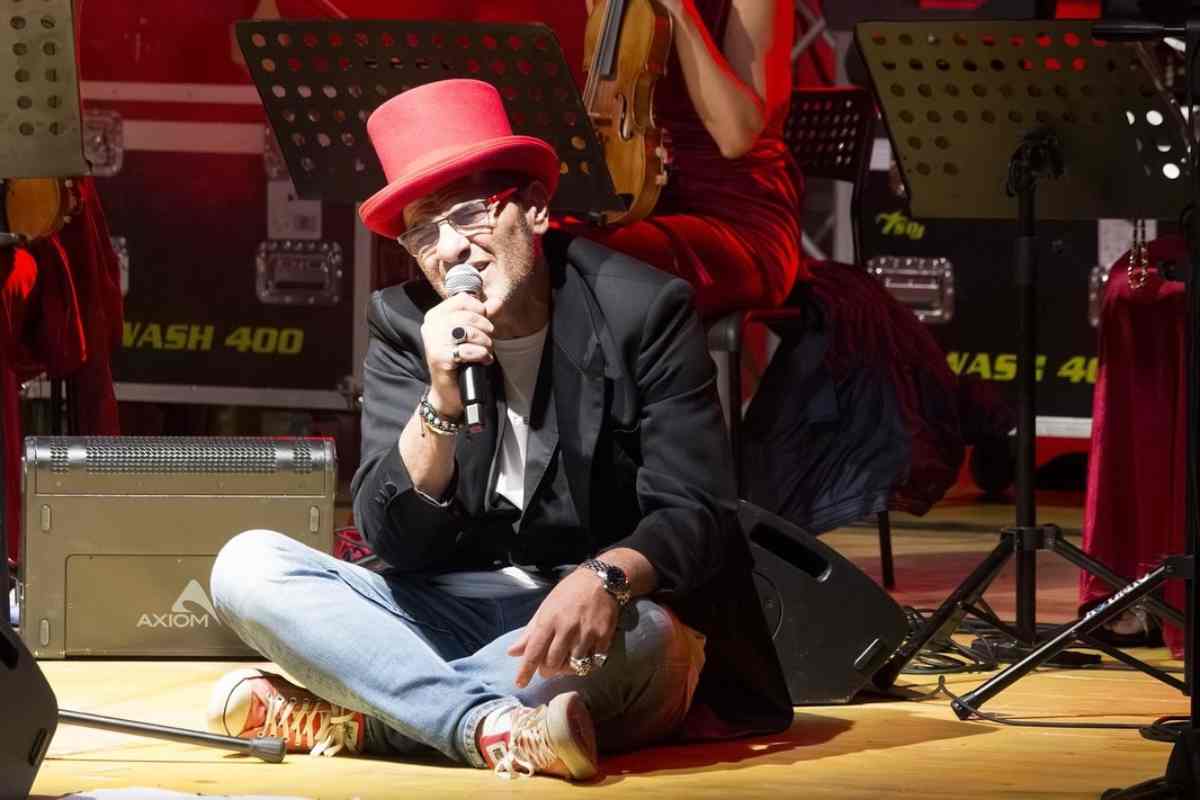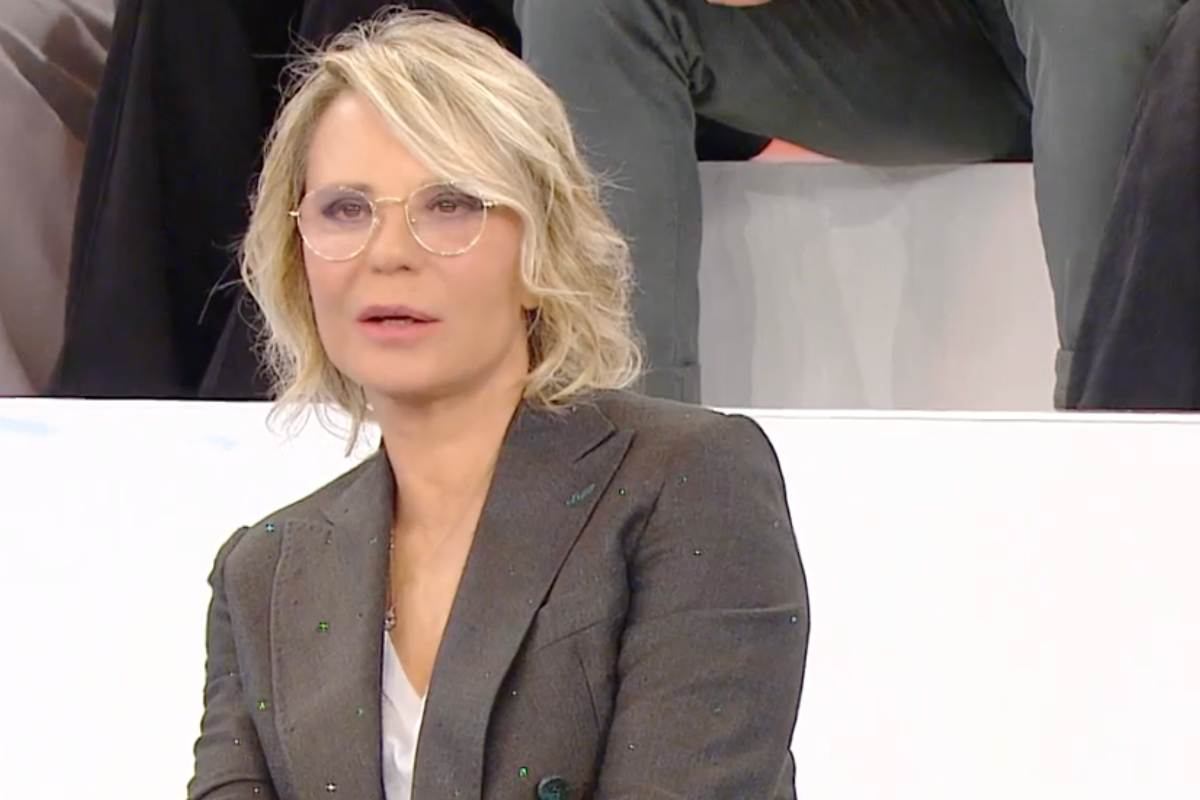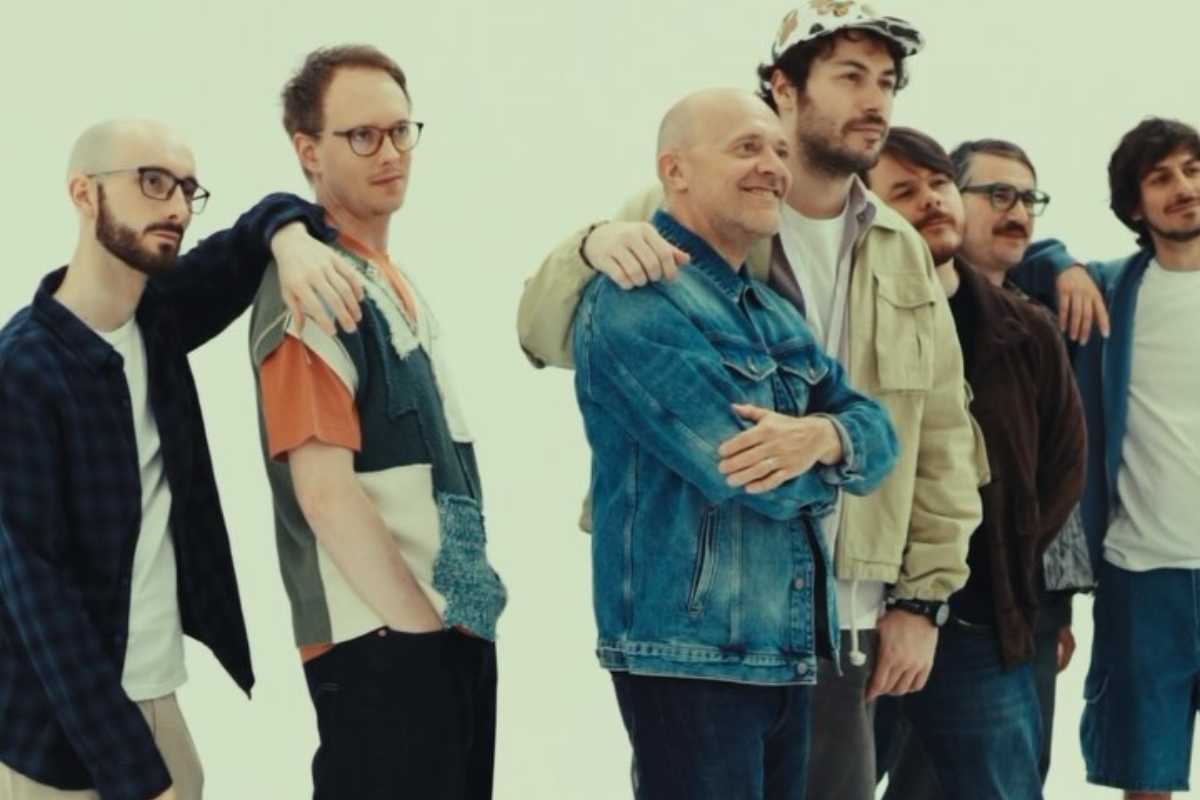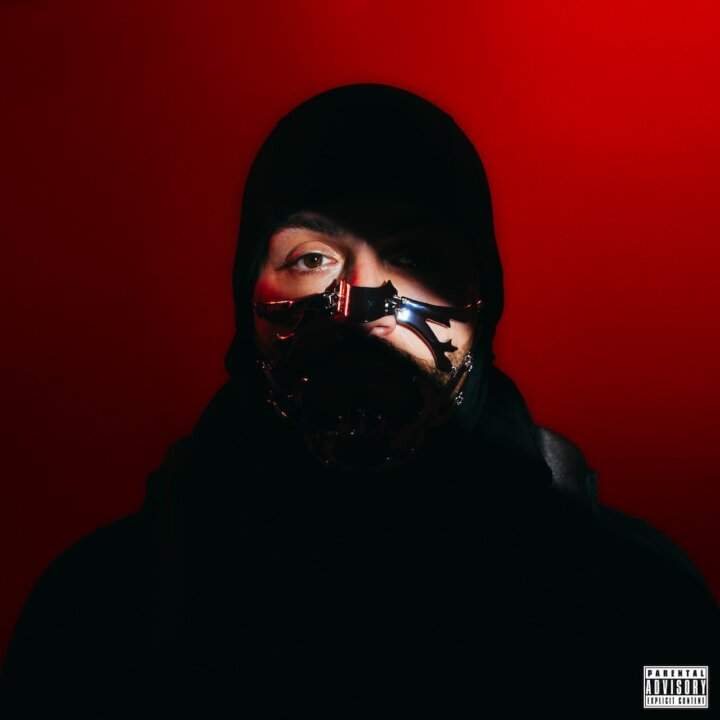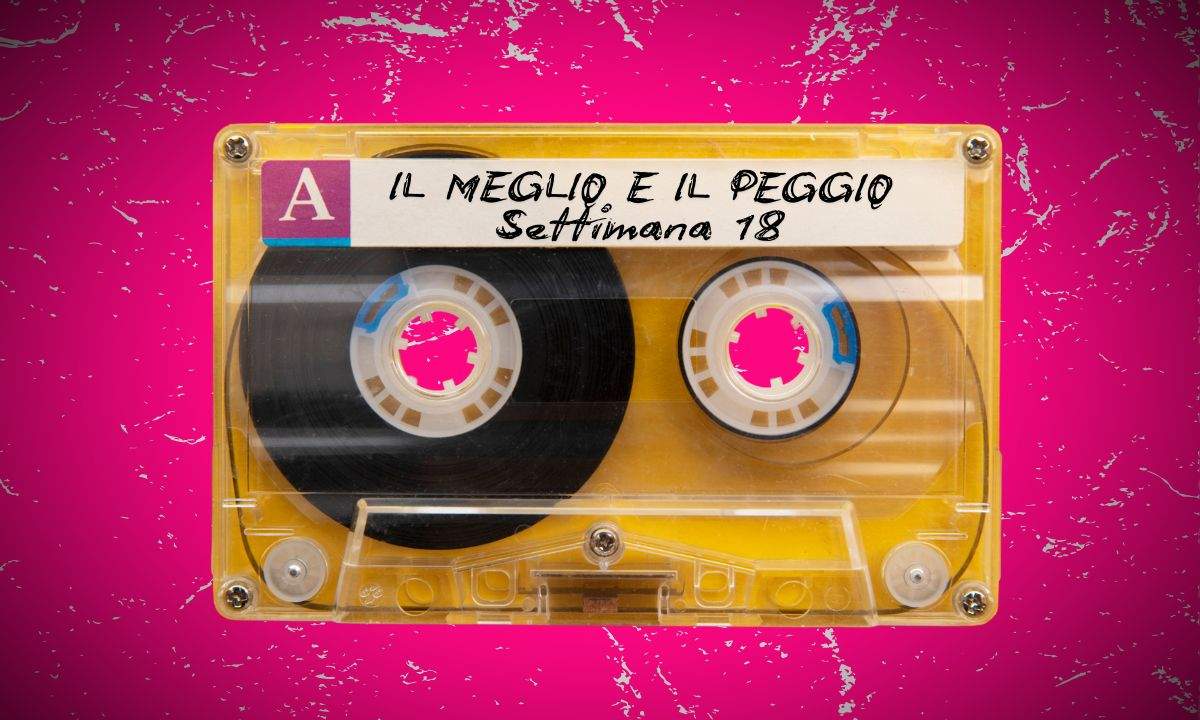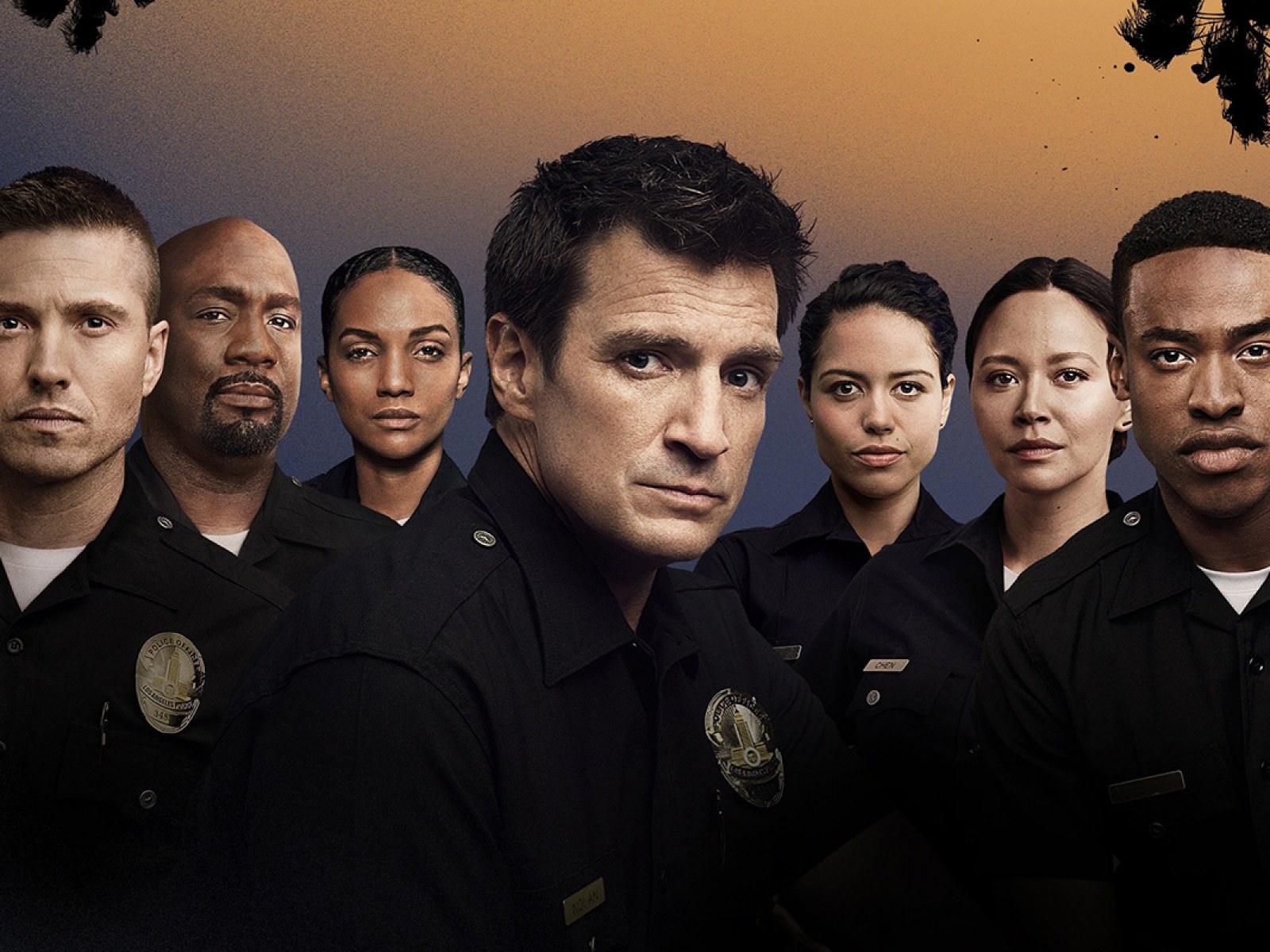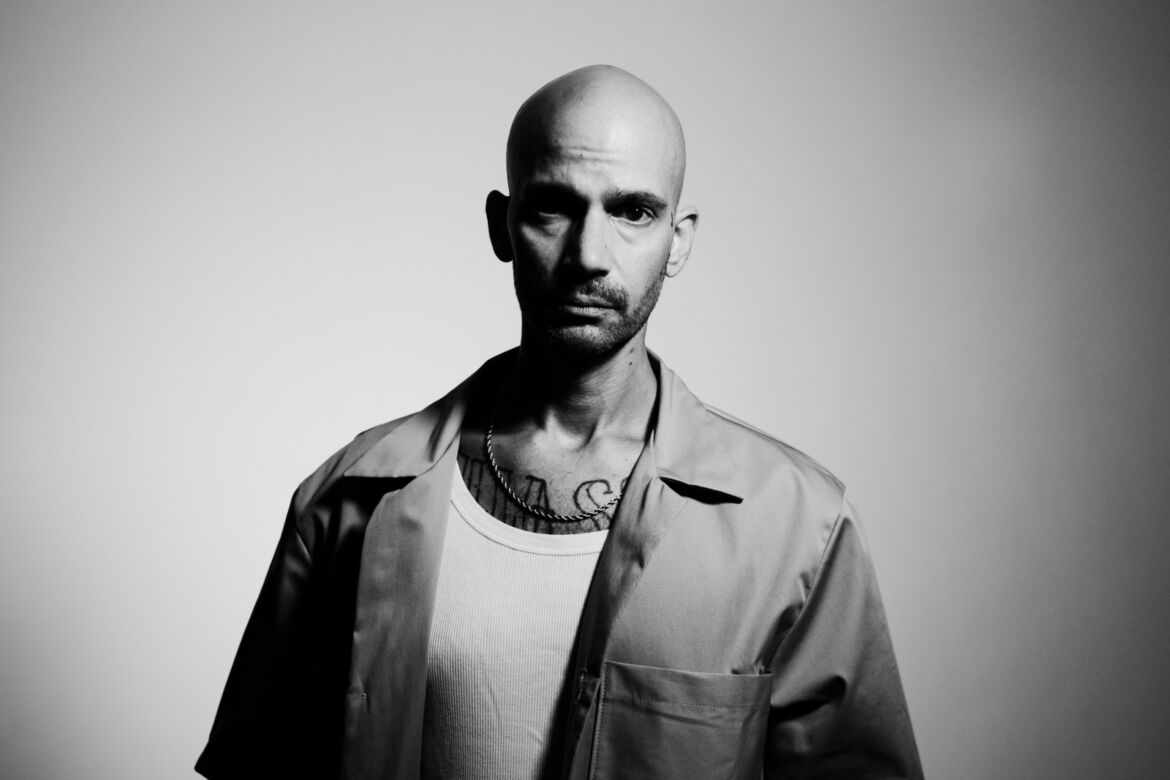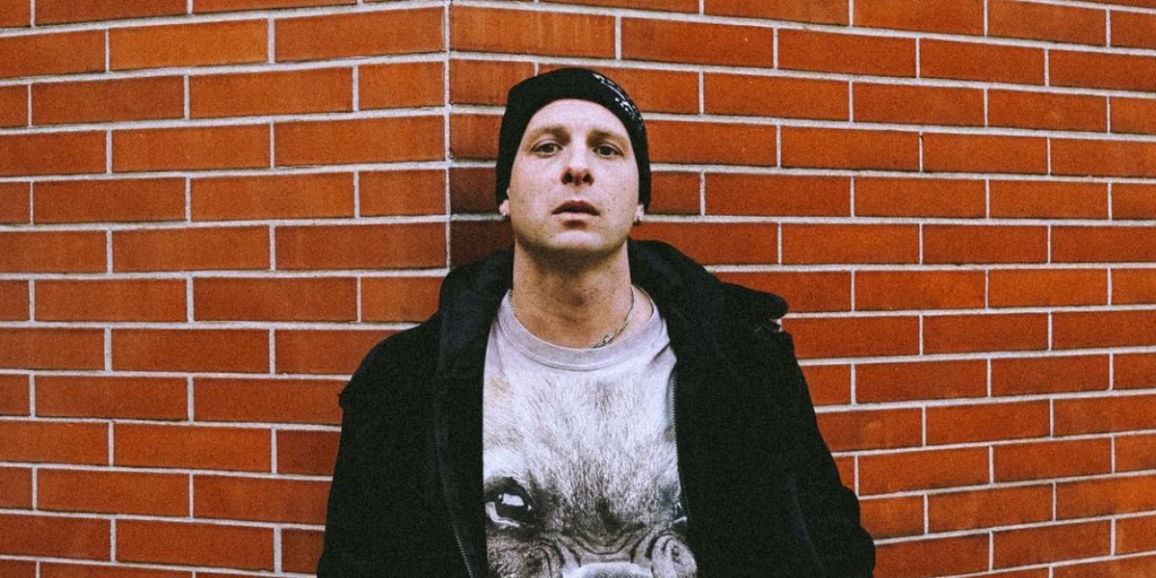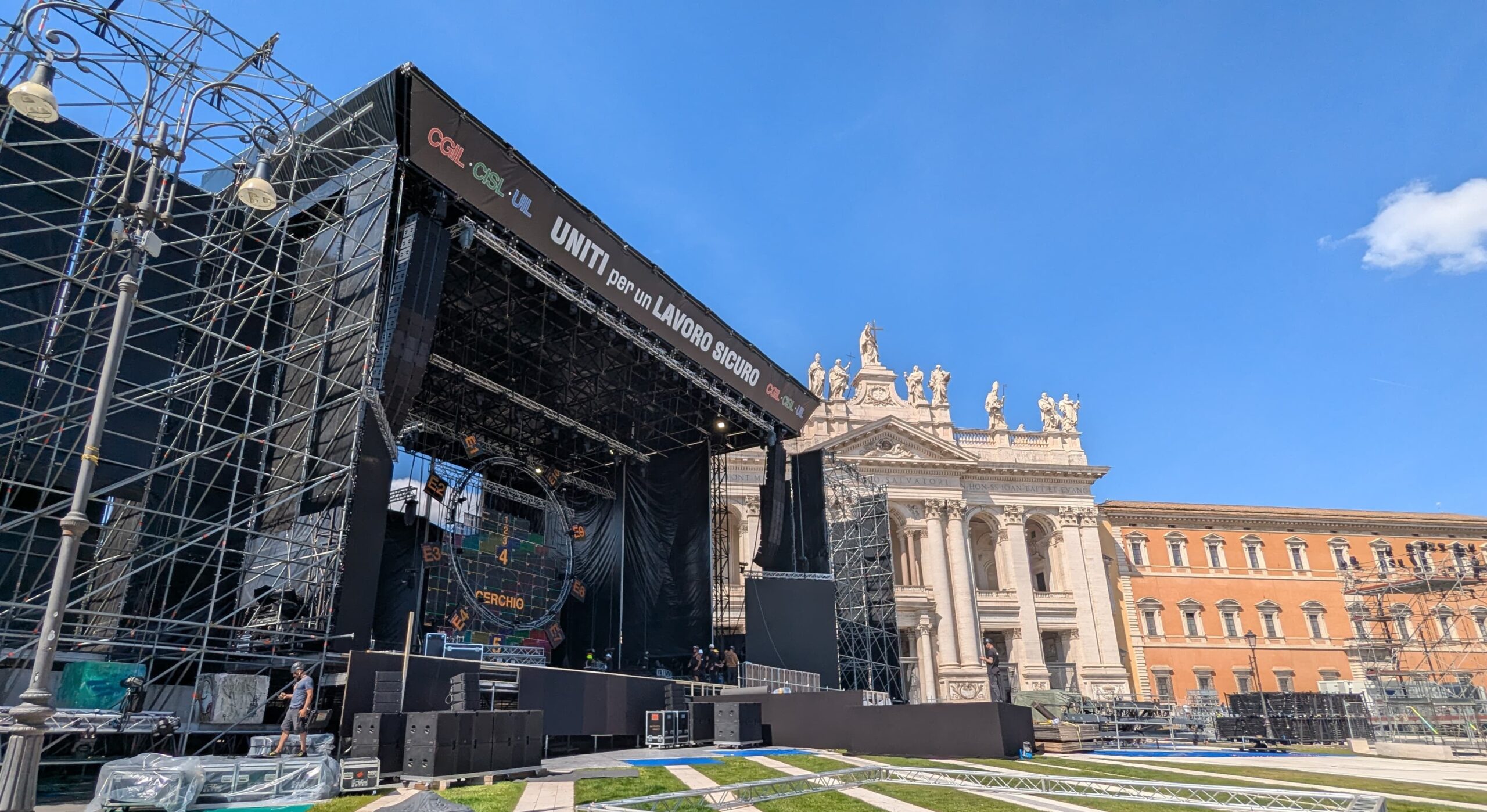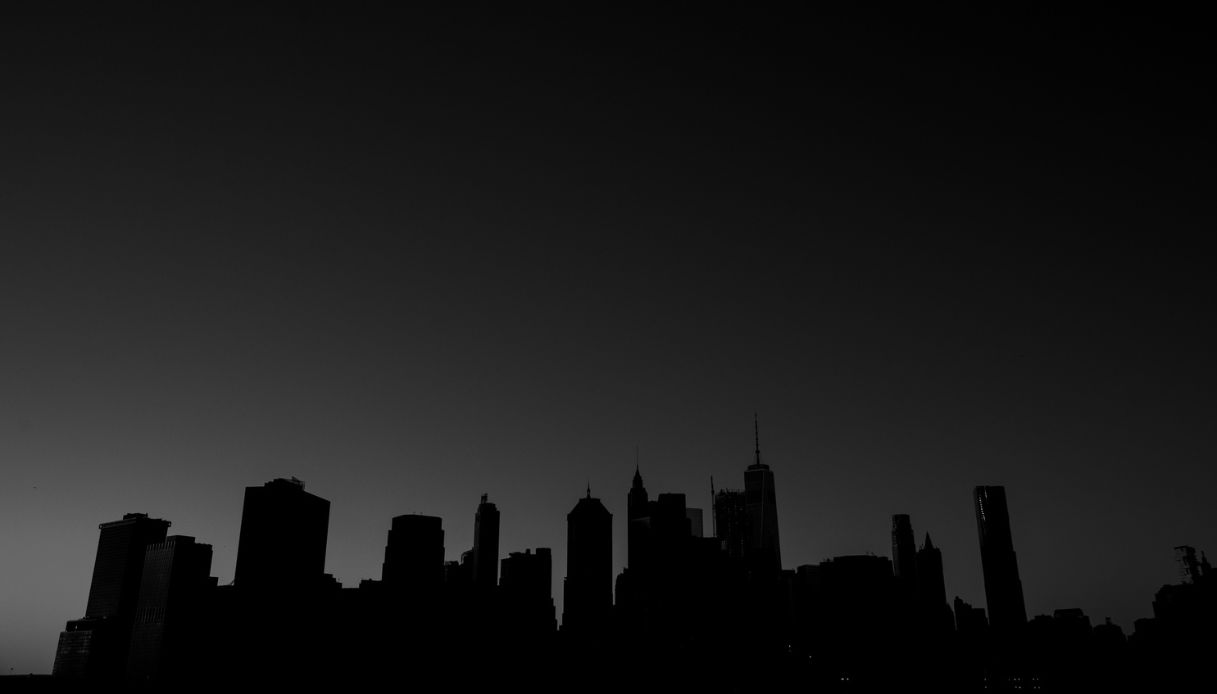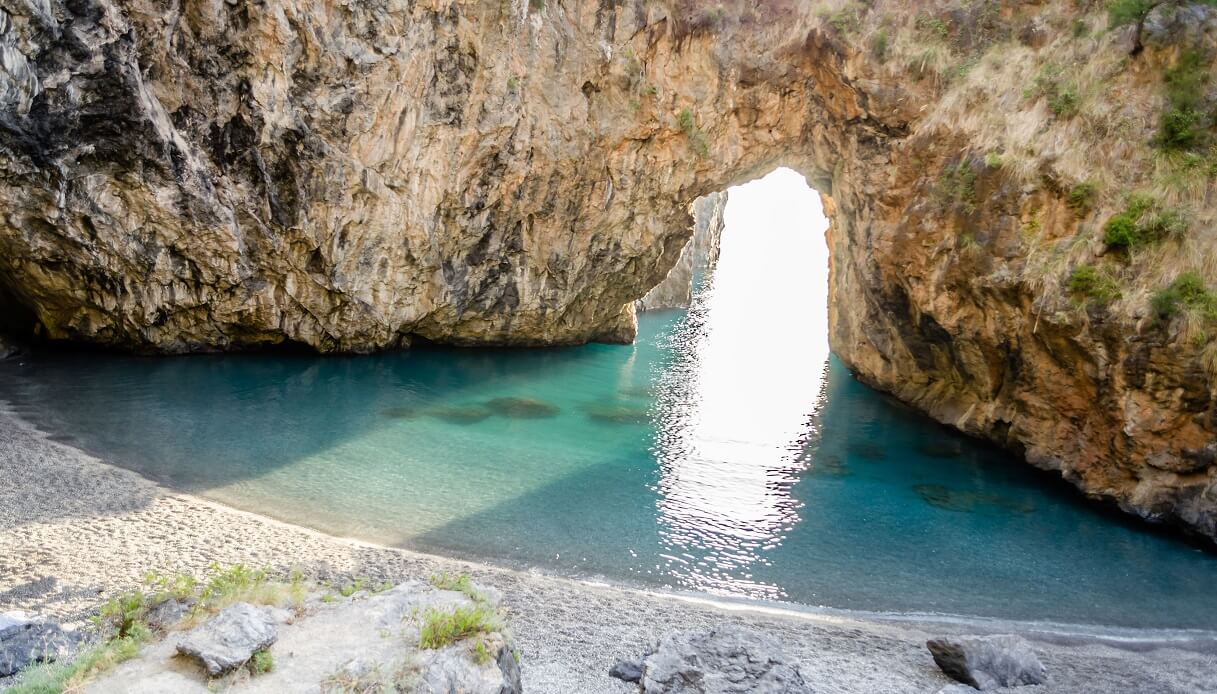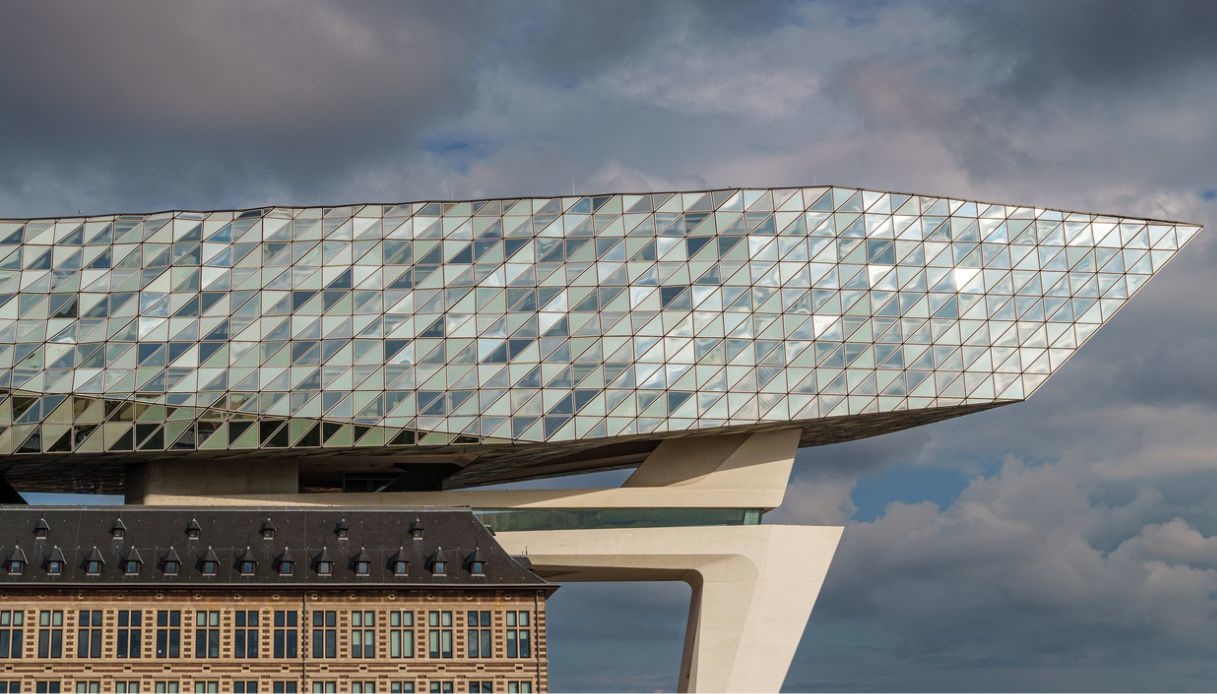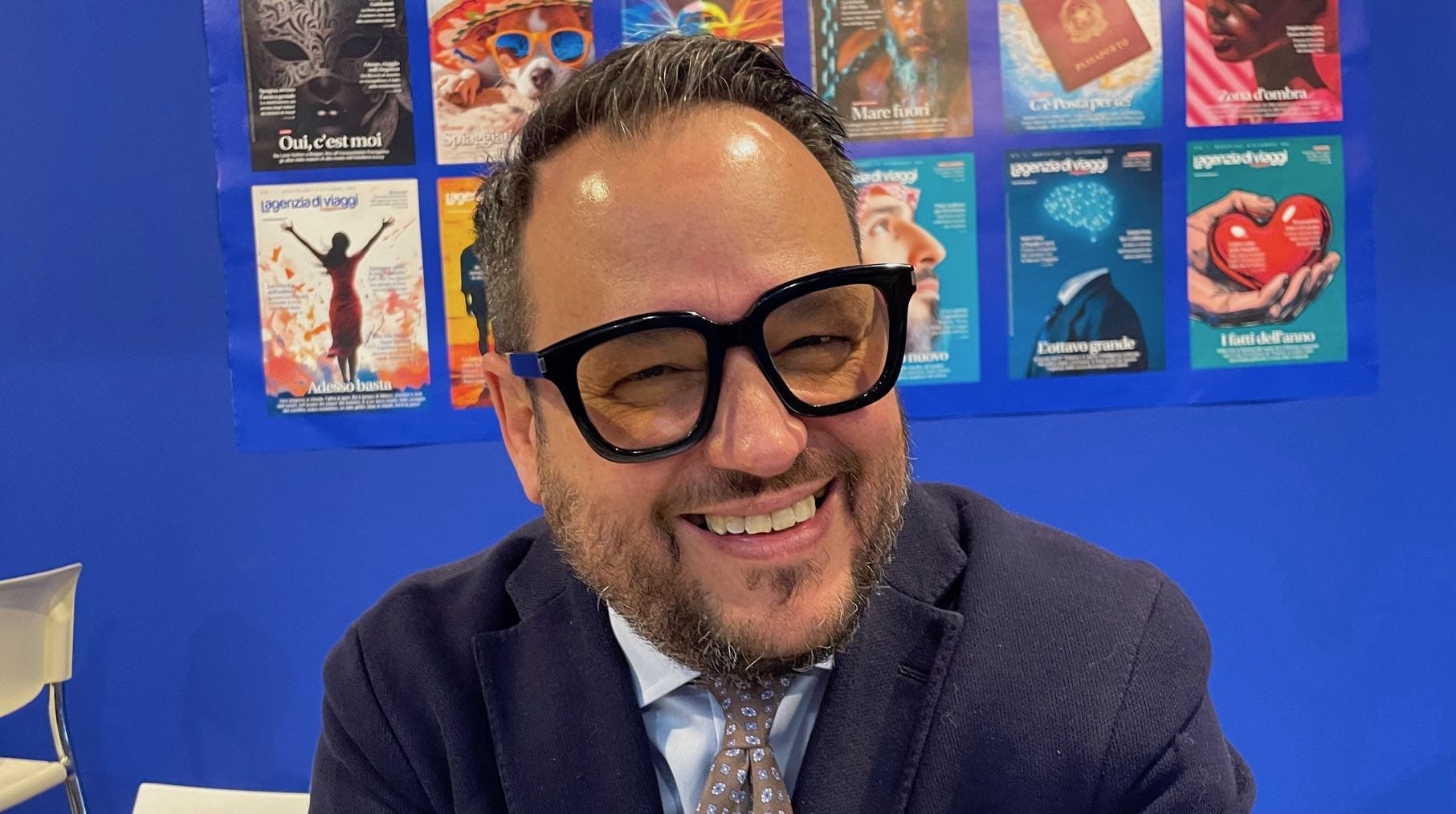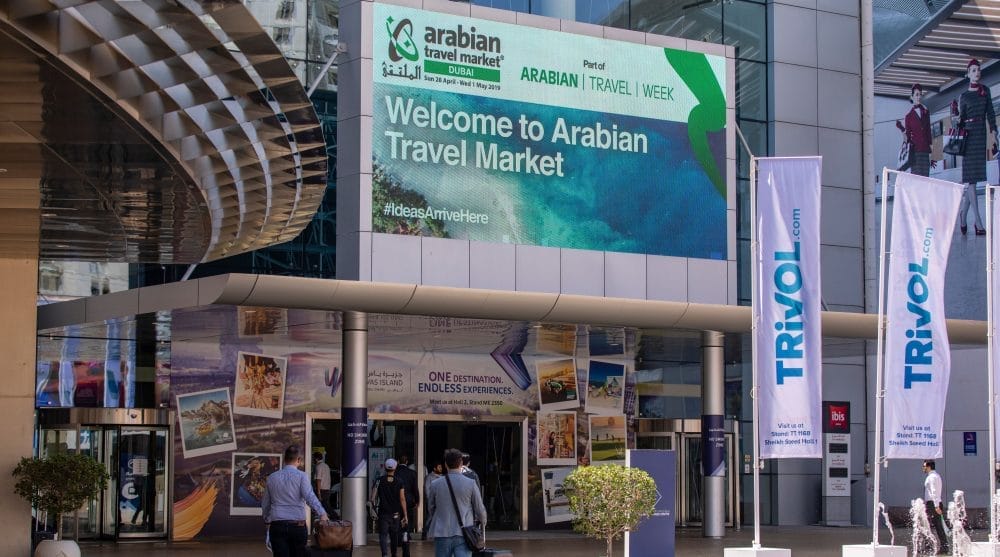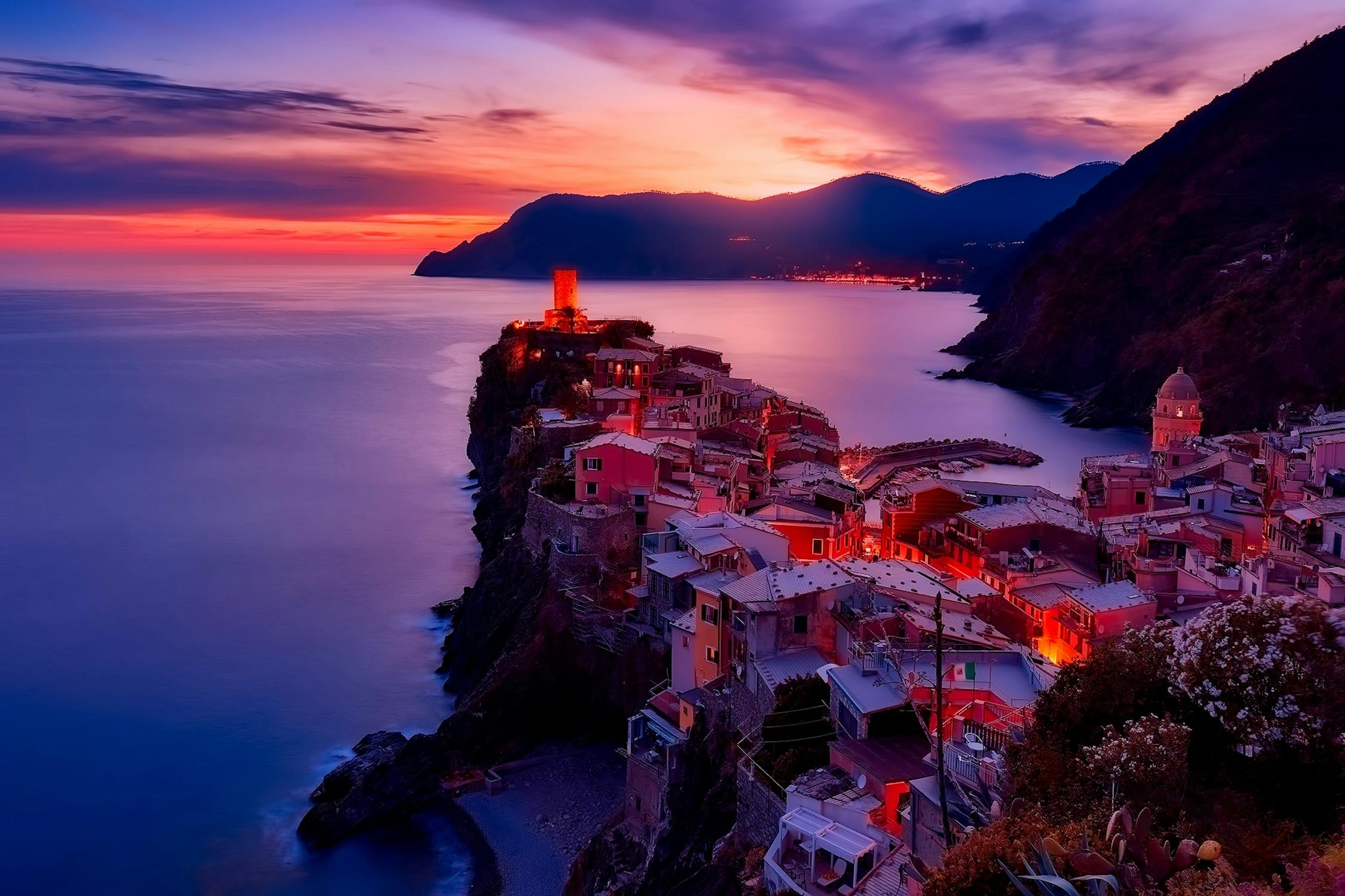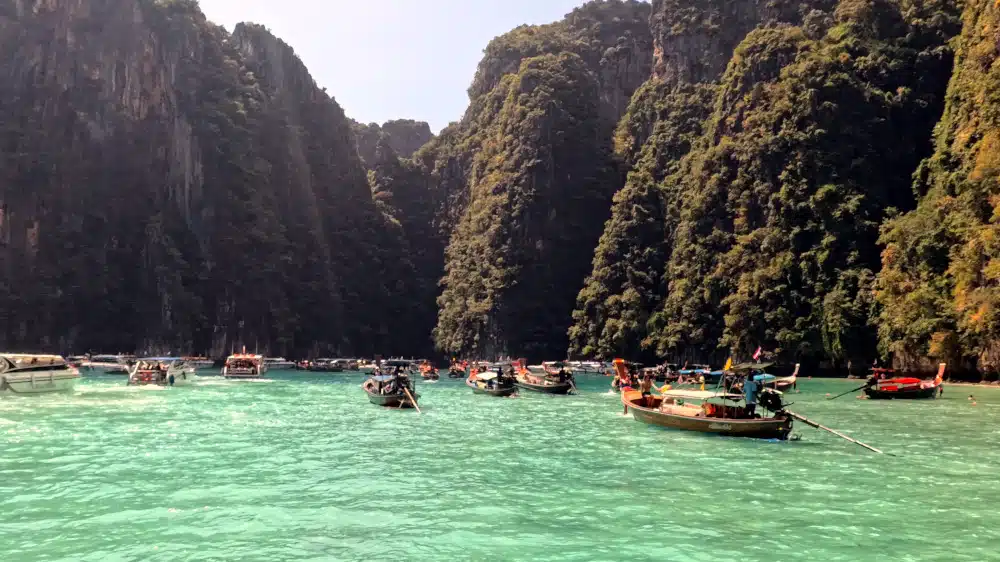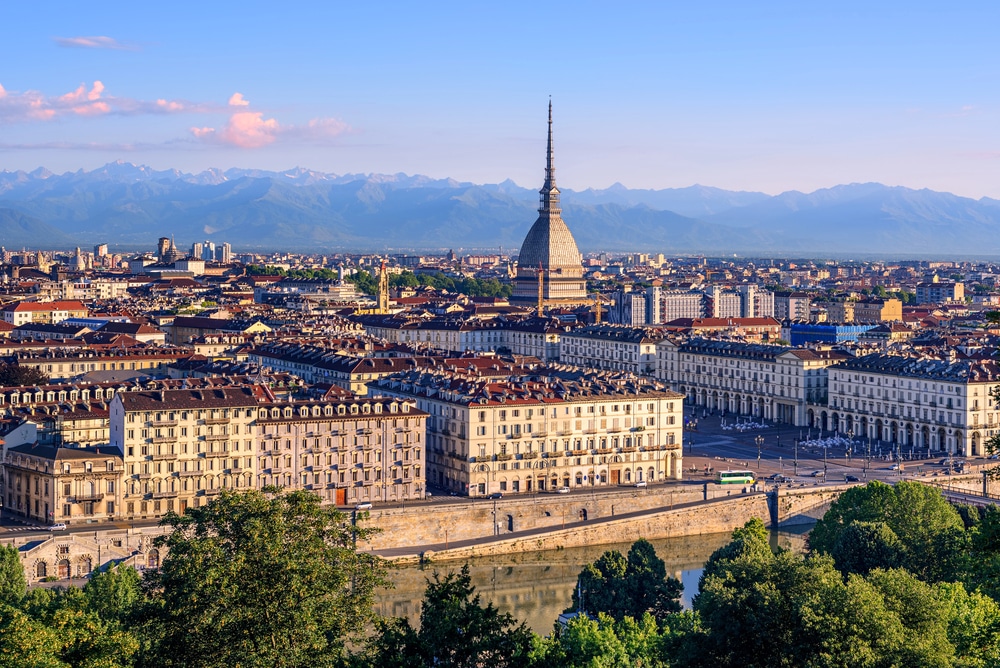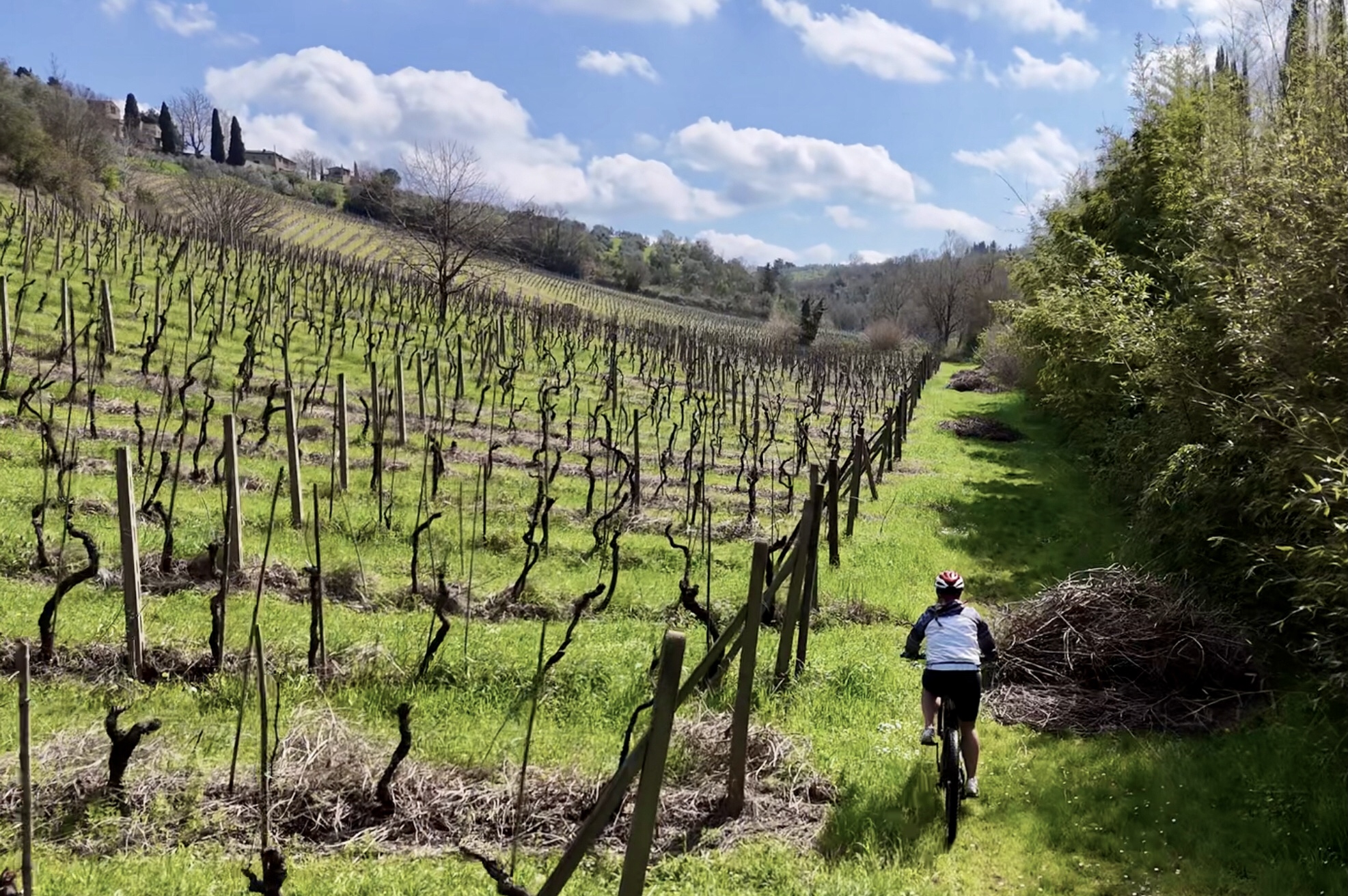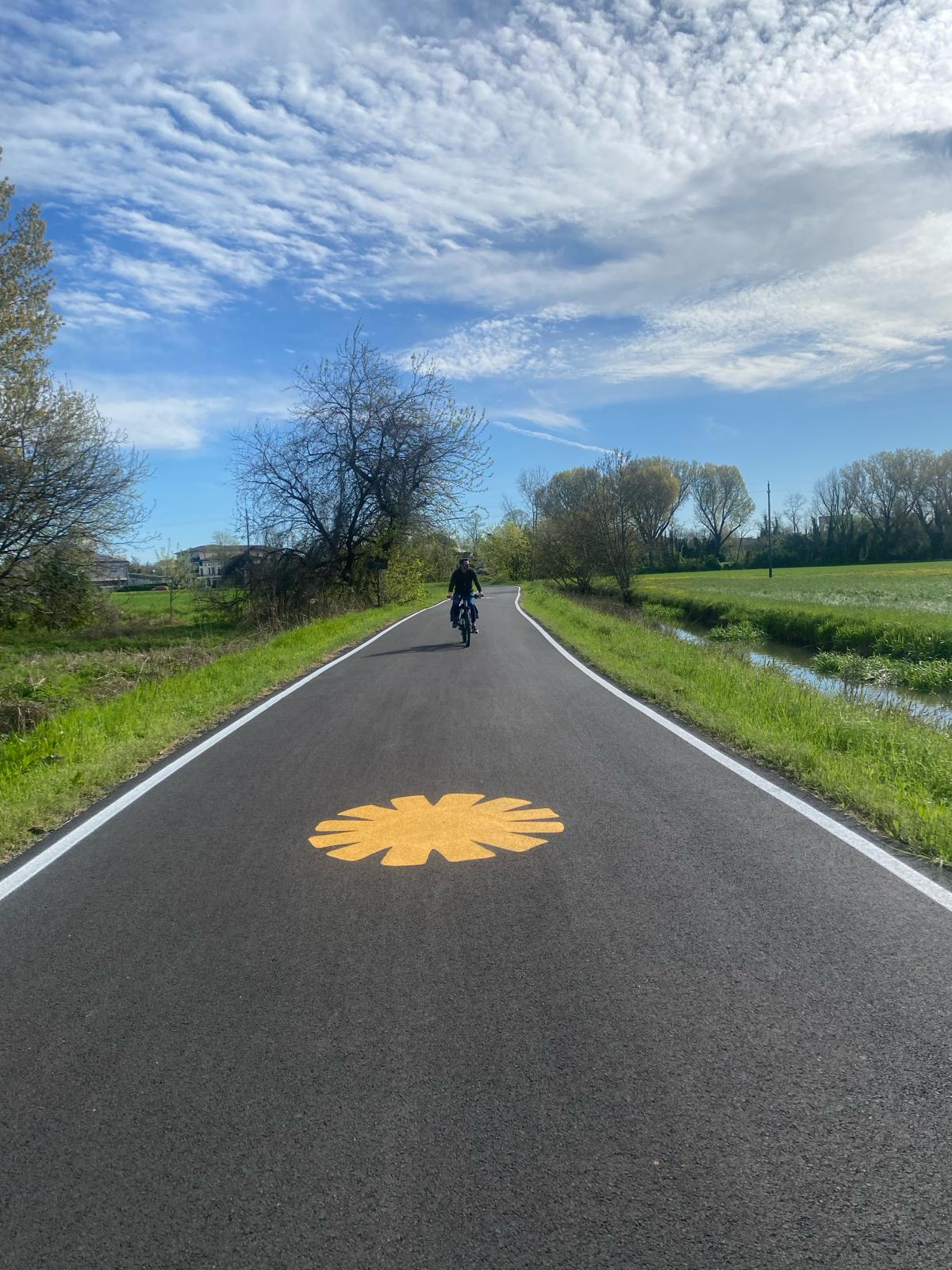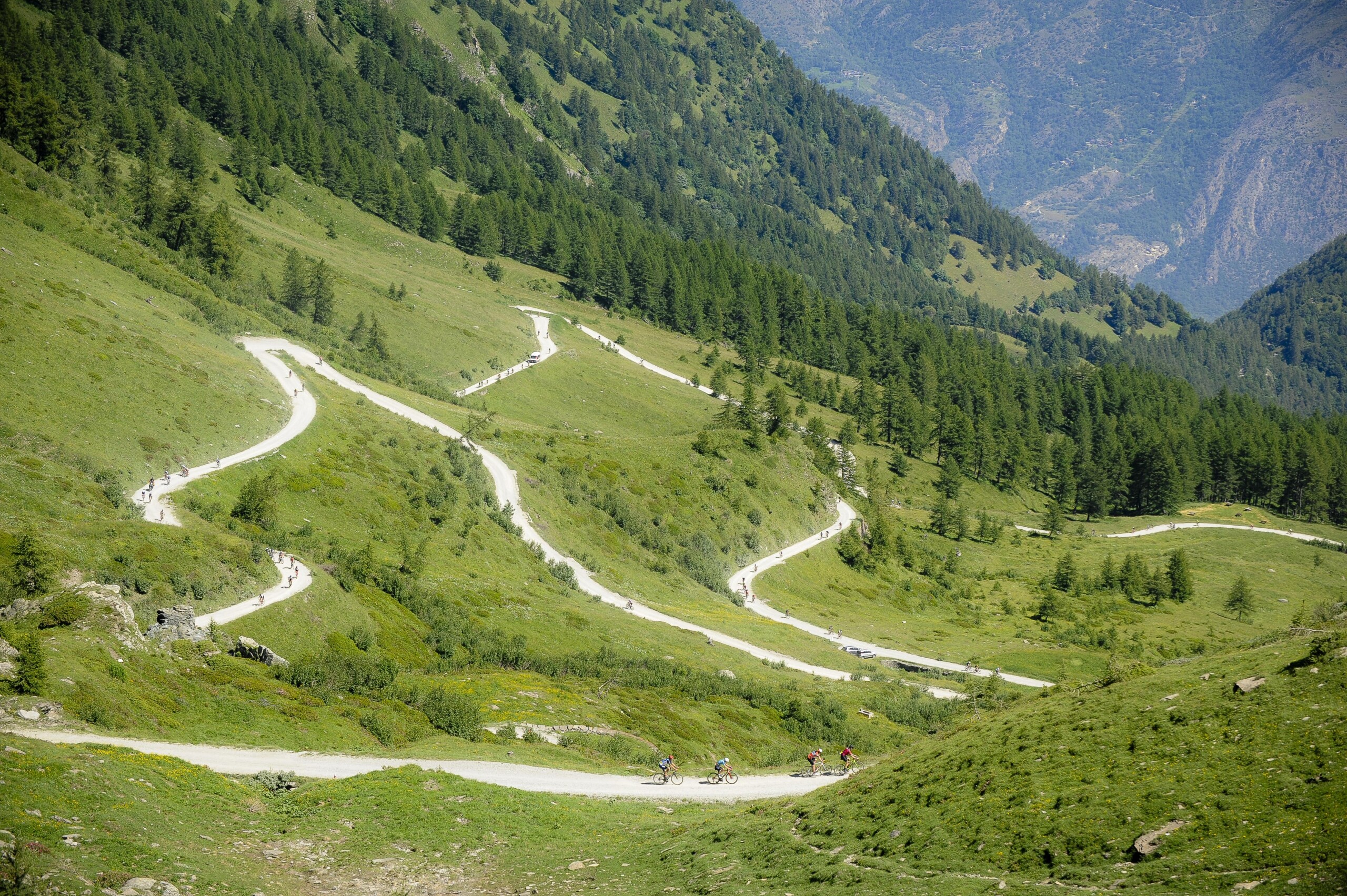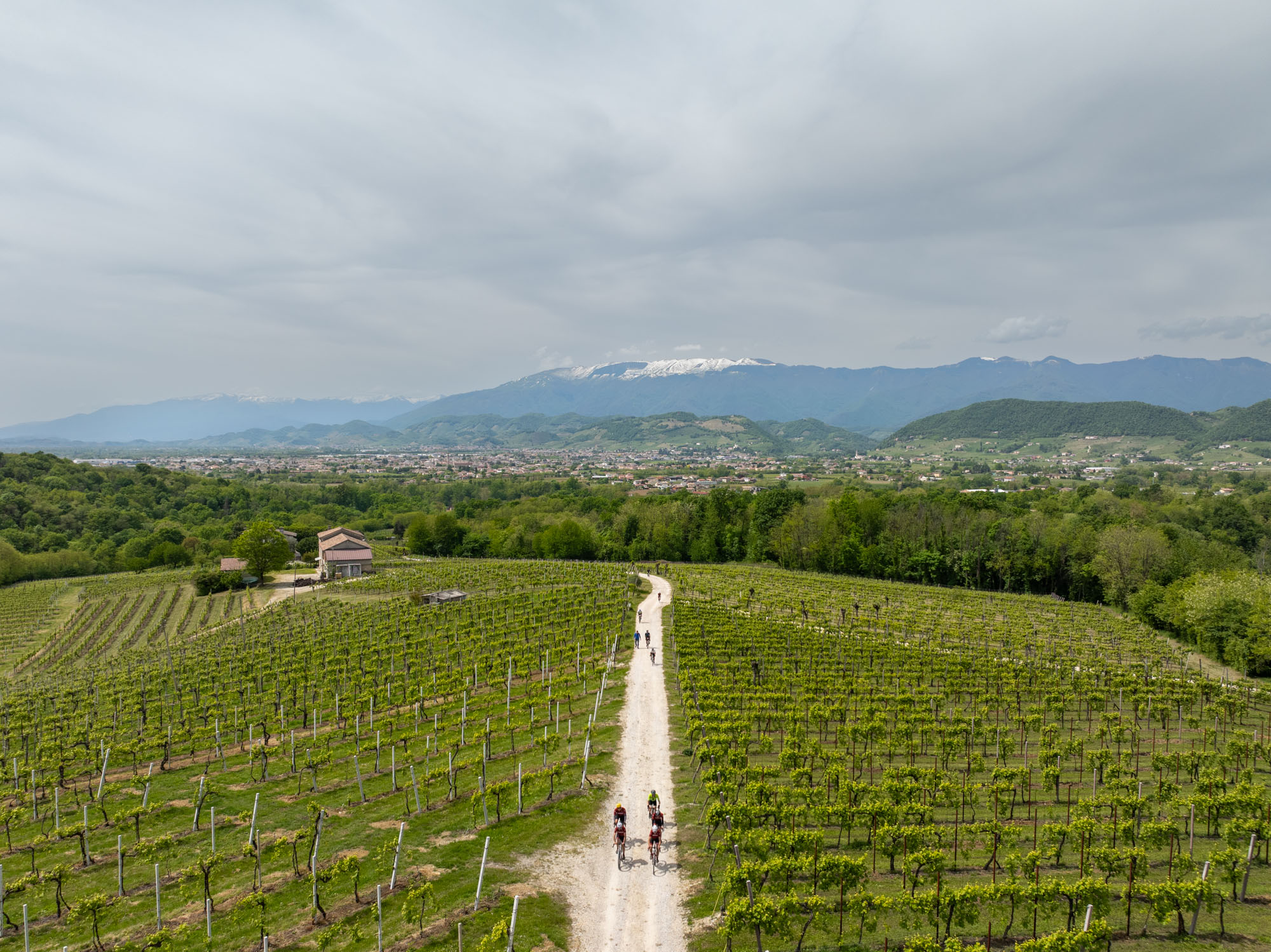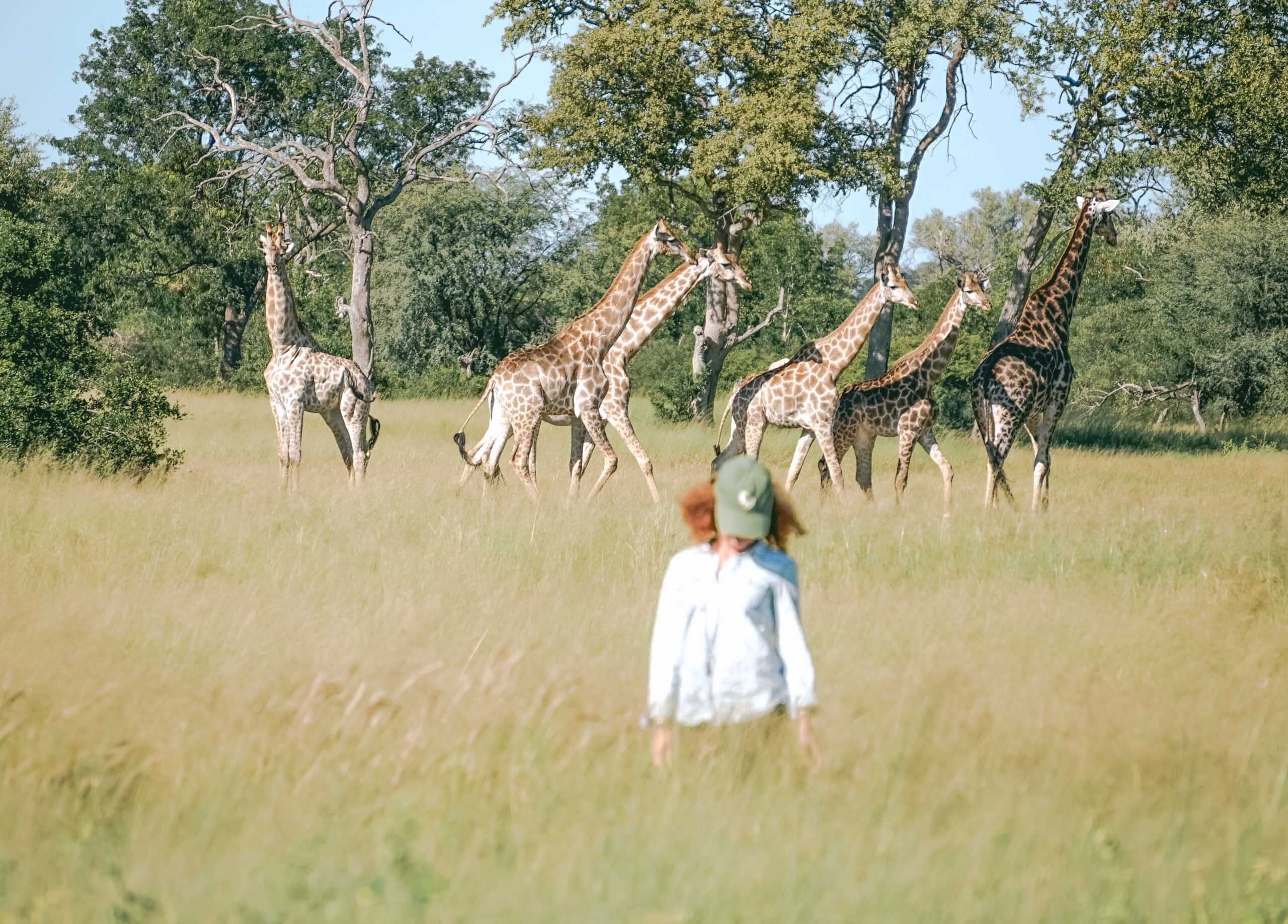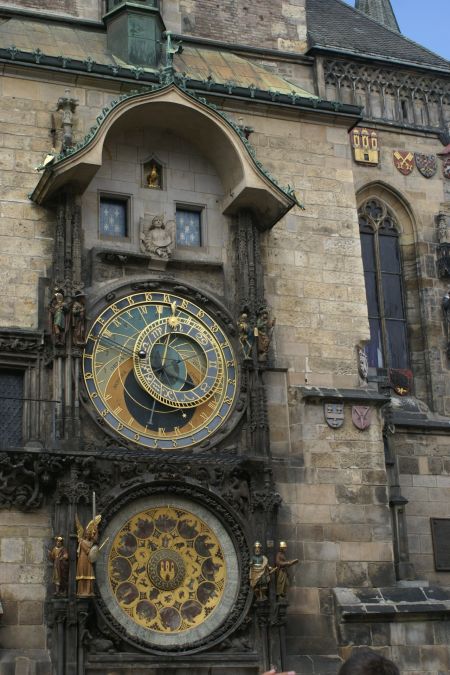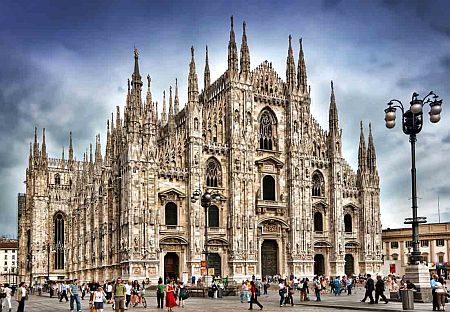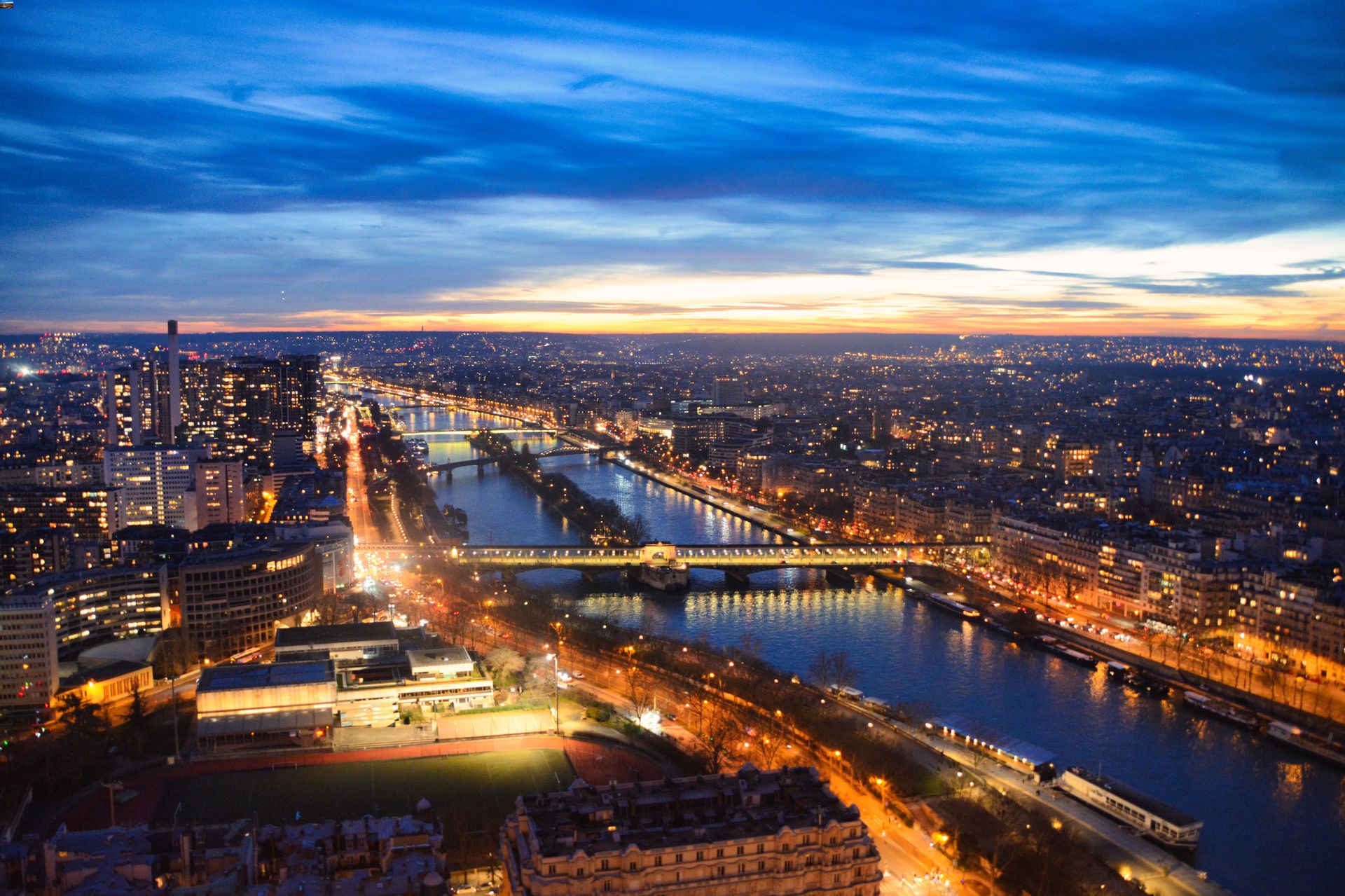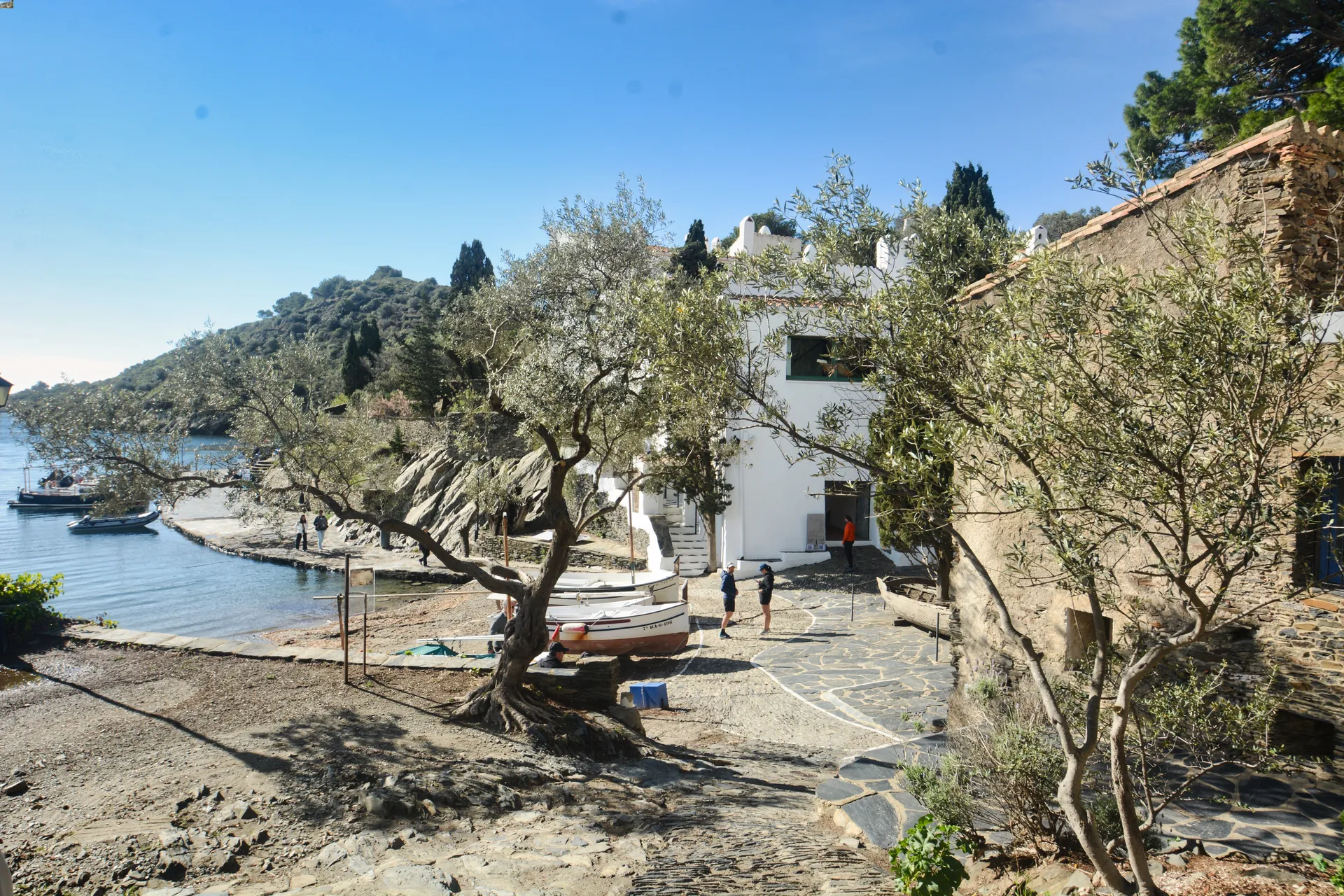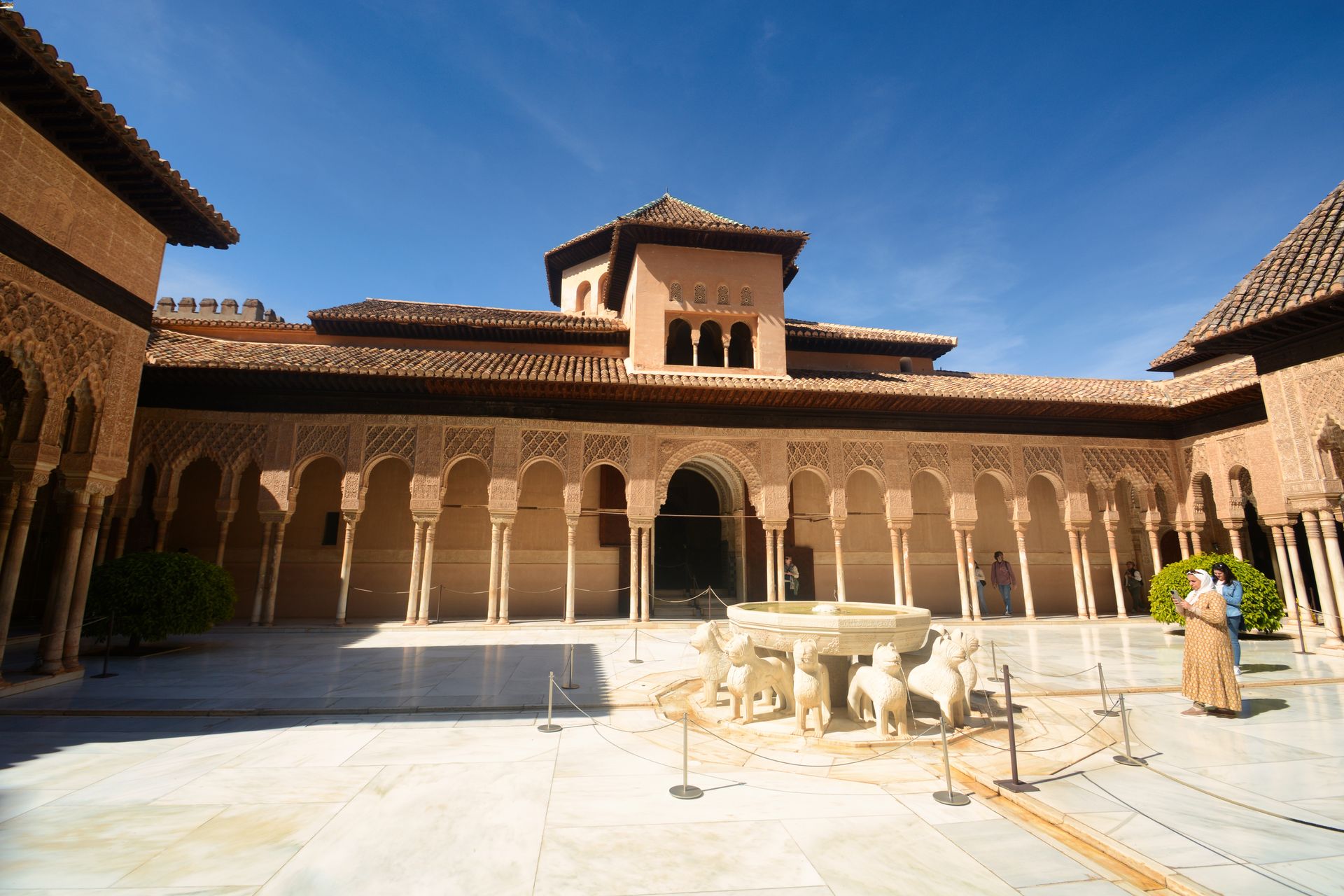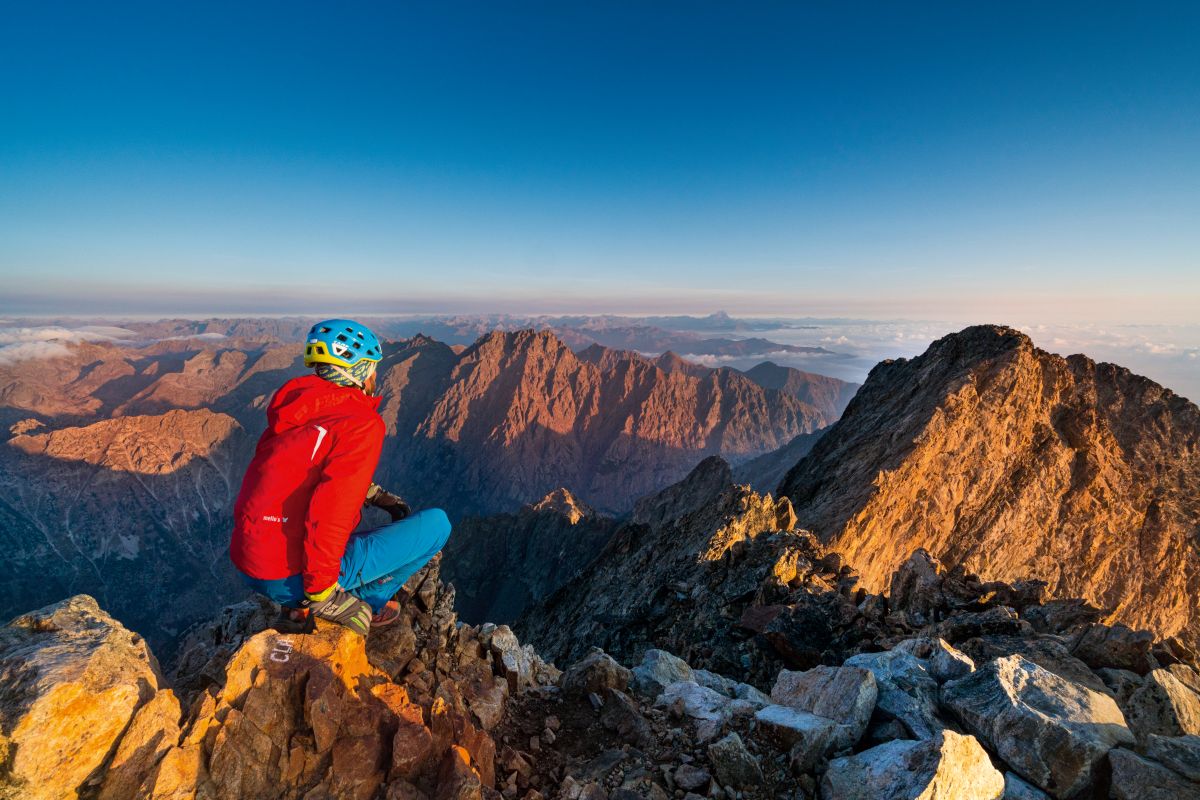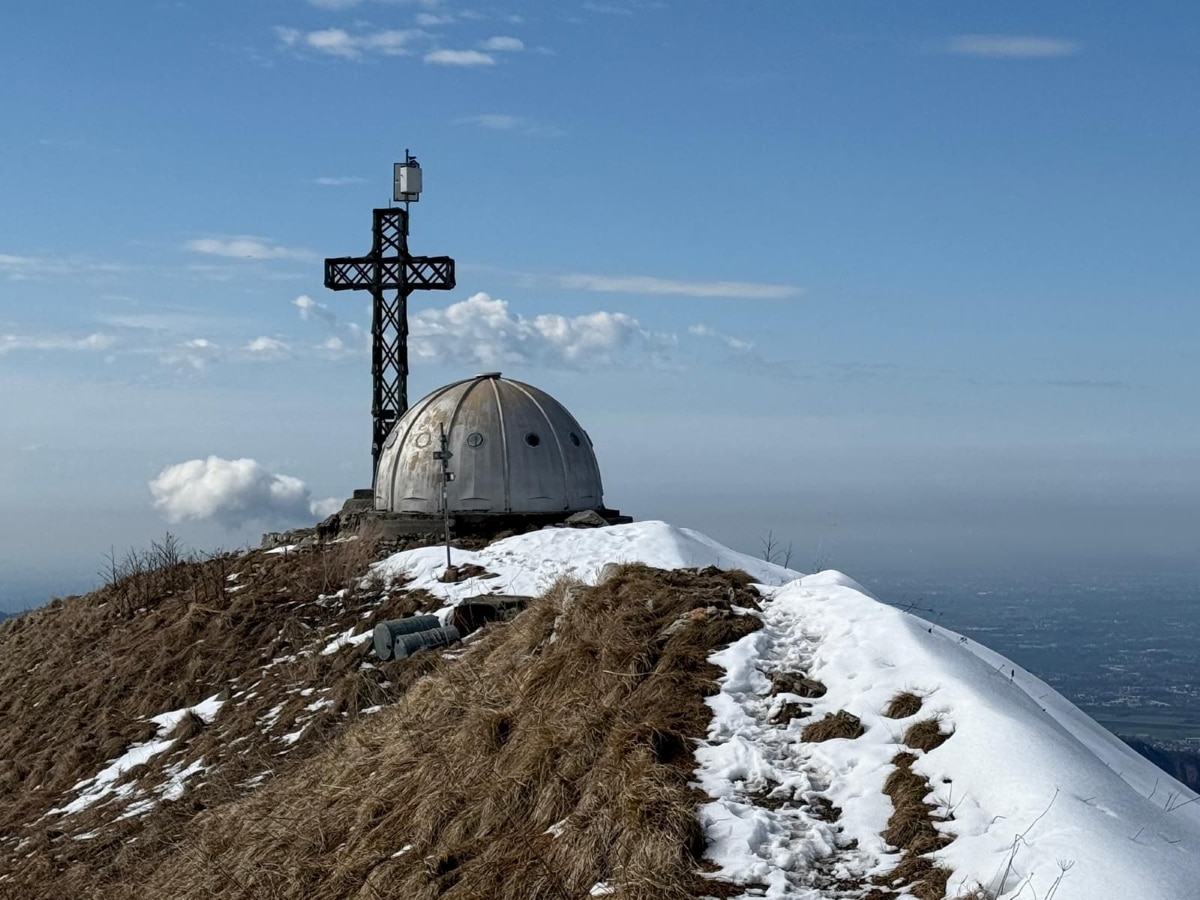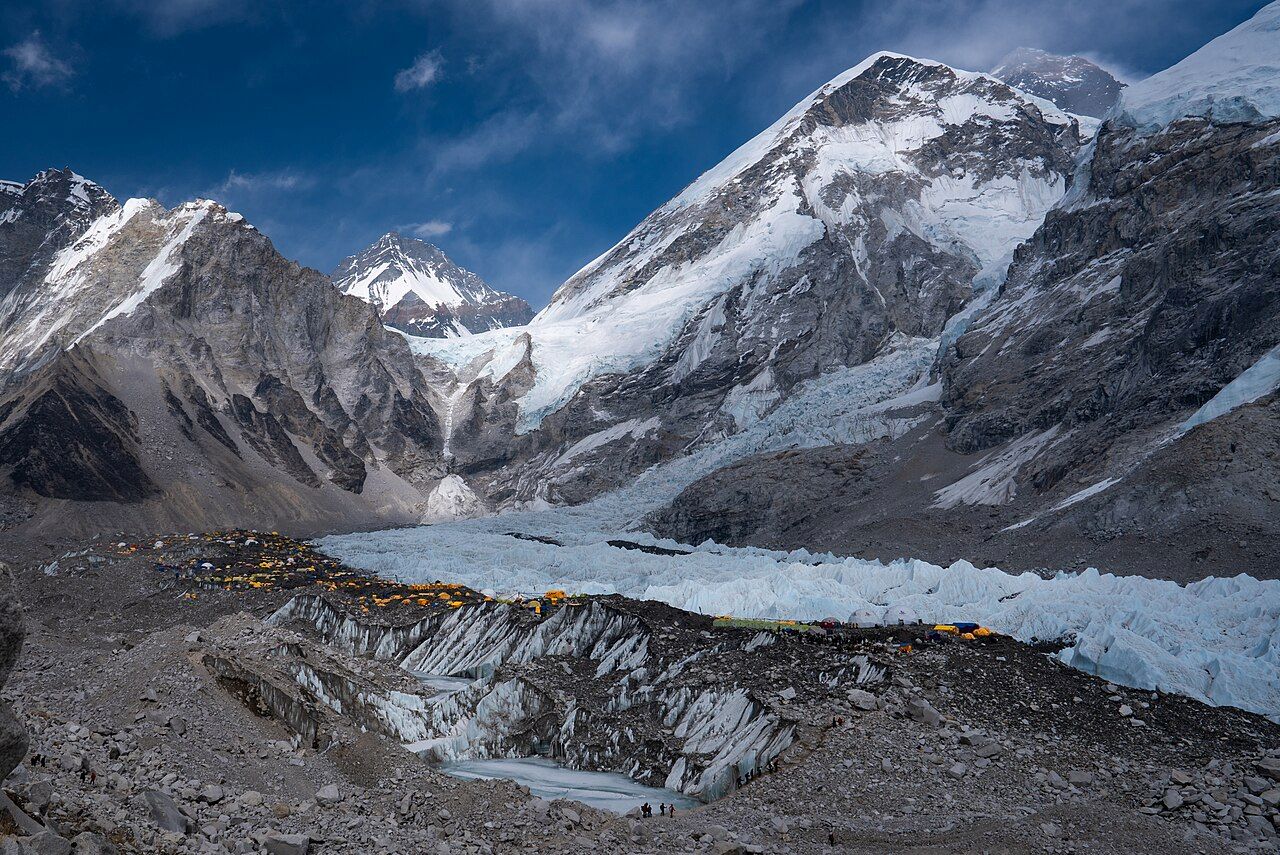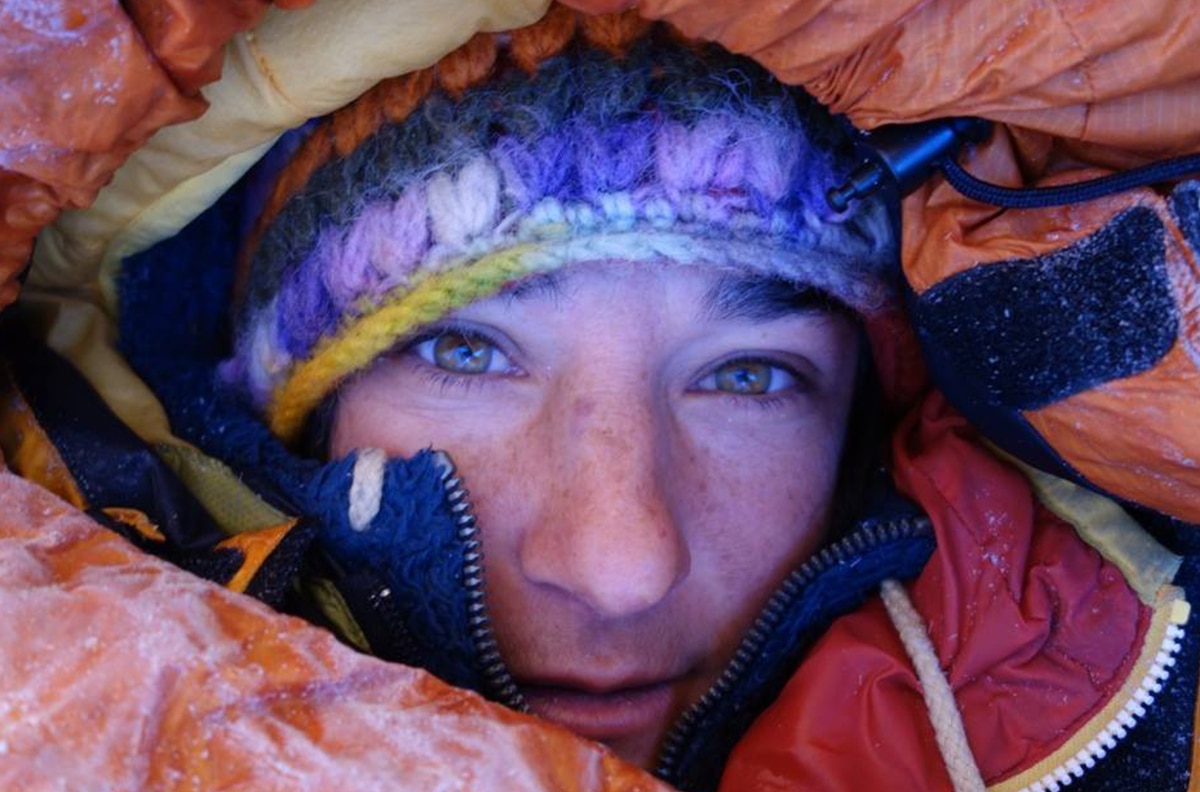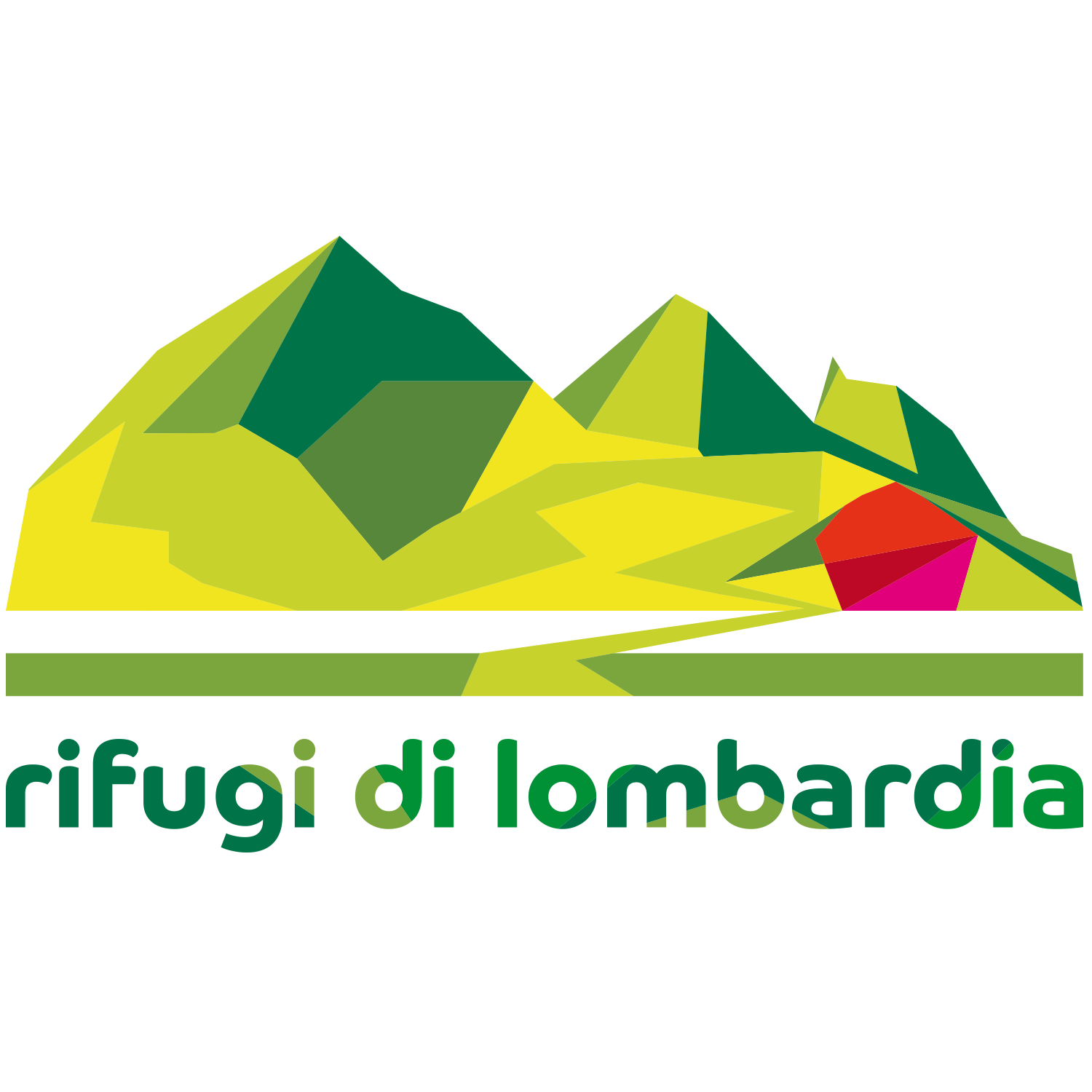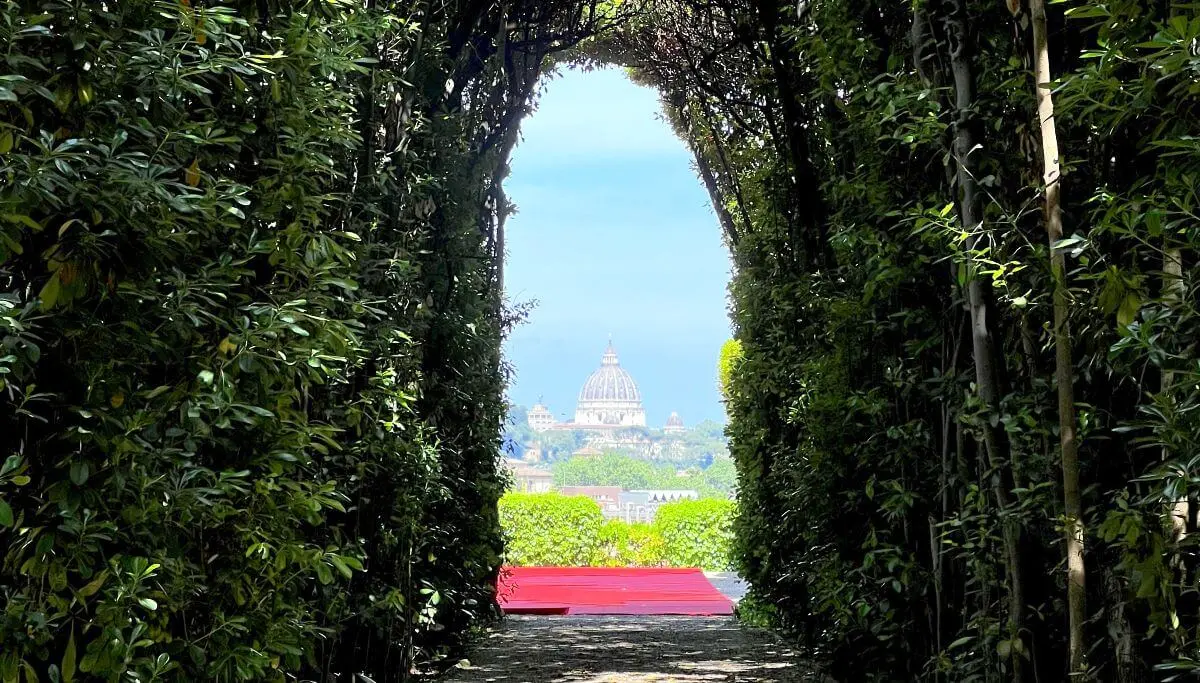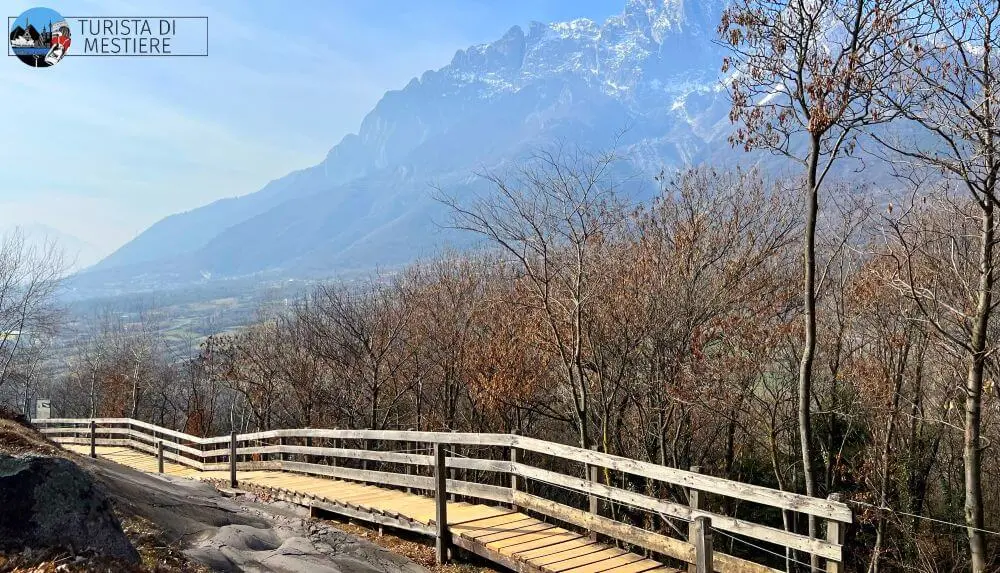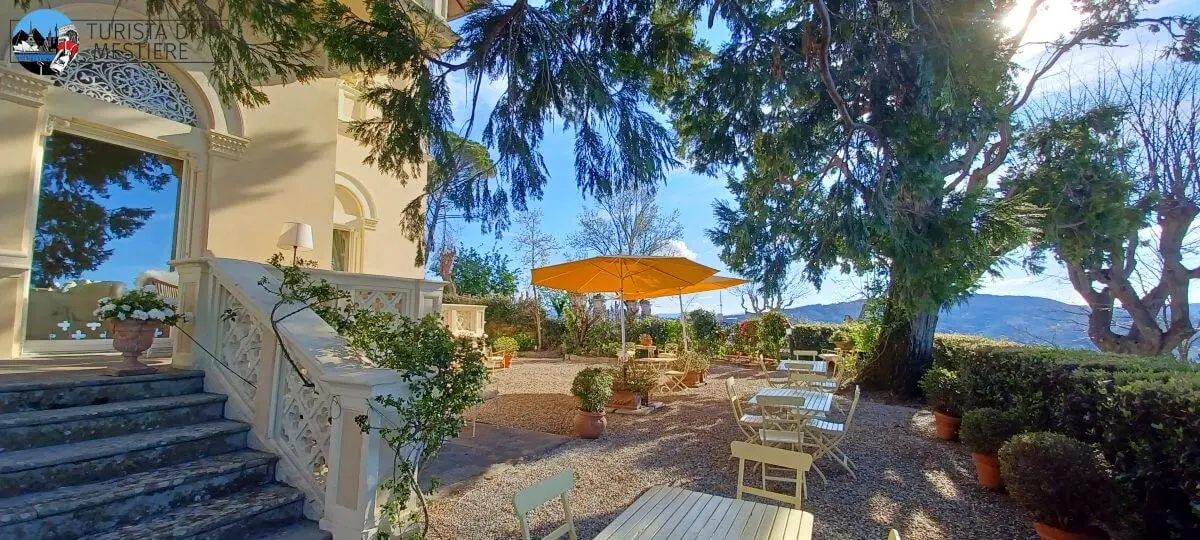Il signature sound di una vita: intervista ad Alexander Robotnick
In questa intervista ad Alexander Robotnick entriamo in contatto con la sua visione, che ha attraversato generi e generazioni, stringendo un patto indissolubile con la musica. L’odissea artistica di Maurizio Dami, A.K.A. Alexander Robotnick, ha solcato i mari delle melodie più remote, esplorando l’intrecciarsi di generi che sembravano non appartenersi, ma che lui ha saputo […] L'articolo Il signature sound di una vita: intervista ad Alexander Robotnick sembra essere il primo su Parkett.

In questa intervista ad Alexander Robotnick entriamo in contatto con la sua visione, che ha attraversato generi e generazioni, stringendo un patto indissolubile con la musica.
L’odissea artistica di Maurizio Dami, A.K.A. Alexander Robotnick, ha solcato i mari delle melodie più remote, esplorando l’intrecciarsi di generi che sembravano non appartenersi, ma che lui ha saputo far dialogare come pochi altri nella scena elettronica e non solo.
Classe ’50, Maurizio si affaccia al mondo della musica come jazzista e appassionato di world music – di cui, negli anni, avrà diverse band – e, solo dopo, inizia a sentire il richiamo dell’elettronica. Fin da subito, il suo non è un approccio al dancefloor, ma più allo studio. Macchine, tastiere, synth, bassline, drum machine e qualsiasi altro strumento che negli anni ’80 iniziasse a riempire le stanze e i garage di chi ami sperimentare con suoni e frequenze, diventano per lui il modo di dialogare con il mondo.
Come Alexander ha dichiarato più volte, il club non è mai stato il suo habitat naturale, ciò che davvero lo fa sentire a casa è il suo studio. Questo rende le sue produzioni e il suo approccio alla musica elettronica ancora più interessante, come si può percepire dalla sua label Hot Elephant Music. La naturalezza nel prendersi uno “spazio” che non gli appartiene del tutto, facendo semplicemente ciò che gli riesce meglio, racconta di un artista poliedrico, che non per forza deve essere parte di un movimento in quanto, la sua artigianalità musicale, lo porta a modellarsene uno su misura.

La carriera di Alexander Robotnick è una sfumatura di colori in costante evoluzione, che non ha mai smesso di sorprendere anche chi di questo mondo non è appassionato. In questa intervista ad Alexander Robotnick abbiamo provato a zoommare su quelli che ci sembrano i pilastri portanti del suo modo di fare musica, indagando la sua visione passata e futura. Quando si parla con lui la sensazione è che il groove che da sempre riempie il suo sound, riempia anche il suo modo di vedere le cose.
Ci siamo fatti una chiacchierata in occasione del suo nome in line up al Naturalis Music Fest che si terrà il 7 e 8 giugno a Castel Volturno. Oltre la sua partecipazione, il festival porterà in una location eco-friendly tantissimi artisti della scena internazionale, come Ben Ufo, DMX Krew, GNMR, Domenico Rosa, Vladimir Ivkovich e molti altri. L’evento vuole abbracciare una filosofia che, oltre porre al centro la musica, la faccia dialogare con il panorama naturalistico e le esperienze volte alla connessione con il proprio spirito, come lo yoga o i workshop olistici. Ticket e dettagli sono disponibili su Resident Advisor.
Ciao Alexander Robotnick, benvenuto su Parkett, è un piacere averti con noi. Sei qui in occasione della tua prossima partecipazione al Naturalis Music Fest con il tuo hybrid set, cosa ti aspetti da questo evento in una cornice così particolare ed unica?
Ciao! Mi aspetto un’atmosfera rilassata che consenta di godersi in pieno la musica, che è l’unica cosa che conta.
Bene, allora inizierei subito con una domanda in relazione alla musica. Vista la tua esperienza attraverso le generazioni e i generi, credo chiunque ti chieda cosa hai visto cambiare in questi anni. Proviamo a cambiare prospettiva: cosa credi sia rimasto invariato nel mondo della musica da quando ti ci sei approcciato tu a oggi, soprattutto in riferimento alla scena elettronica?
Molte cose si ripetono. Prima di tutto il ciclo dei 20 anni, in cui nuovi e più giovani frequentatori della dance riscoprono e reinterpretano la musica di 20 anni prima. Poi le ritmiche si ripetono, magari cambia un po’ il suono e il bpm, ma chi è estraneo a questa musica non percepisce molte differenze.
Dal tuo sound si percepisce come, negli anni, la tua ricerca ed evoluzione non si sia mai fermata, superando i limiti del genere. C’è qualcosa oggi, sia artisticamente che a livello “strumentale” e di machine, che non hai ancora ancora esplorato, che ti affascina e a cui vorresti approcciarti?
Lo sto già facendo, sto producendo una specie di techno jazz insieme a Stefano Cocco Cantini, un sassofonista di Follonica. Inoltre mi affascina molto la musica classica contemporanea anche se non ho alle spalle studi classici. Chissà…
Il tuo essere produttore prima di dj è una caratteristica che oggi è sempre più difficile da riscontrare. Secondo te quanto è importante scindere la figura del producer da quella del DJ?
Sono due attività molto diverse. Se vuoi essere un produttore creativo e fare cose interessanti devi un po’ dimenticarti di essere un DJ, altrimenti caschi nei soliti cliché. E quando sei DJ devi essere un po’ più tollerante verso musiche che non ti rispecchiano totalmente, ma ti fanno ballare alla grande.
A questo proposito, allora, mi sembra doveroso farti una domanda. Qual è la macchina a cui sei più affezionato e perché?
Il WASP, lo suono da sempre. Grazie alla sua tastiera capacitativa rende possibili tecniche che sulle tastiere convenzionali non sono possibili. Questo produce un suono unico, un “signature sound” a cui mi è impossibile rinunciare.

Tra i tuoi tratti distintivi emerge, senza dubbio, essere rimasto ancorato al 100% a una visione underground globale della musica, soprattutto negli anni in cui cadere nel “commercial” poteva essere la via più semplice per “fare soldi e diventare qualcuno”. Nell’era dei social e dei DJ che vengono bookkati dopo i video visti su Instagram, credi che la scena elettronica attuale sia ancora legata al concetto di underground come lo intendi tu? Ti va di spiegarci come lo intendi tu?
Questo è un concetto difficile da spiegare. In tutti i tipi di musica, con l’eccezione della musica classica e del folk, esiste la differenza fra il commerciale e il non commerciale. La musica commerciale si distingue per l’infinita ripetizione di moduli compositivi di facile fruizione. Così facili da risultare disgustosi per una minoranza di ascoltatori, i quali scelgono di ascoltare musiche meno facili e più creative, che si possono definire “underground”. Per gli artisti ci sono, per definizione, meno soldi ma più soddisfazione.
Che consiglio daresti a una persona giovane che vuole avvicinarsi al mondo dell’elettronica oggi, sia come producer che come DJ e cosa diresti al te degli anni ‘80?
Al me degli anni ’80 si poteva dire ben poco, fuori di testa come ero!
A un giovane direi di studiare musica, imparare a suonare uno strumento, non andare solo di tecnologia altrimenti, se lo fai, prima o poi caschi nell’intelligenza artificiale e lì… fine dei giochi.

ENGLISH VERSION
In this interview with Alexander Robotnick, we dive into his vision, which has crossed genres and generations, forging an inseparable bond with music.
Maurizio Dami’s artistic odyssey, A.K.A. Alexander Robotnick, has sailed through the seas of the most remote melodies, exploring the interweaving of genres that seemed to have no connection but which he has managed to make converse like few others in the electronic scene and beyond.
Born in the ’50s, Maurizio first entered the world of music as a jazz musician and a fan of world music, genres for which he would later form various bands, and only later did he begin to feel the pull of electronics. Right from the start, his approach was not aimed at the dancefloor but rather at the studio. Machines, keyboards, synths, basslines, drum machines, and any other instrument that started to fill the rooms and garages of those who loved experimenting with sounds and frequencies in the ’80s became his way of communicating with the world.
As Alexander has often stated, the club has never been his natural habitat; what truly makes him feel at home is his studio. This makes his productions and approach to electronic music even more intriguing, as can be sensed through his label Hot Elephant Music. His naturalness in taking up “space” that doesn’t entirely belong to him, simply doing what he does best, speaks of a multifaceted artist who doesn’t necessarily need to be part of a movement because his musical craftsmanship leads him to create one that fits him perfectly.
His career is a shade of colors in constant evolution, never failing to surprise even those who aren’t passionate about this world. In this interview with Alexander Robotnick, we tried to zoom in on what seem to be the cornerstone principles of his way of making music, exploring his past and future vision. When speaking with him, the feeling is that the groove that has always filled his sound also fills his way of seeing the world.
We had a chat with him in anticipation of his appearance at the Naturalis Music Fest, which will take place on June 7th and 8th in Castel Volturno. Beyond his participation, the festival will bring many international artists to an eco-friendly location, including Ben Ufo, DMX Krew, GNMR, Domenico Rosa, Vladimir Ivkovich, and many more. The event aims to embrace a philosophy that not only places music at its core but also allows it to converse with the natural landscape and experiences geared towards connecting with one’s spirit, such as yoga or holistic workshops. Tickets and details are available on Resident Advisor.
Hi Alexander Robotnick, welcome to Parkett, it’s a pleasure to have you with us. You’re here ahead of your upcoming participation at the Naturalis Music Fest with your hybrid set. What are you expecting from this event in such a unique and special setting?
Hi! I expect a relaxed atmosphere that allows people to fully enjoy the music, which is the only thing that really matters.
Alright, I’ll start with a question related to music. Given your experience through generations and genres, I think anyone would ask what you’ve seen change over the years. Let’s try changing the perspective: what do you think has remained unchanged in the world of music from when you first got into it to today, especially regarding the electronic scene?
Many things repeat themselves. First of all, the 20-year cycle, in which new and younger dance music enthusiasts rediscover and reinterpret the music from 20 years prior. Then the rhythms repeat, perhaps the sound and bpm change a bit, but those who aren’t familiar with this music don’t perceive many differences.
From your sound, it’s clear that over the years your research and evolution have never stopped, breaking the boundaries of the genre. Is there anything today, either artistically or in terms of ‘instruments’ and machines, that you haven’t yet explored, that fascinates you and you’d like to approach?
I’m already doing it, I’m producing a kind of techno jazz with Stefano Cocco Cantini, a saxophonist from Follonica. I’m also very fascinated by contemporary classical music, even though I don’t have classical studies behind me. Who knows…
Your being a producer before a DJ is a characteristic that is becoming increasingly rare today. How important do you think it is to separate the role of the producer from that of the DJ?
They are two very different activities. If you want to be a creative producer and make interesting things, you have to somewhat forget about being a DJ, otherwise, you fall into the usual clichés. And when you’re a DJ, you have to be a bit more tolerant towards music that doesn’t totally reflect you, but makes people dance like crazy.
On that note, I think it’s necessary to ask you a question. What’s the machine you’re most attached to, and why?
The WASP, I’ve been playing it forever. Thanks to its capacitive keyboard, it allows techniques that aren’t possible on conventional keyboards. This produces a unique sound, a ‘signature sound’ that I can’t possibly give up.
Among your distinctive traits, without a doubt, is your commitment to a 100% global underground vision of music, especially in the years when falling into the ‘commercial’ scene could have been the easiest way to ‘make money and become someone.’ In the era of social media and DJs being booked after videos seen on Instagram, do you think the current electronic scene is still connected to the concept of underground as you understand it? Can you explain how you see it?
This is a difficult concept to explain. In all types of music, except classical and folk music, there’s a difference between commercial and non-commercial. Commercial music is characterized by the endless repetition of compositional patterns that are easy to digest. So easy that they become disgusting for a minority of listeners, who choose to listen to less easy and more creative music, which can be defined as ‘underground.’ For the artists, there’s, by definition, less money but more satisfaction.
What advice would you give to a young person who wants to get into the world of electronic music today, both as a producer and as a DJ, and what would you tell your younger self in the ’80s?
To my younger self in the ’80s, there wasn’t much to say, I was out of my mind! To a young person, I would say to study music, learn to play an instrument, and not rely only on technology, because if you do, sooner or later you’ll fall into artificial intelligence, and that’s… the end of the game.
L'articolo Il signature sound di una vita: intervista ad Alexander Robotnick sembra essere il primo su Parkett.

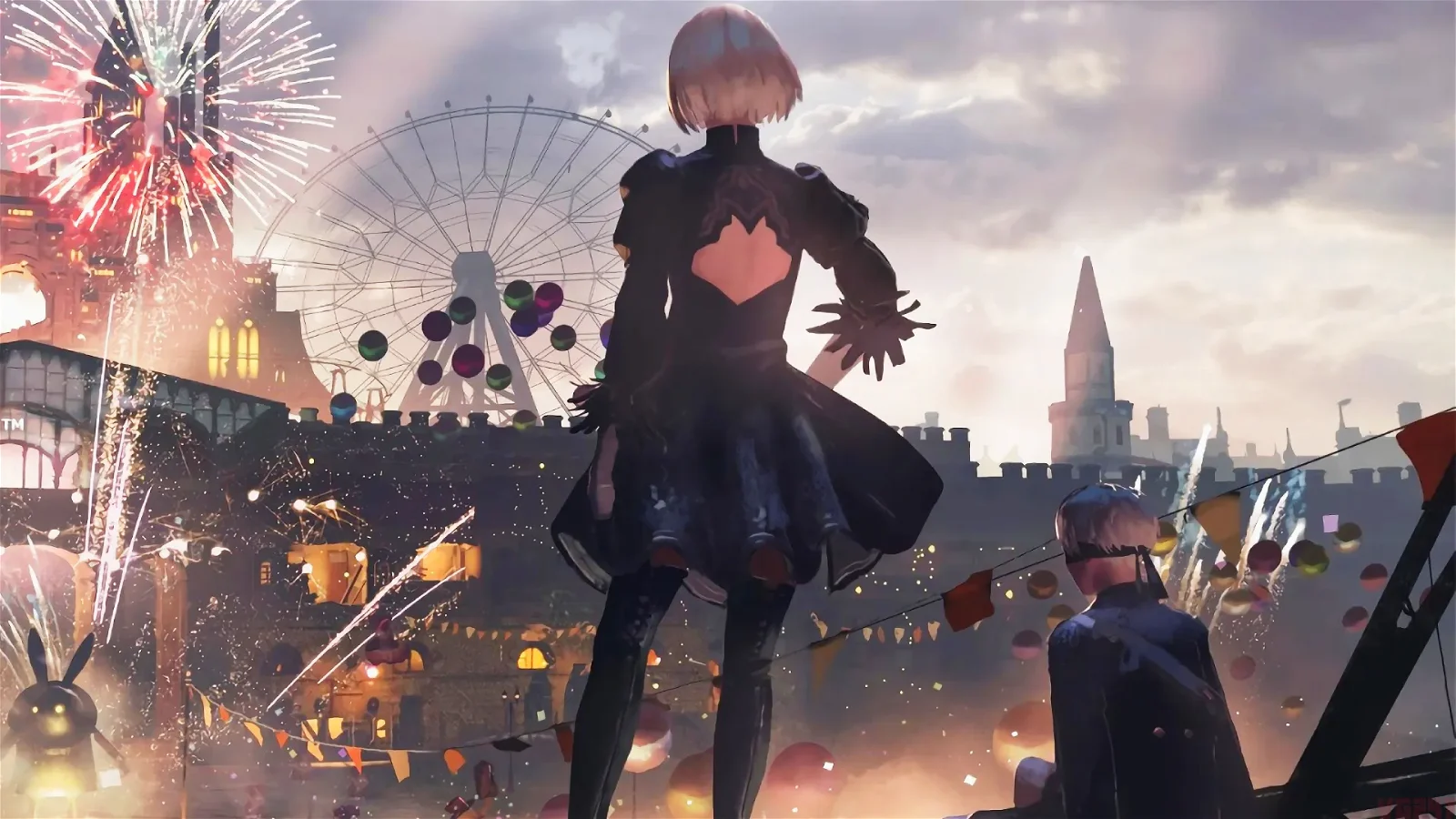
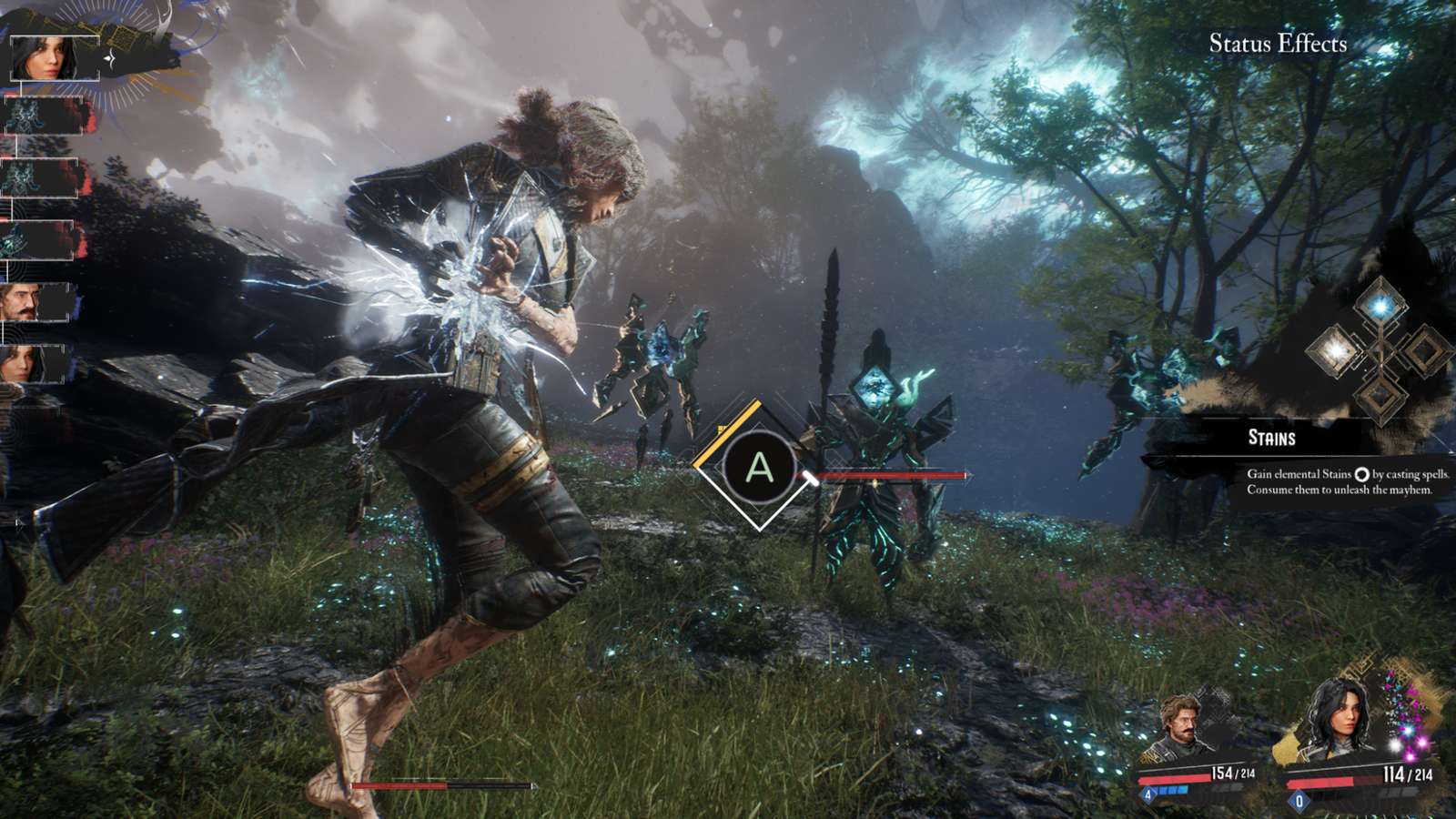
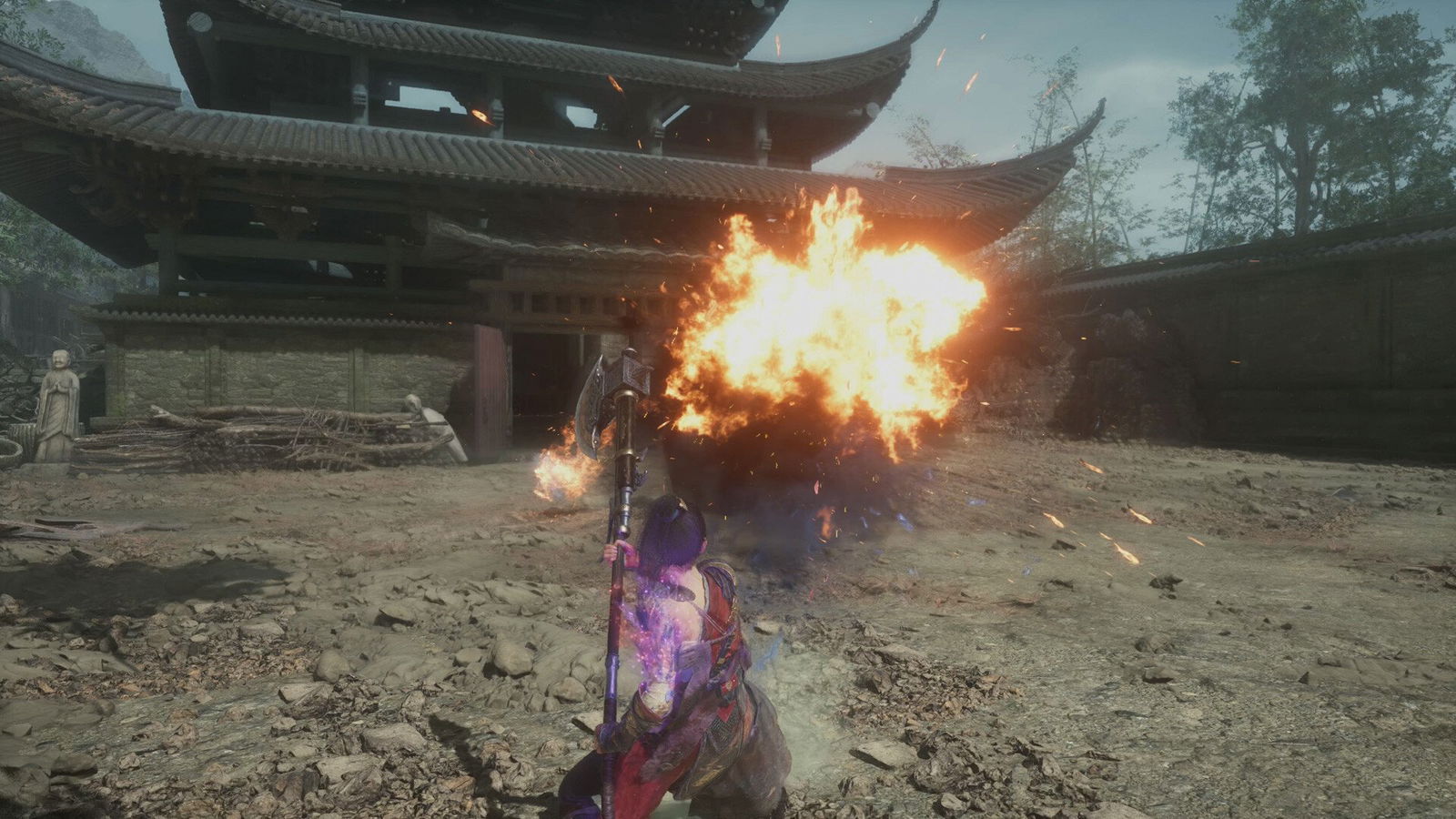
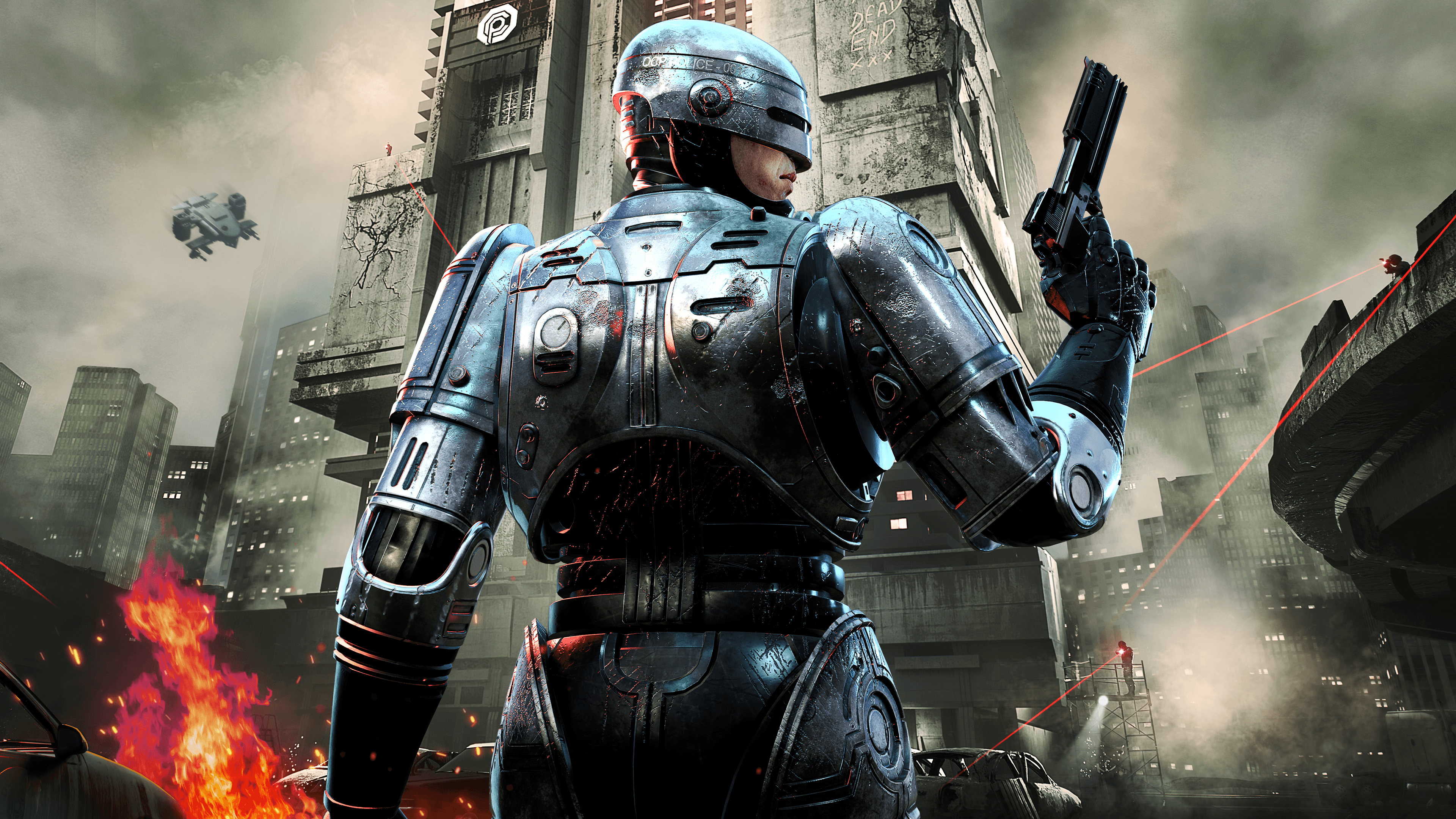
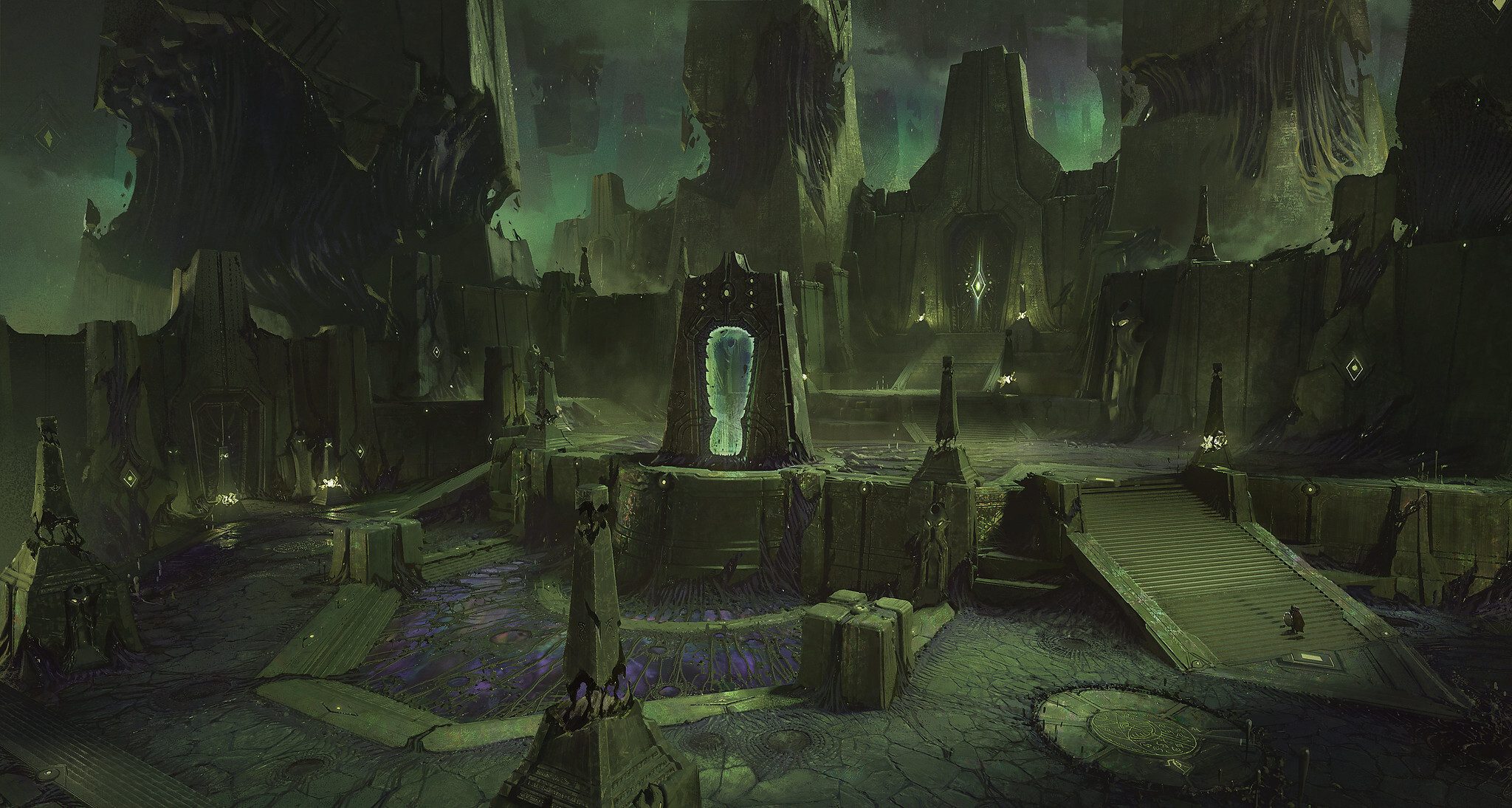
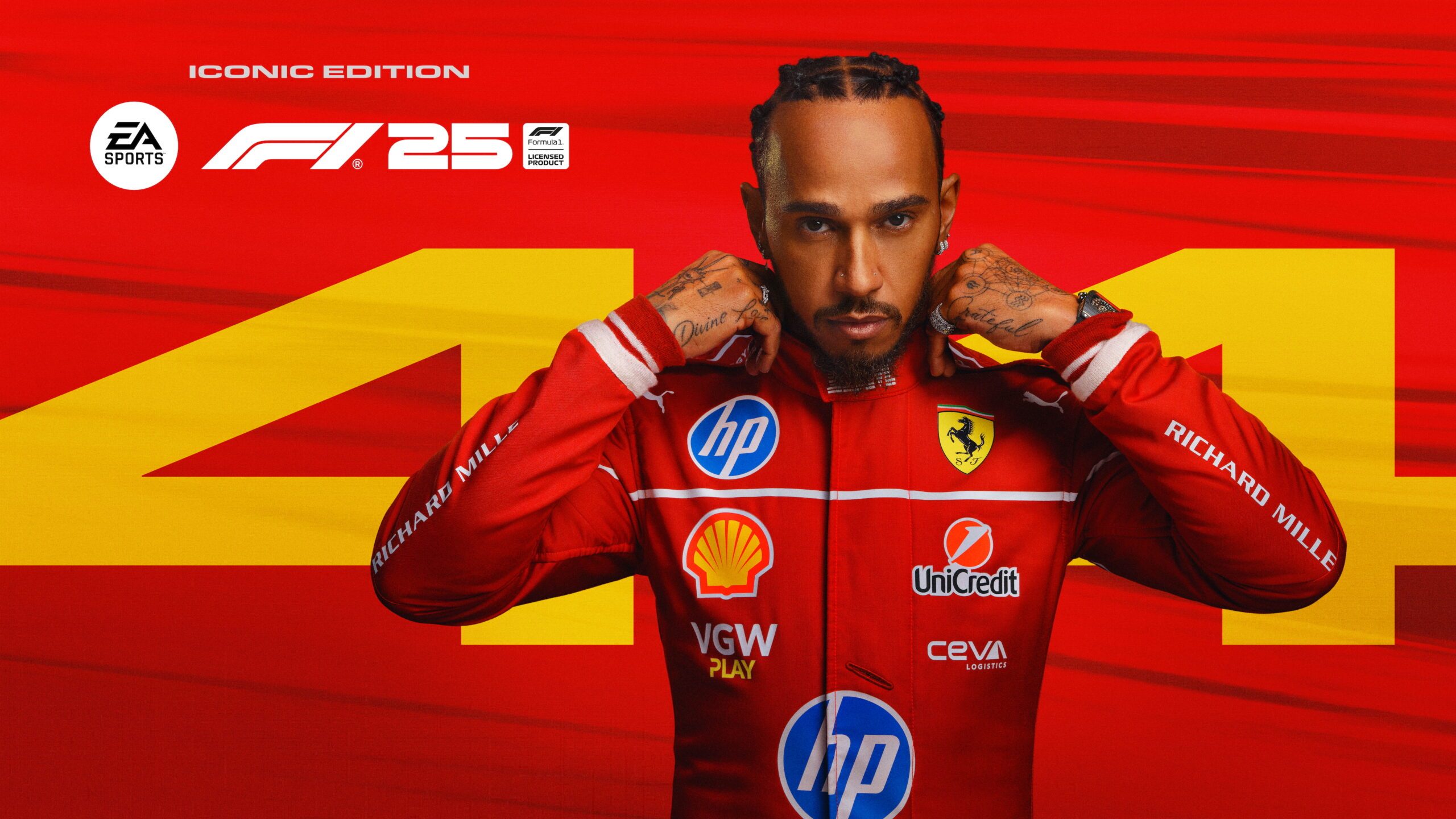









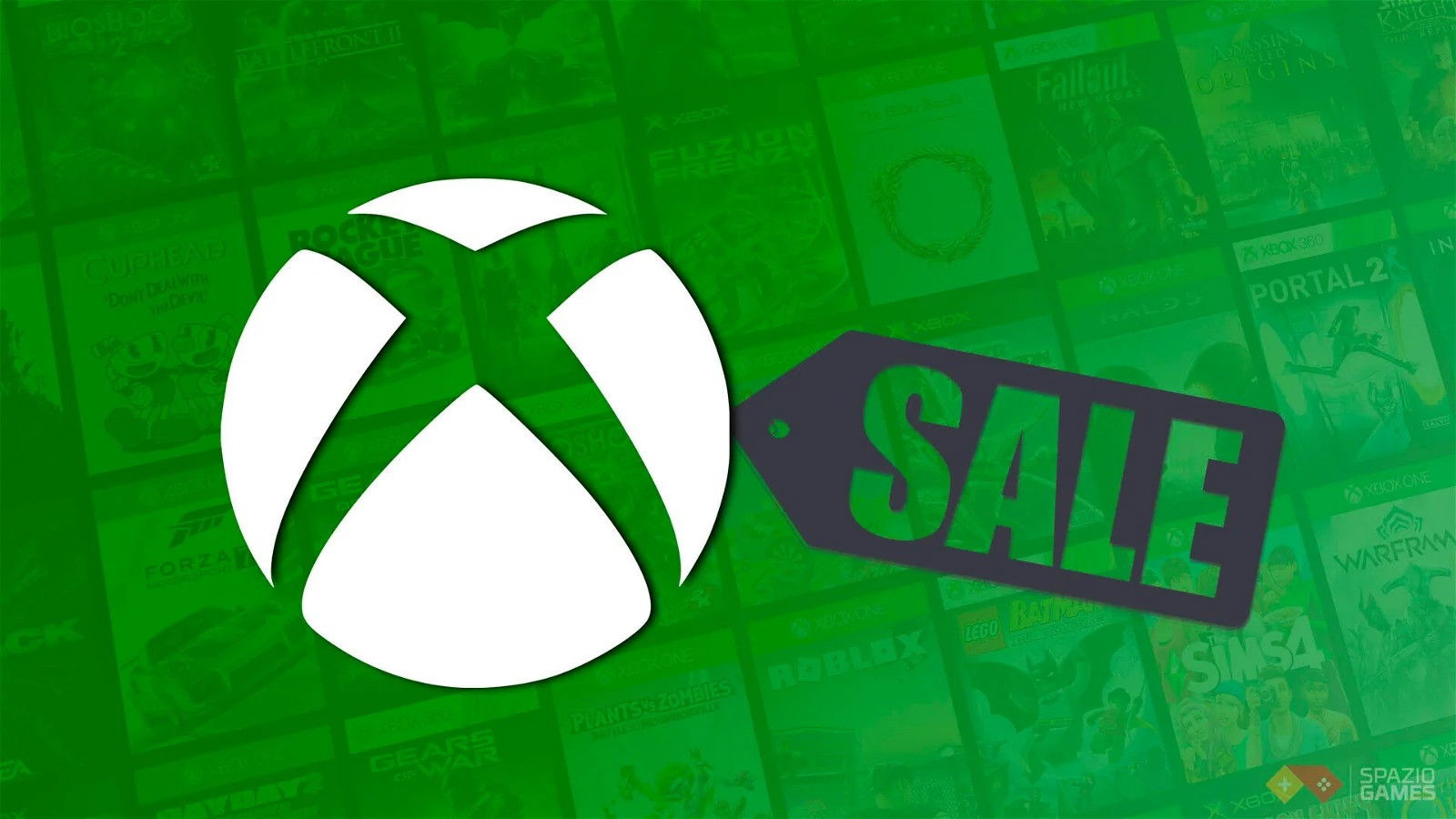








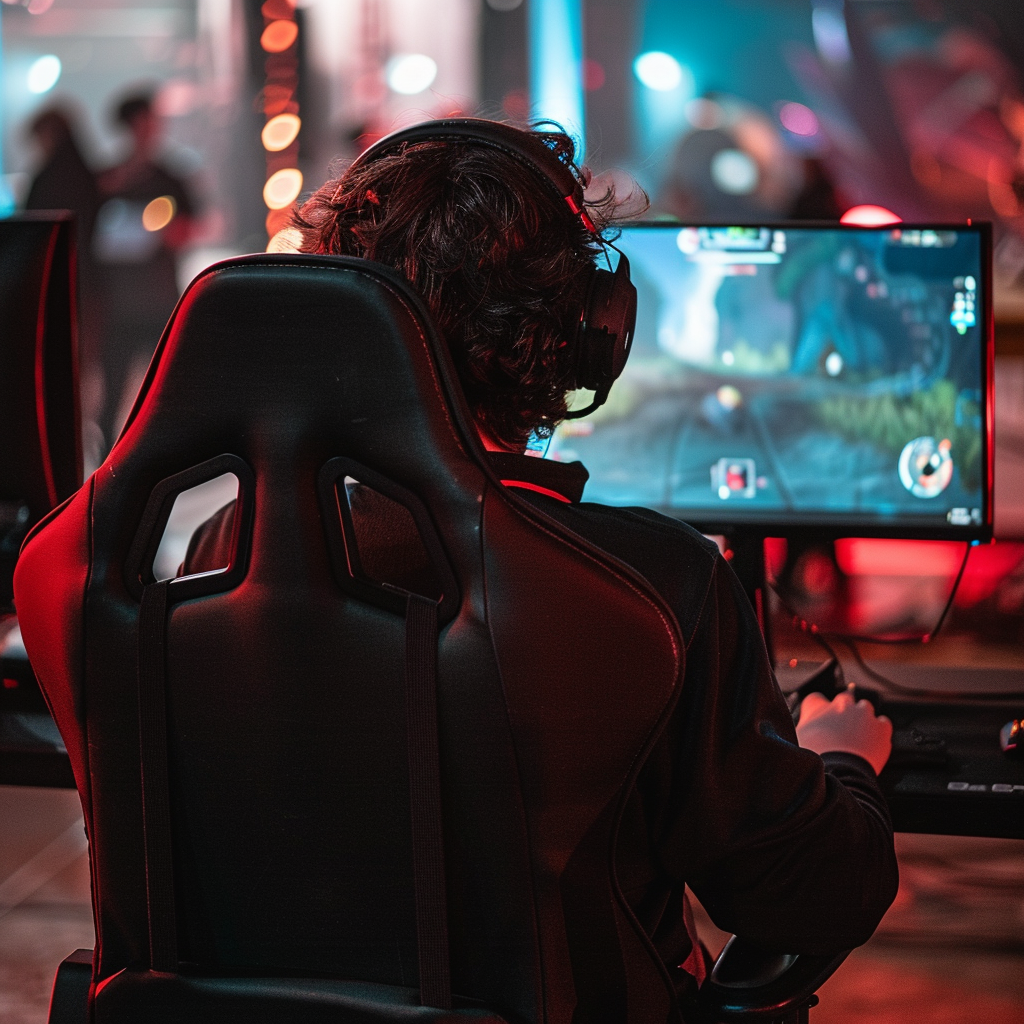

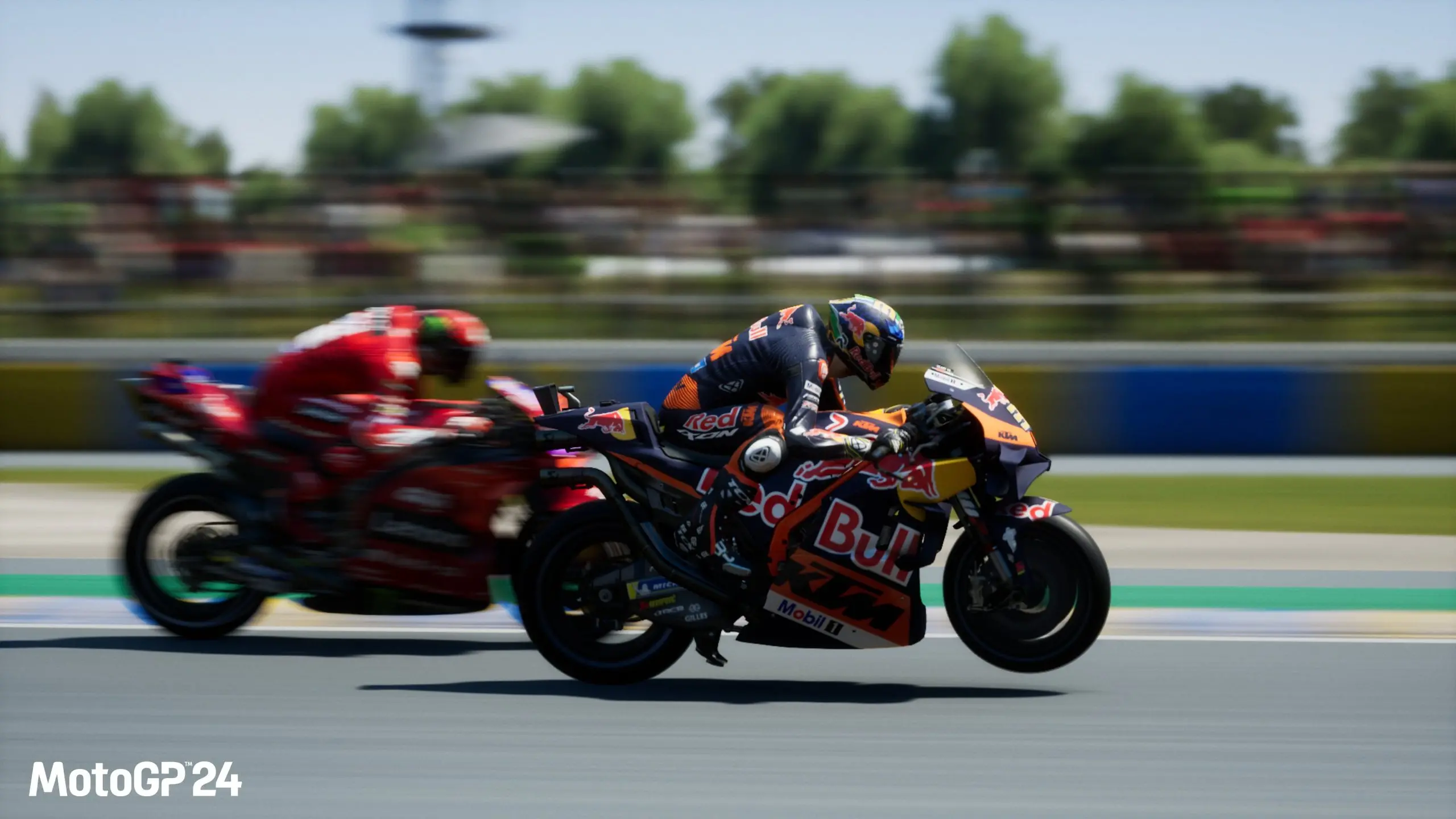
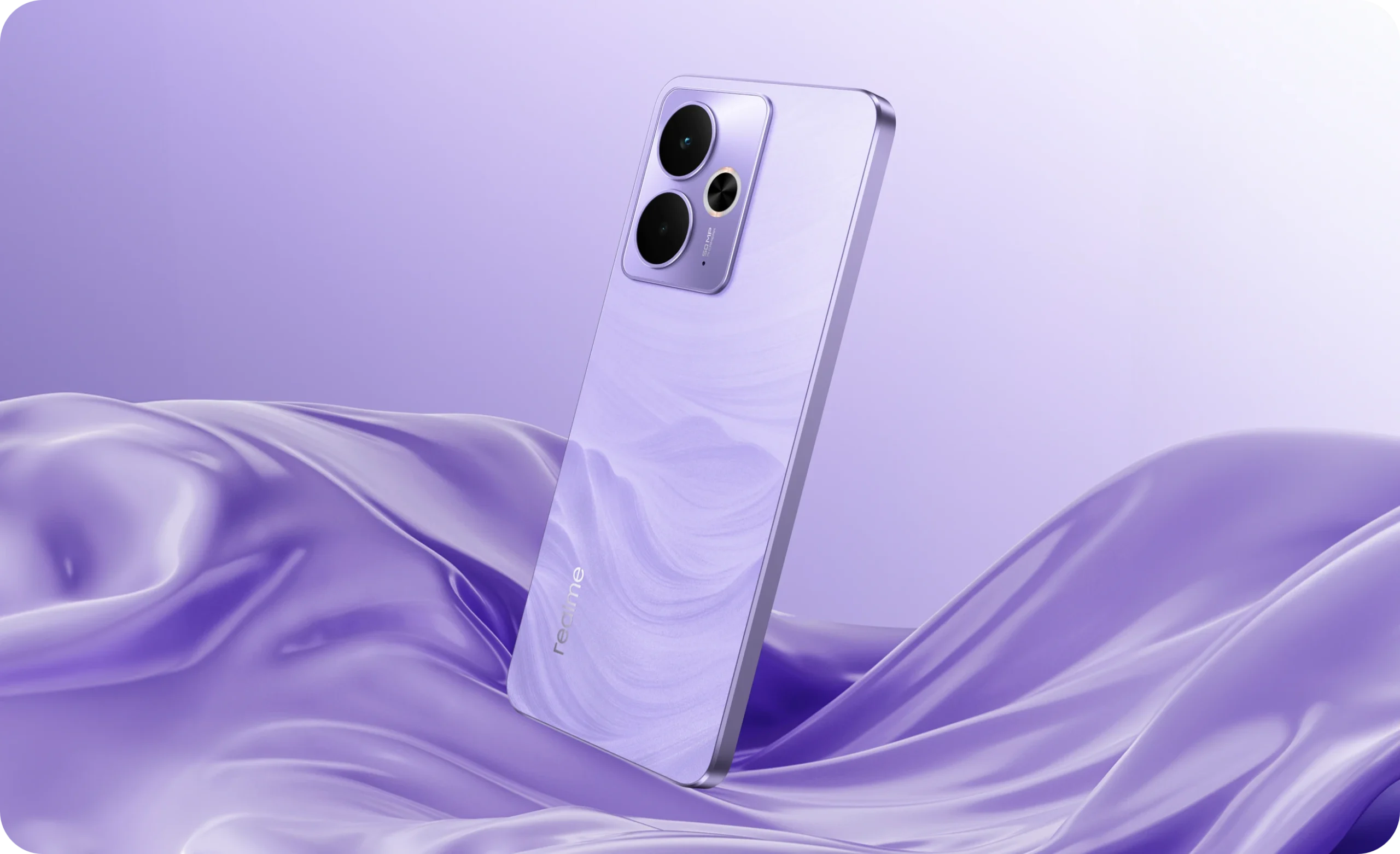
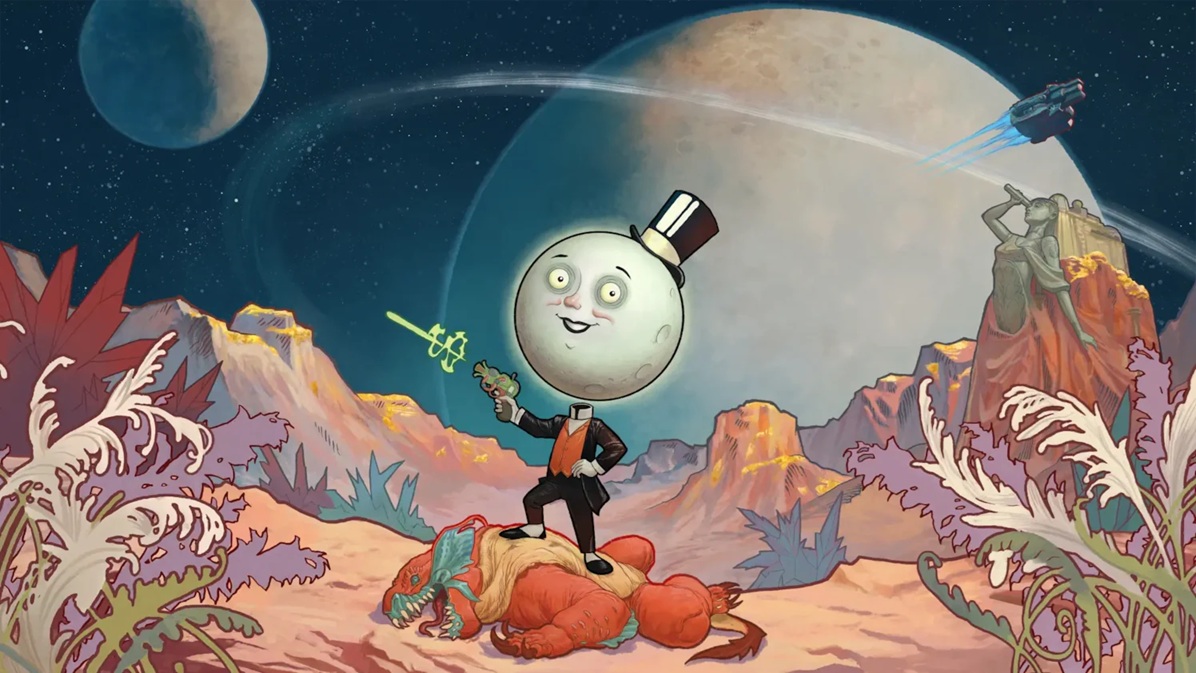
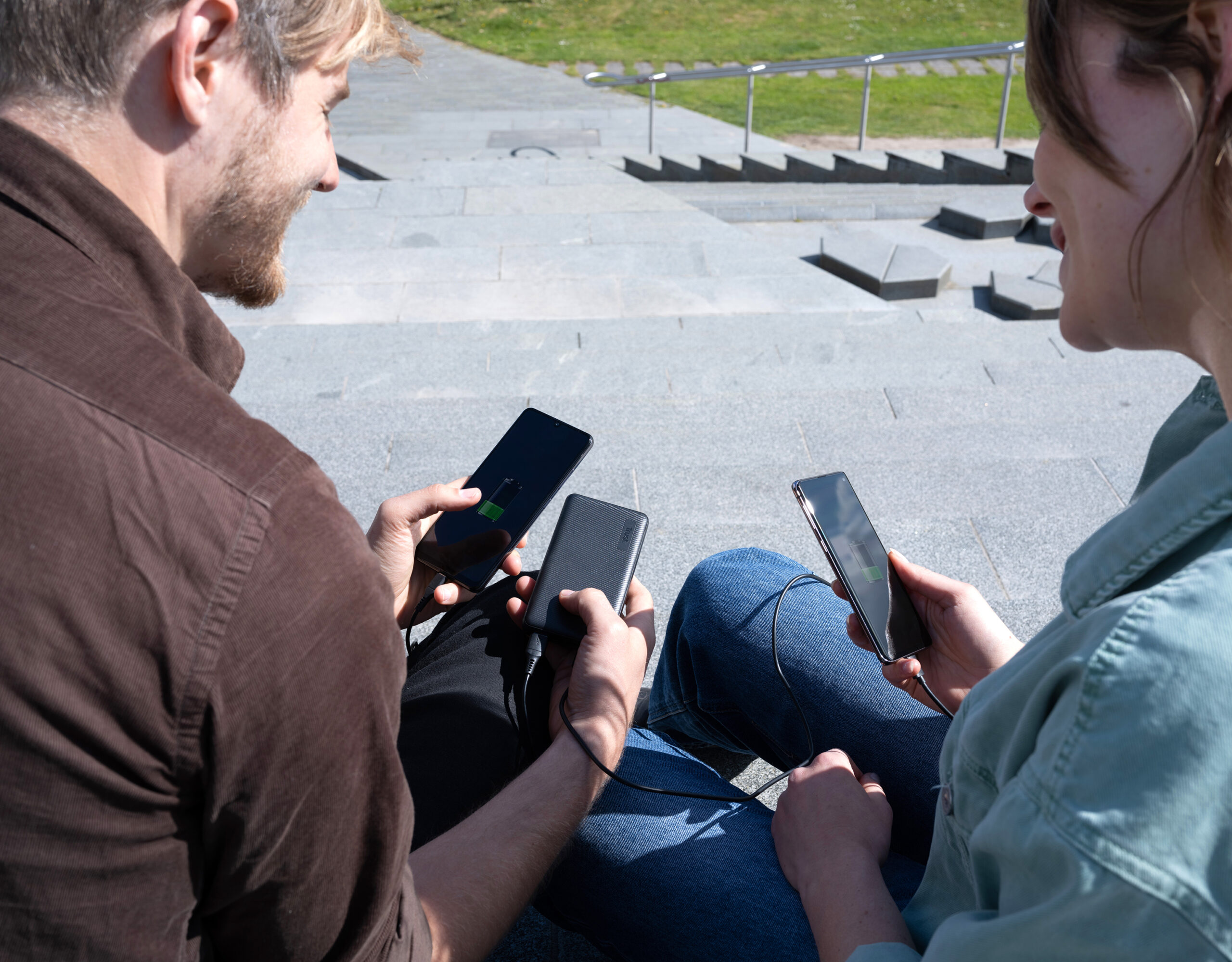























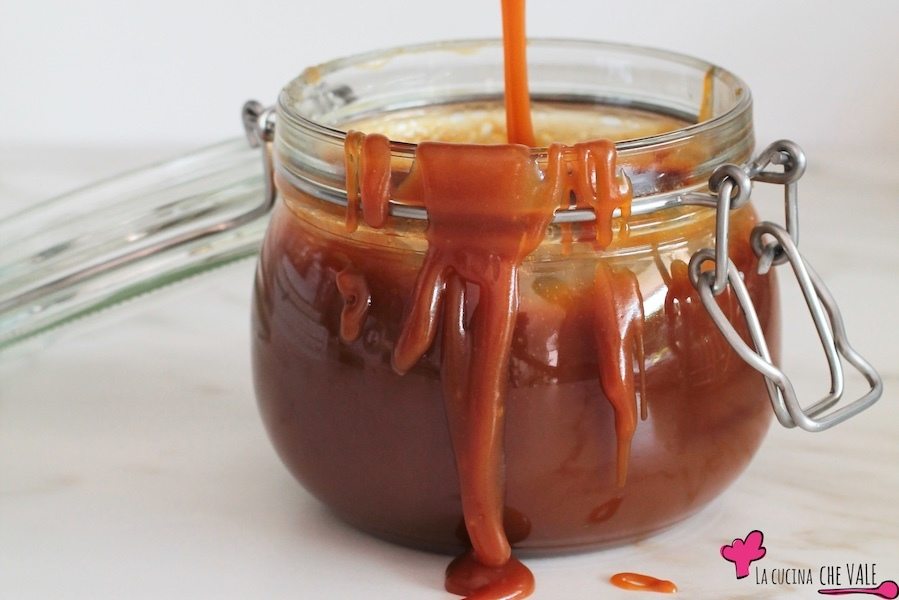
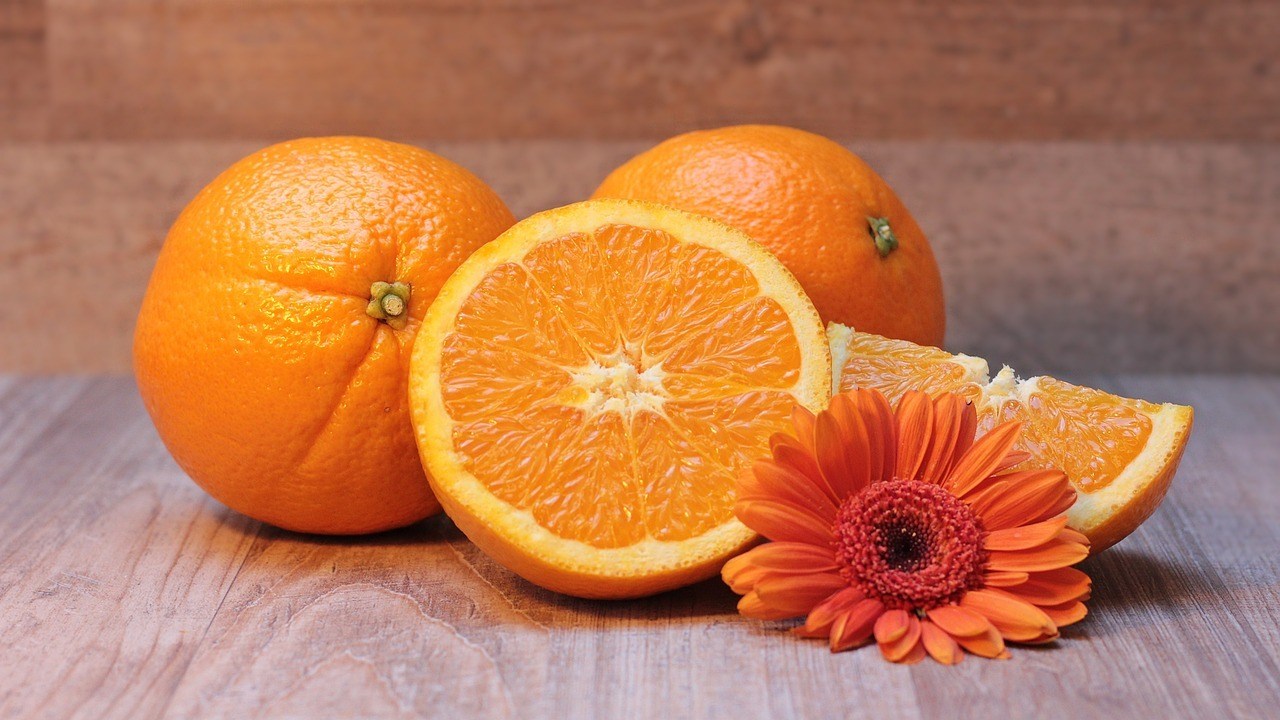


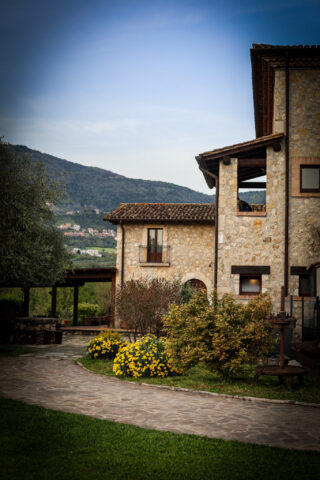
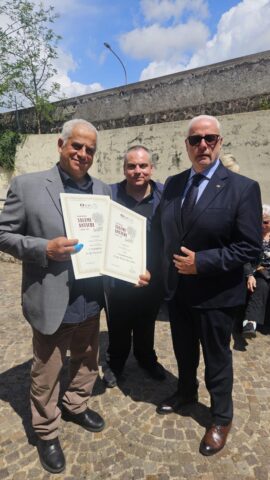
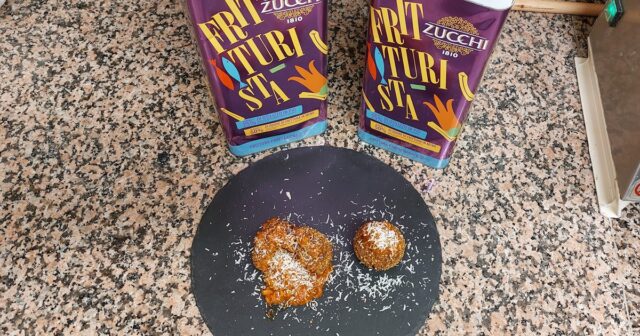
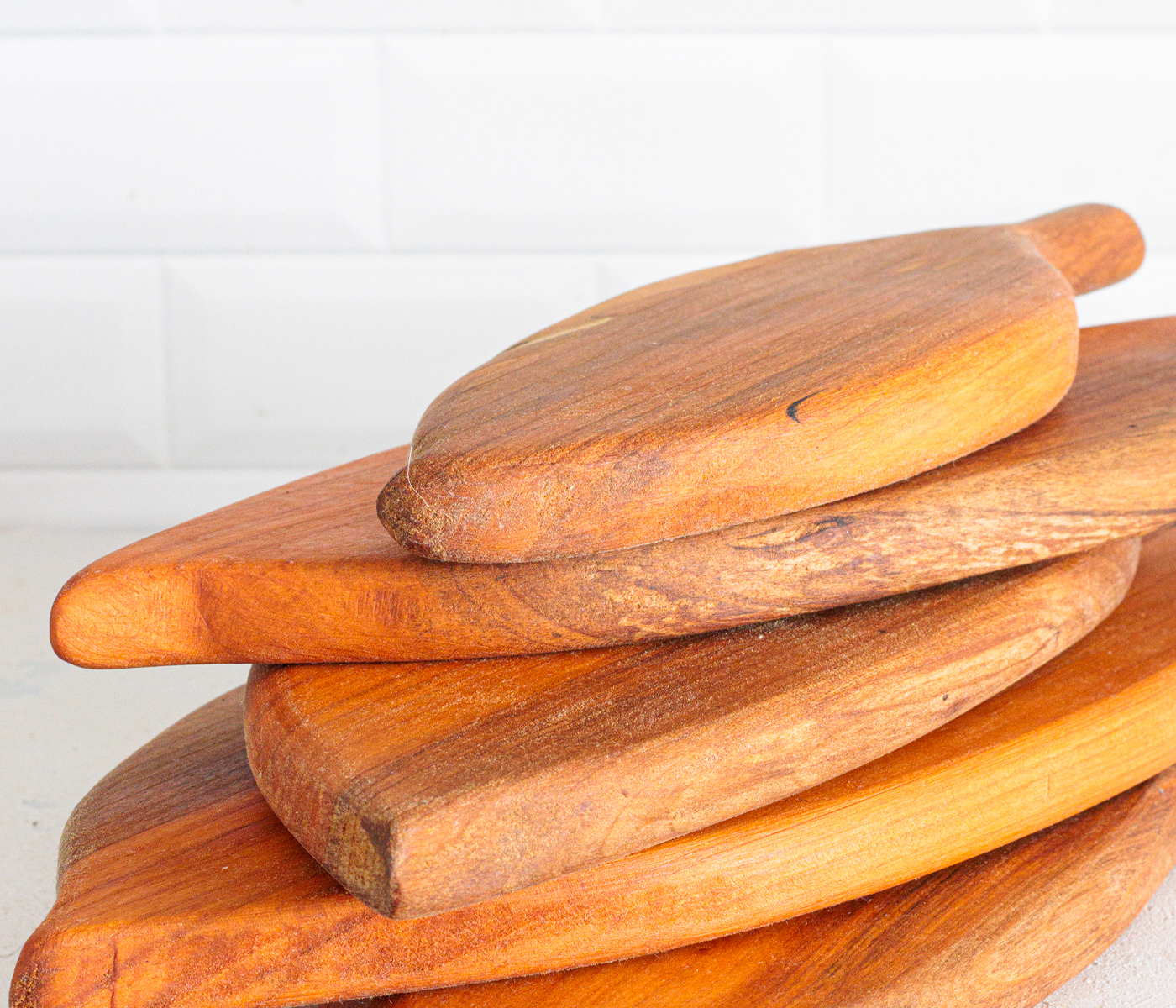
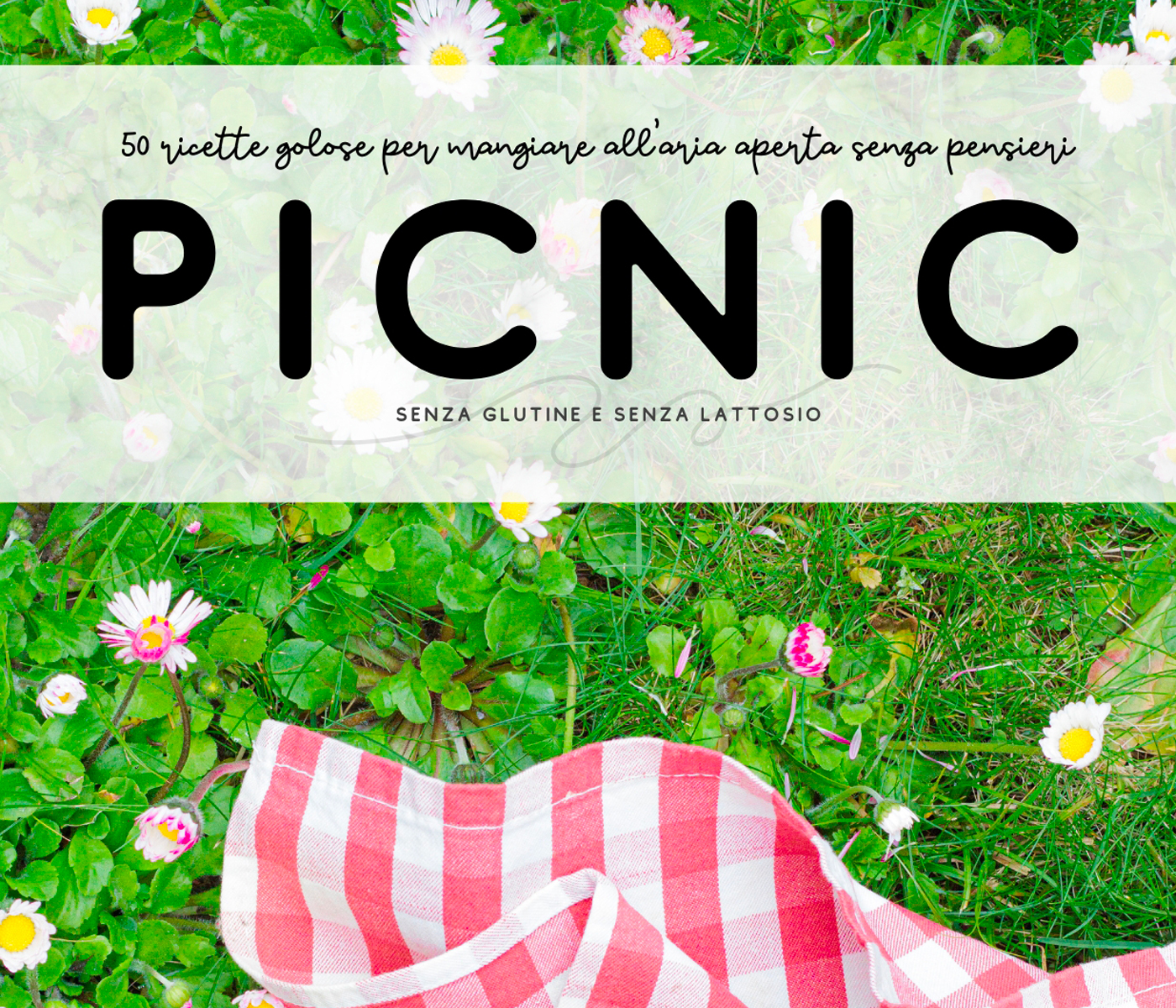




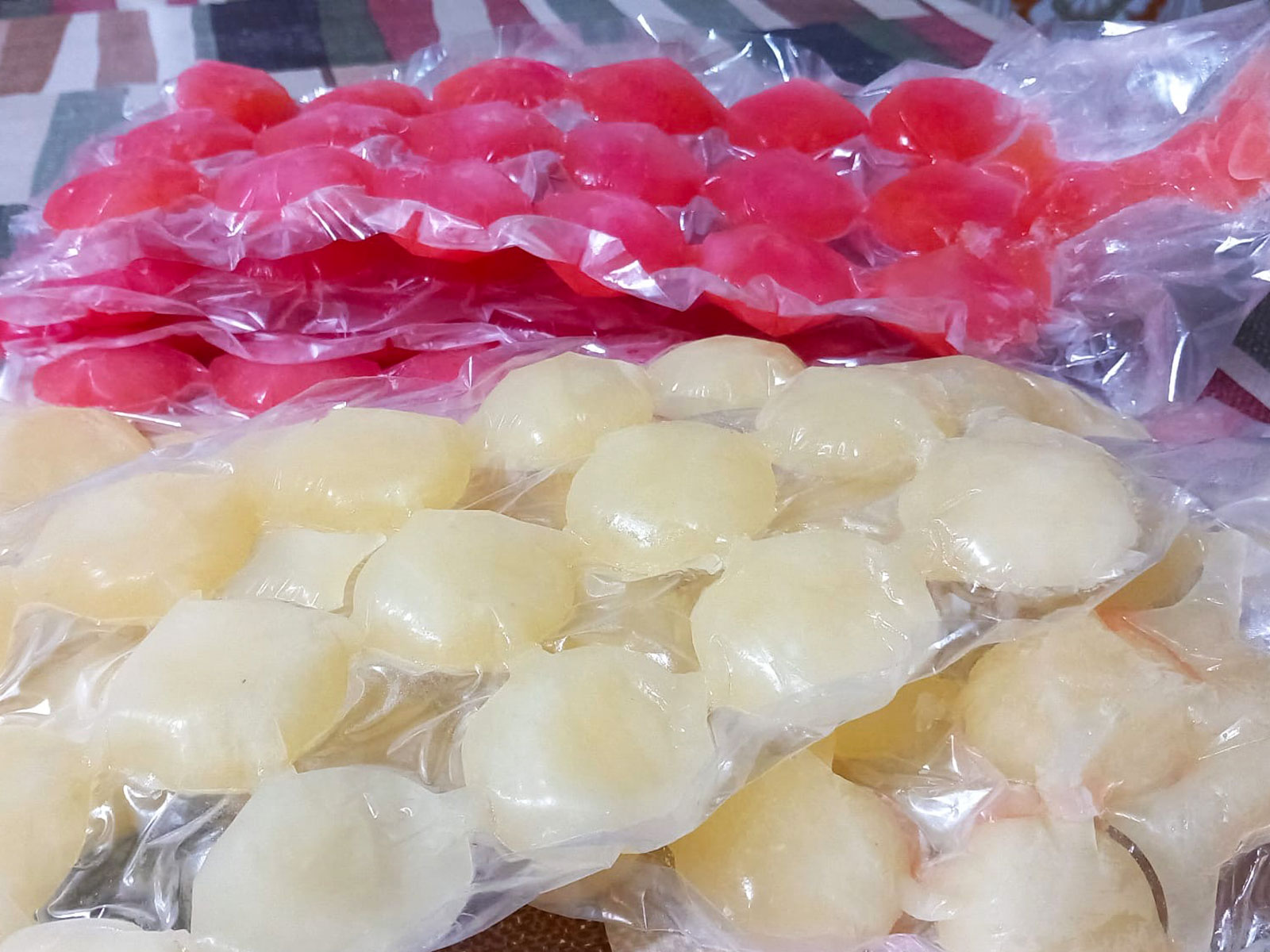


















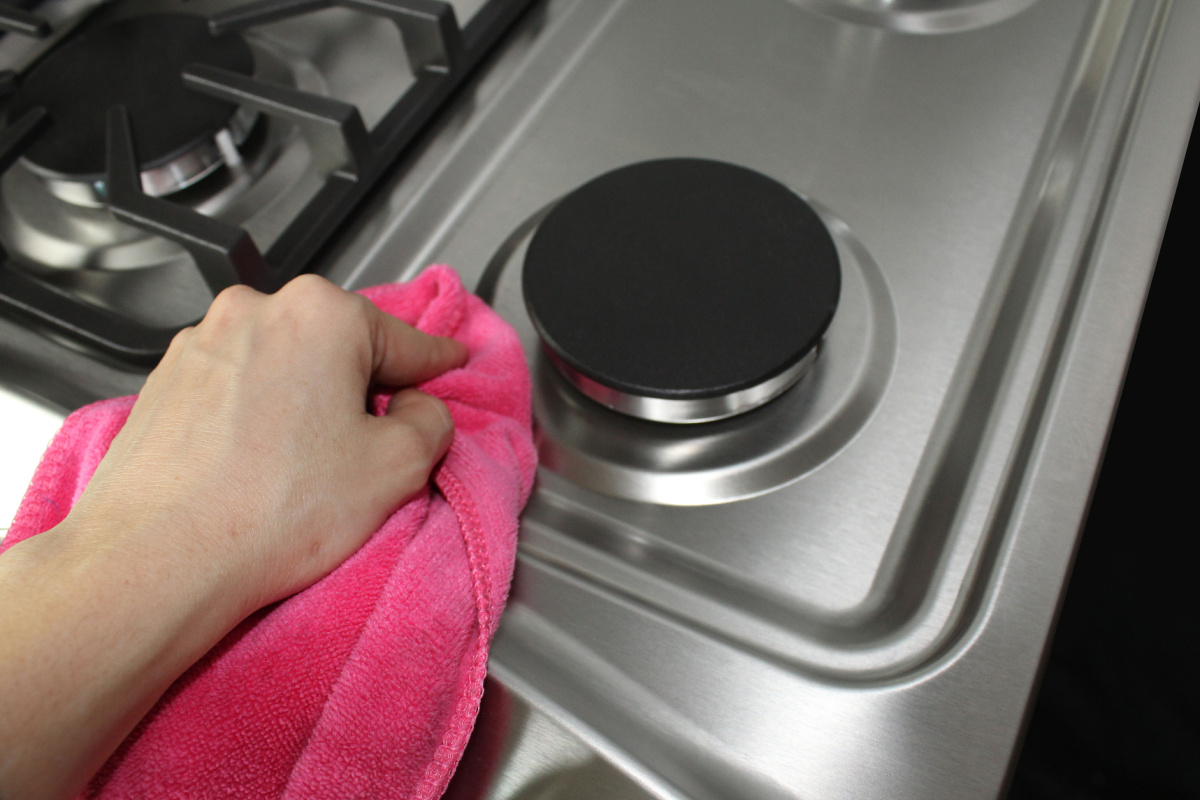





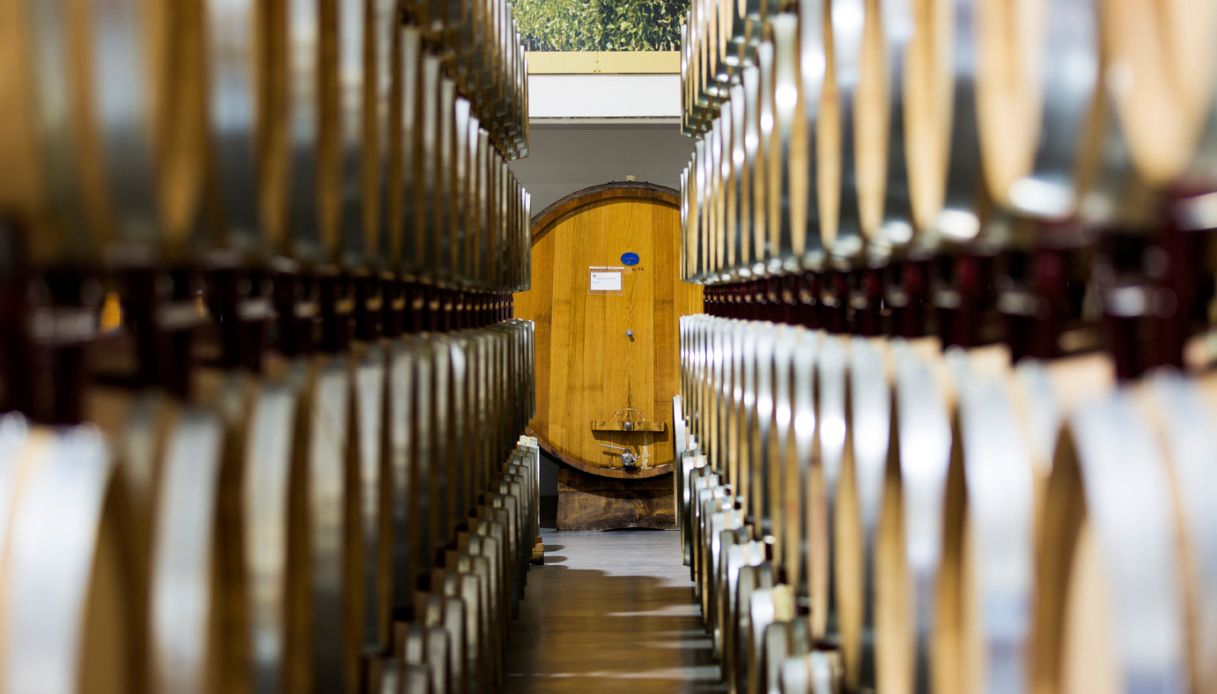

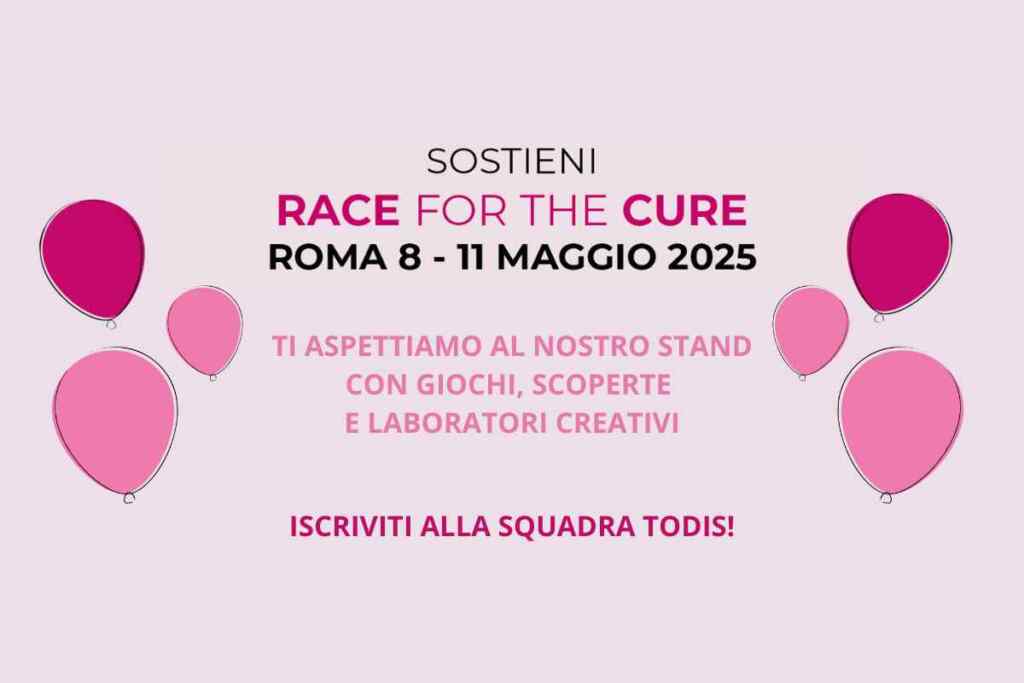




















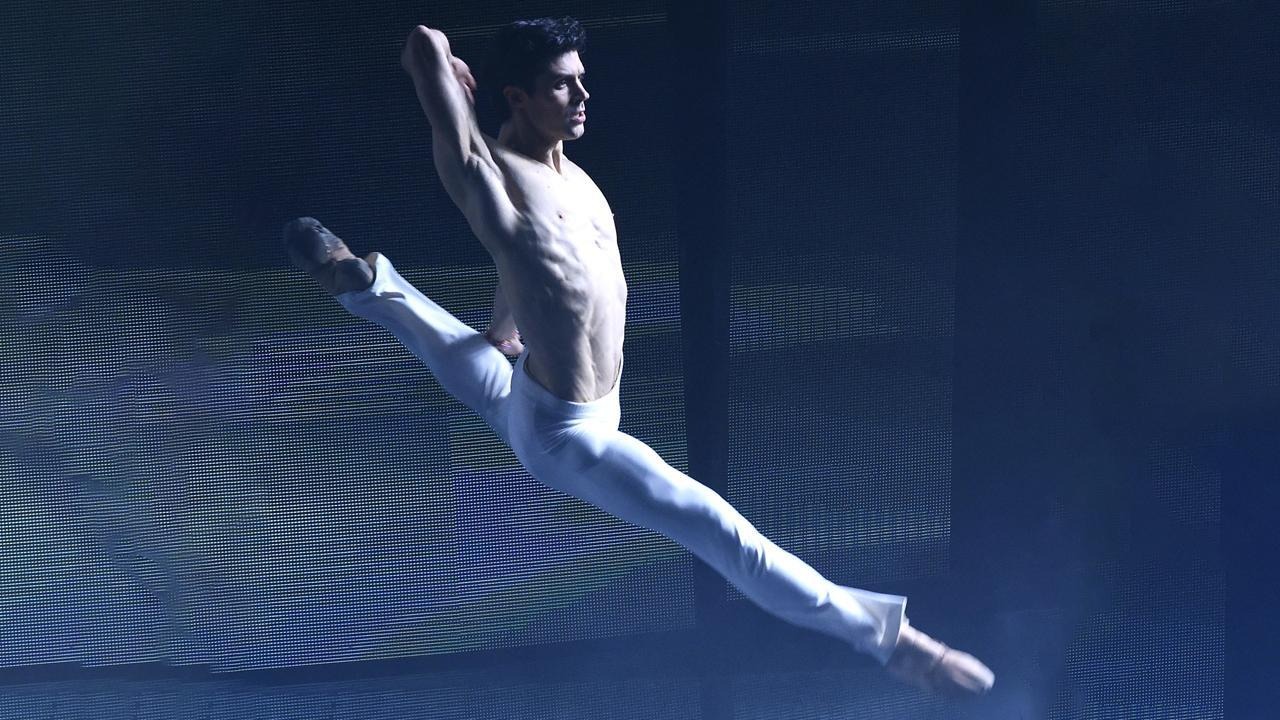
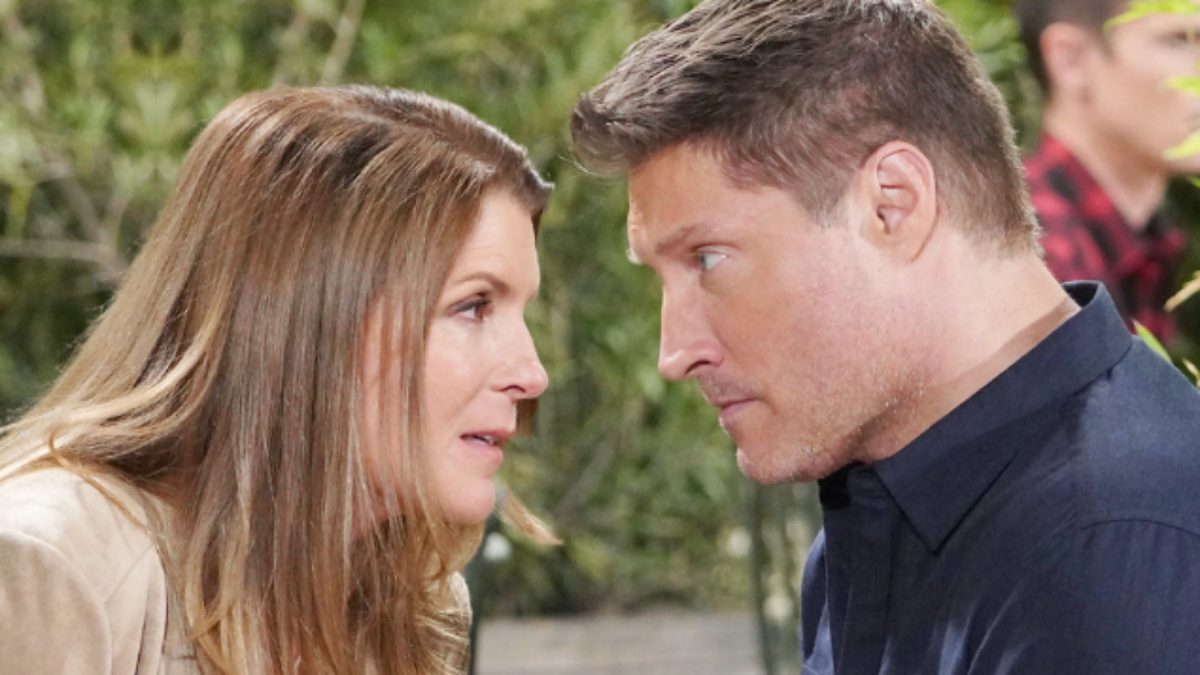


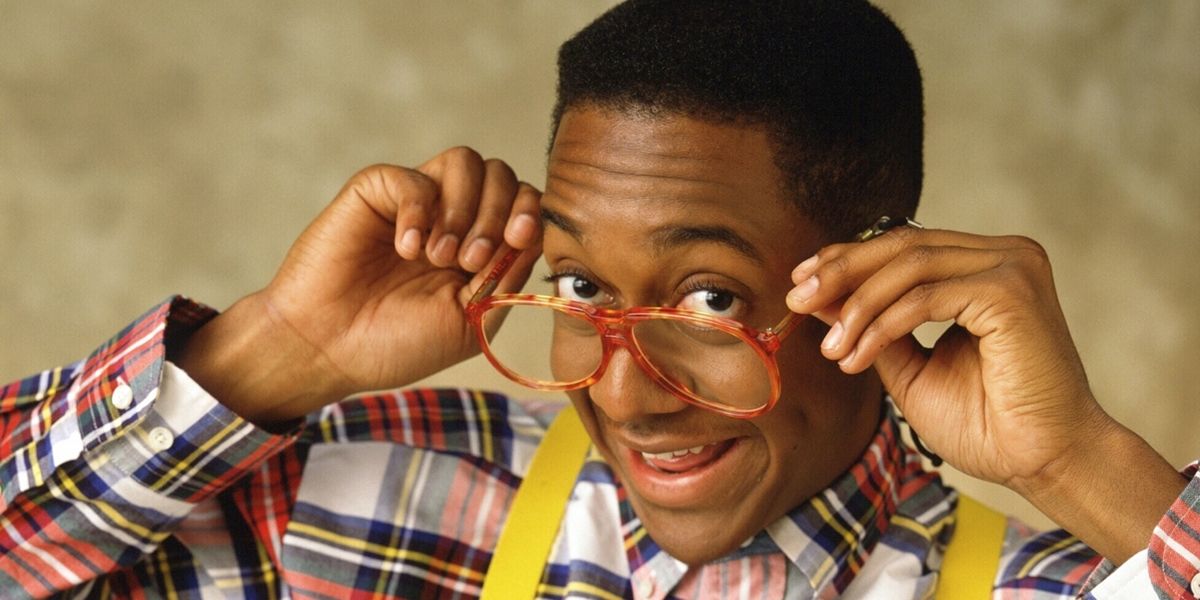
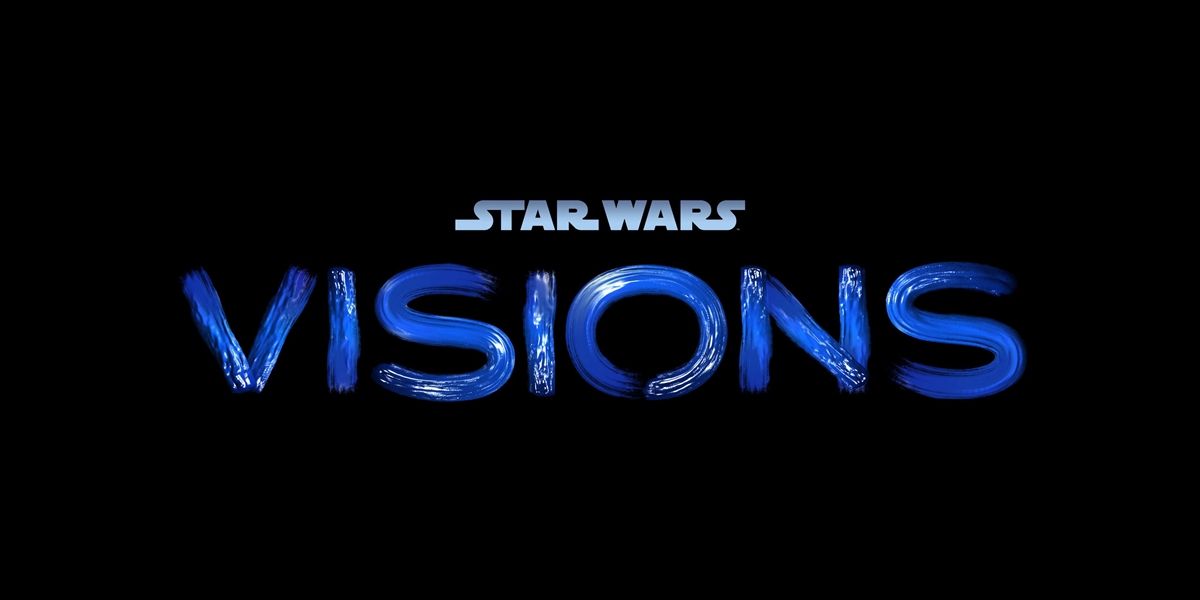
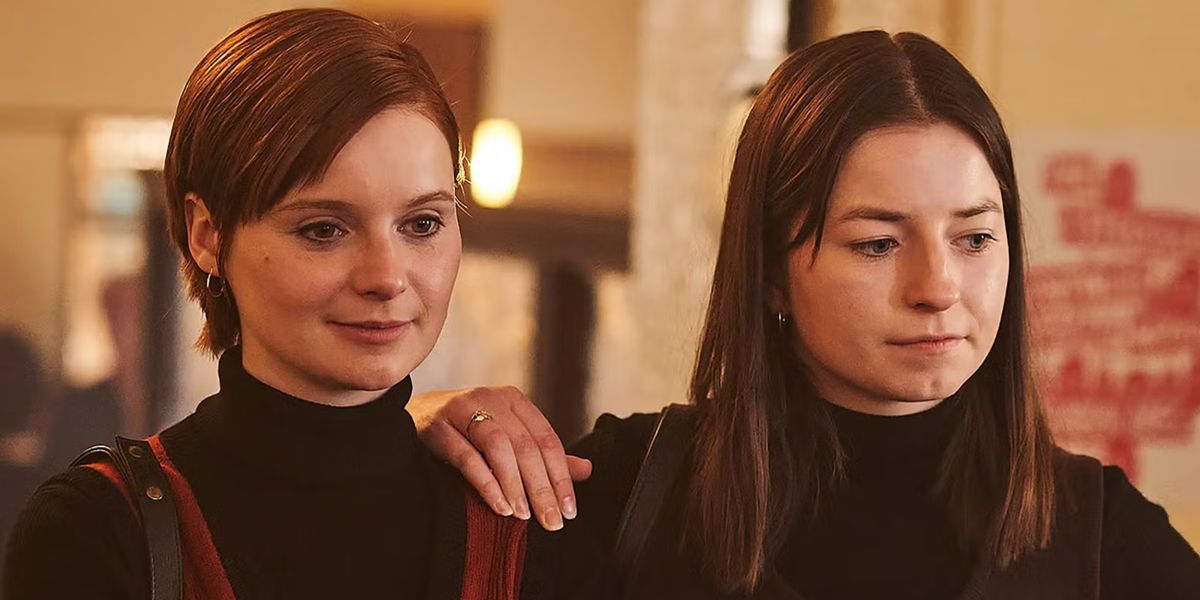
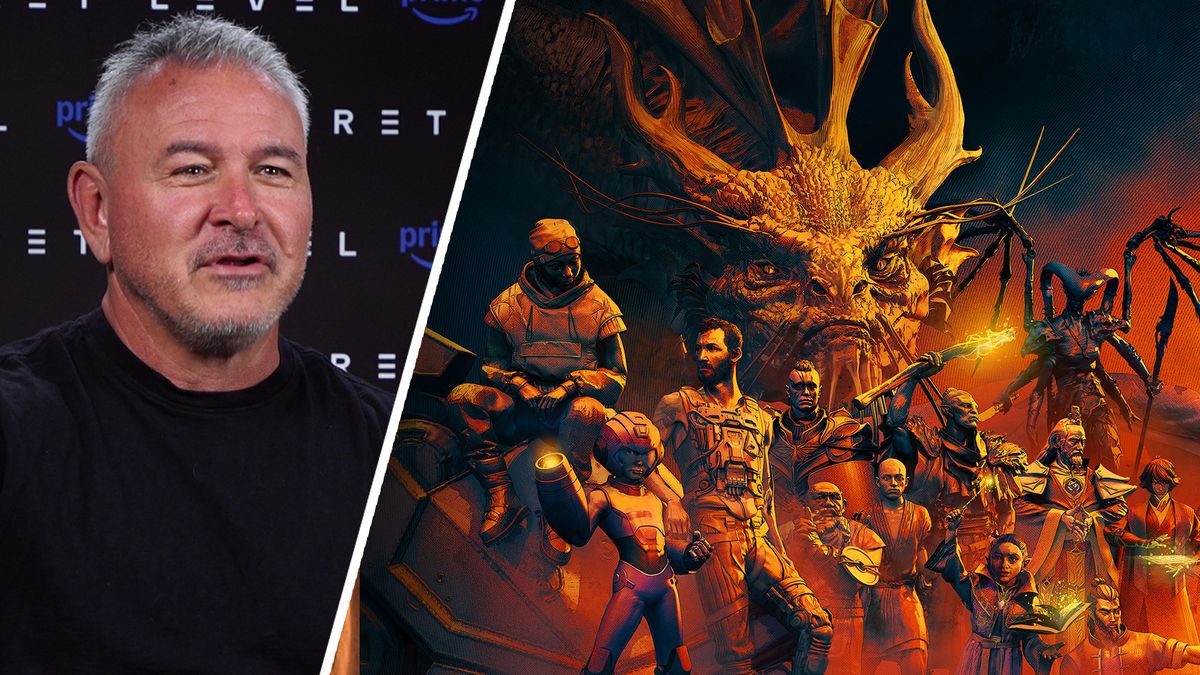




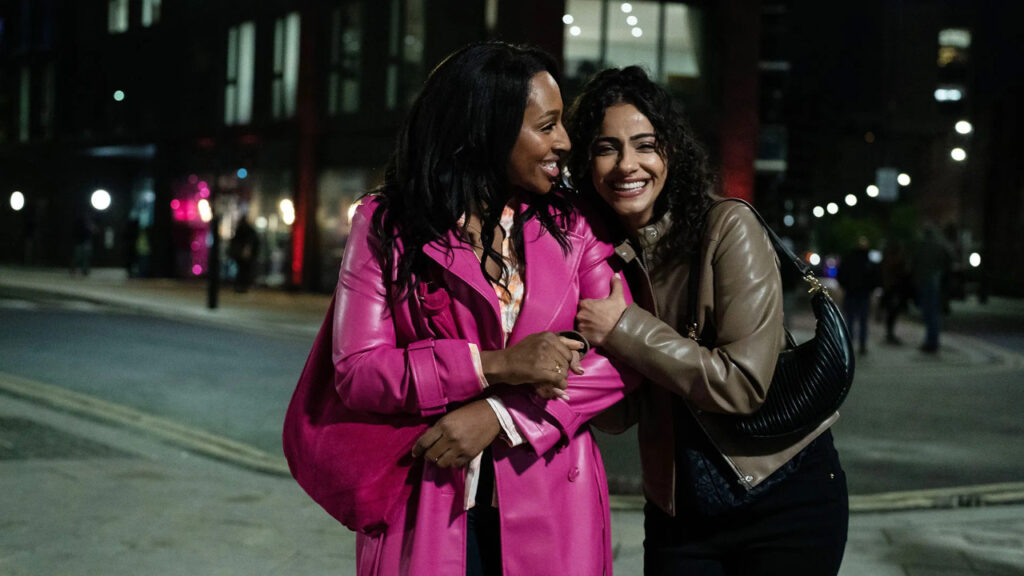
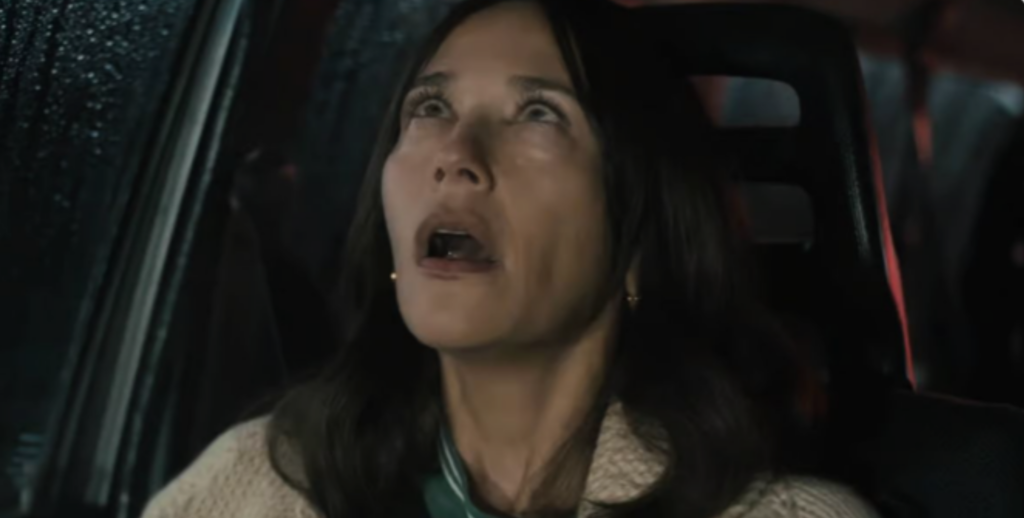
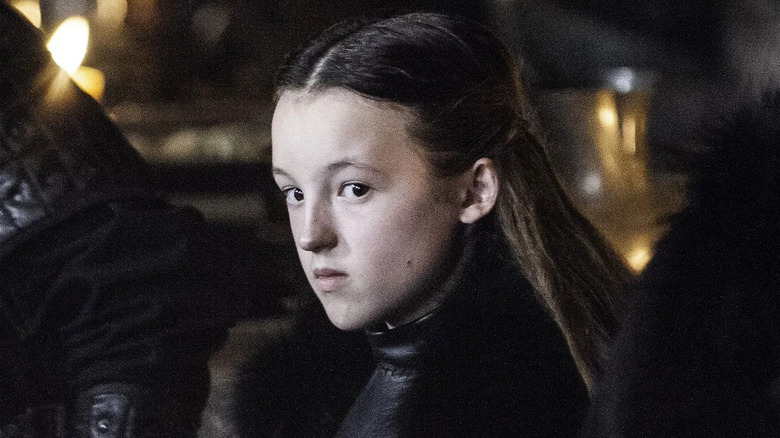





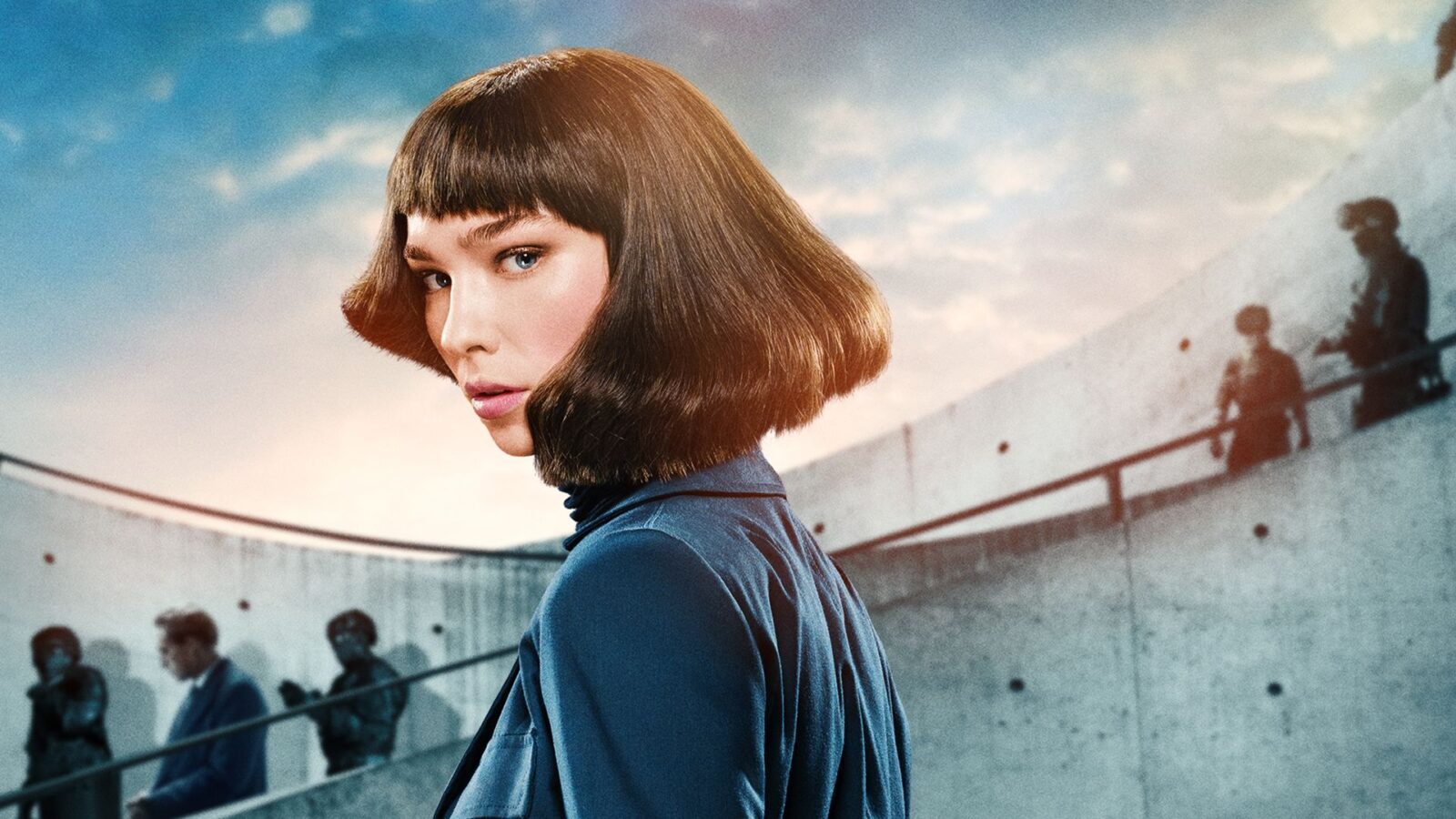
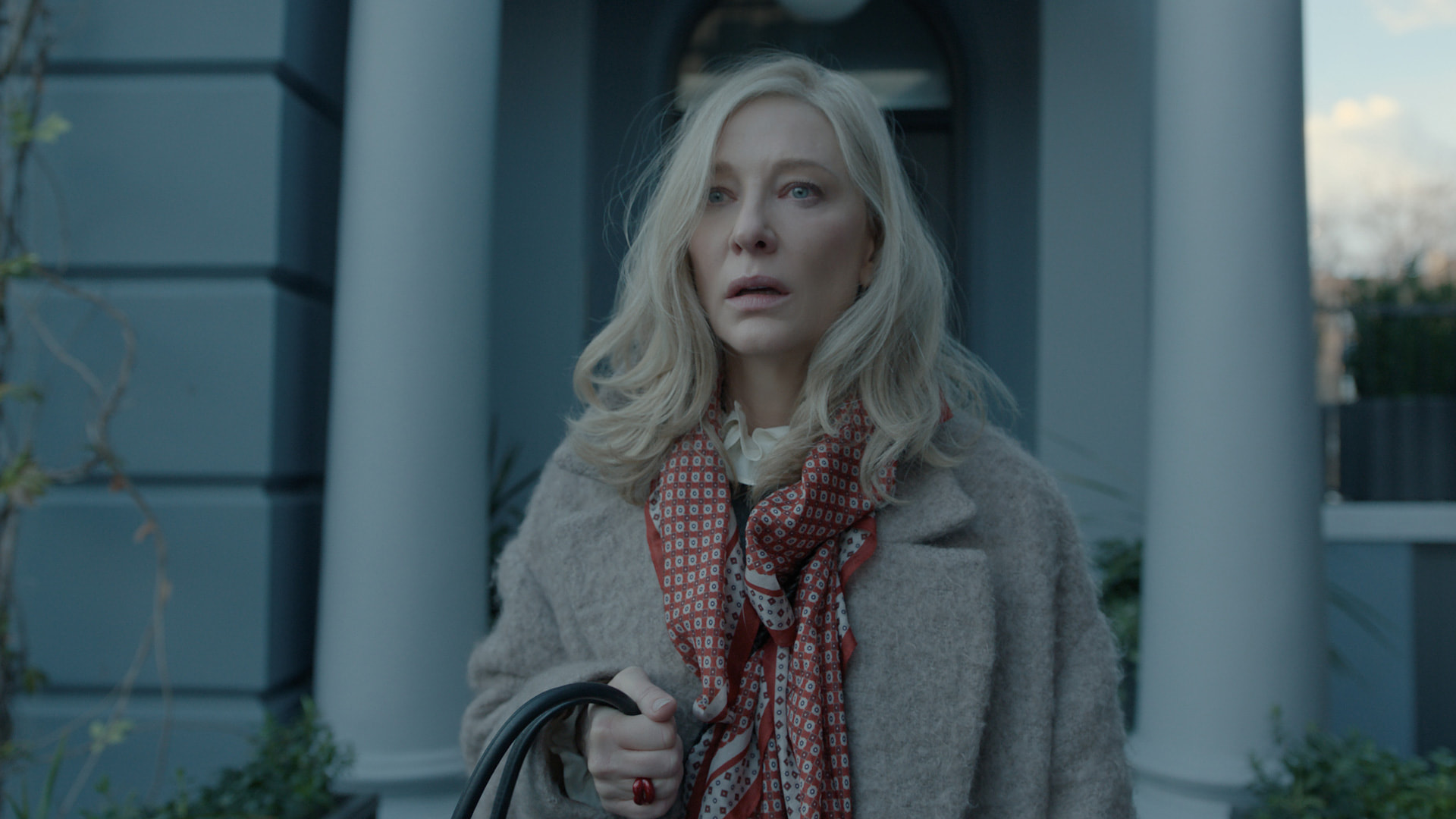

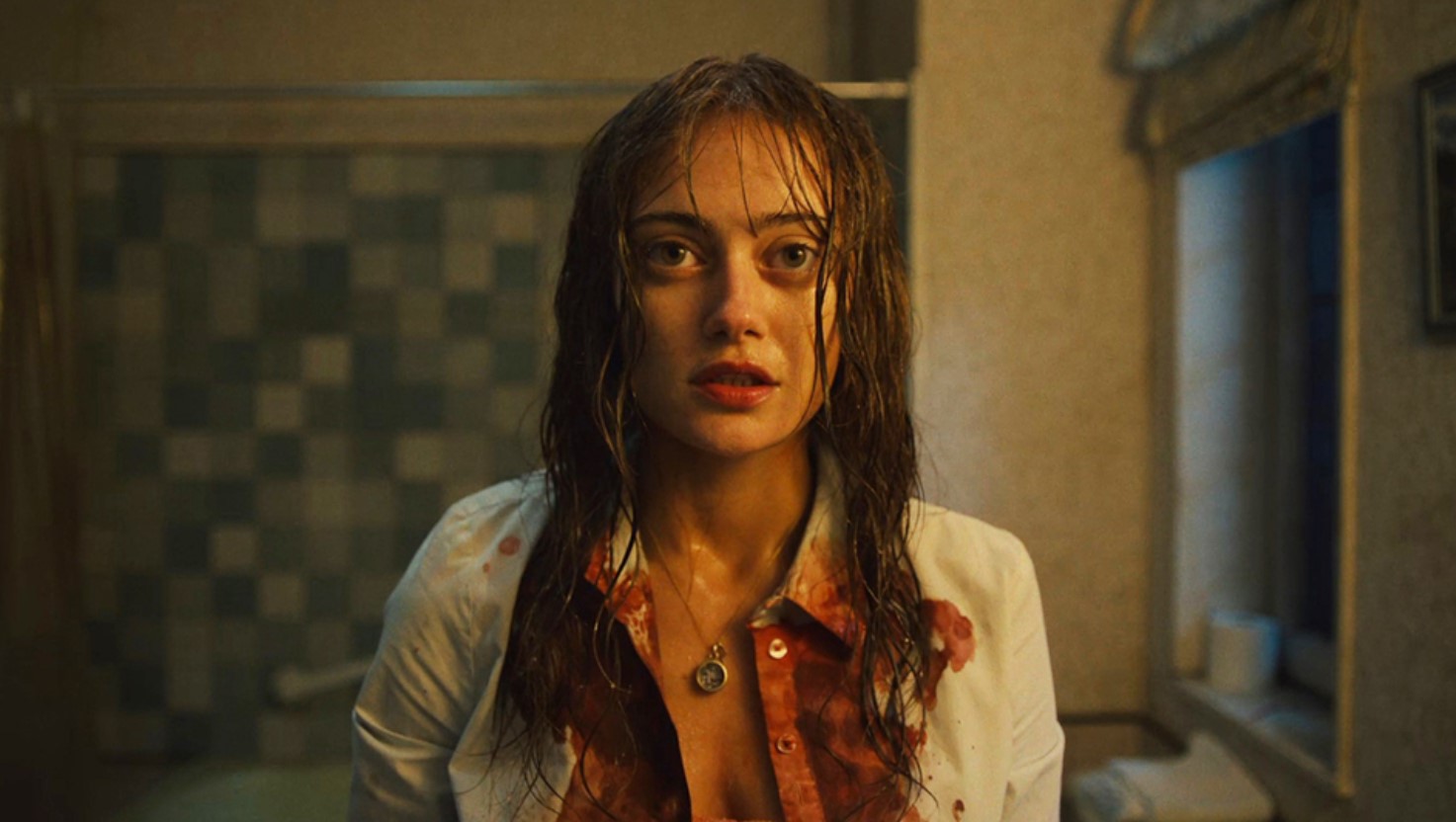
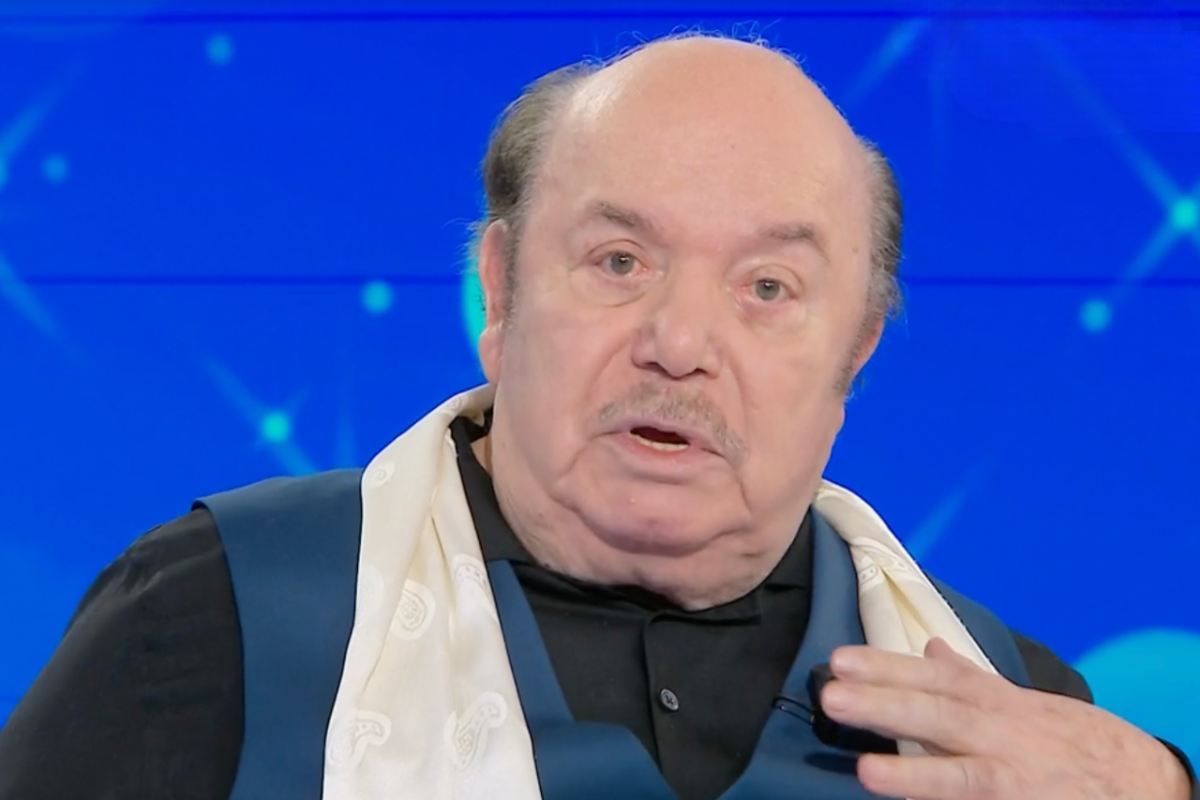
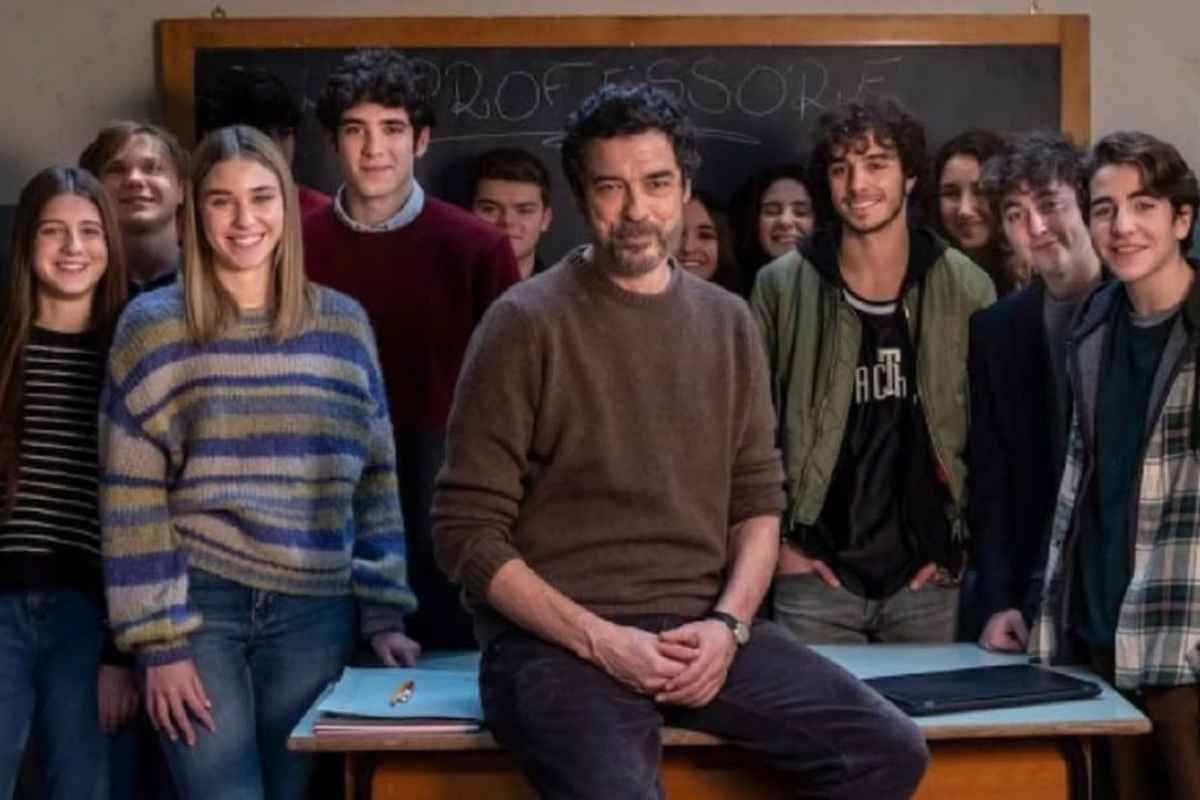
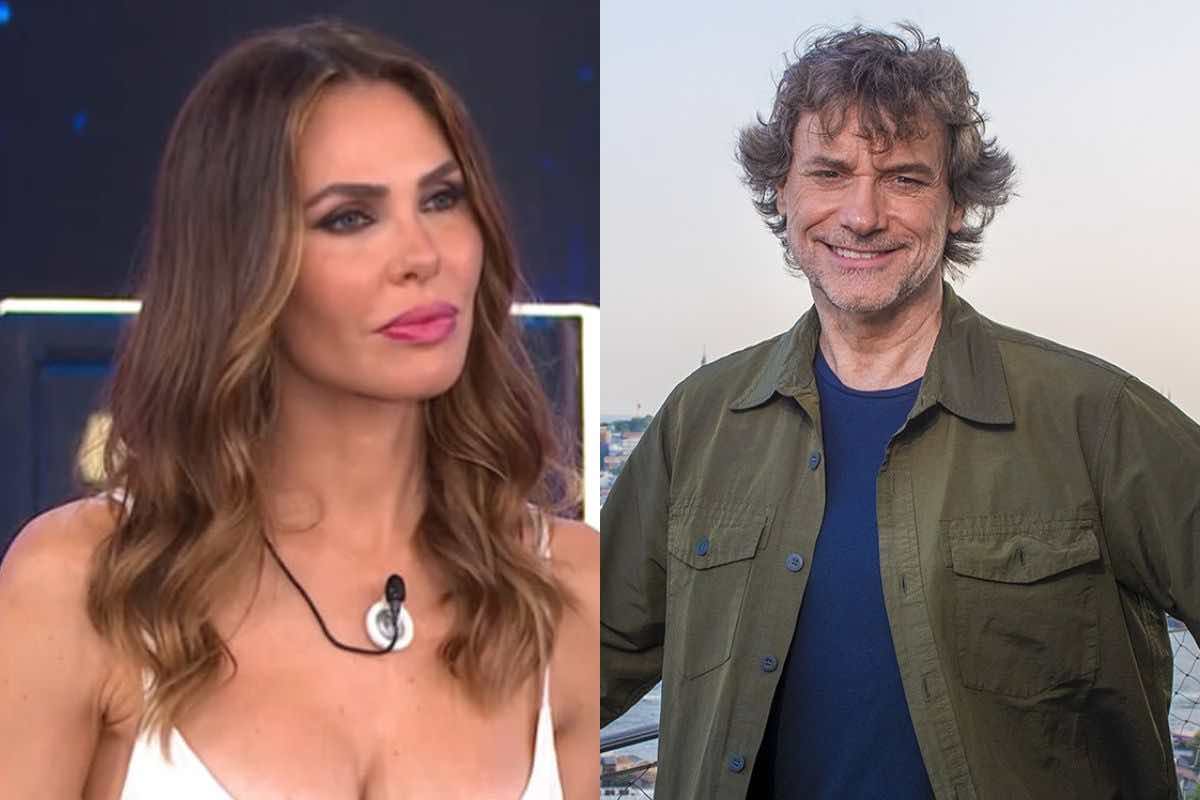

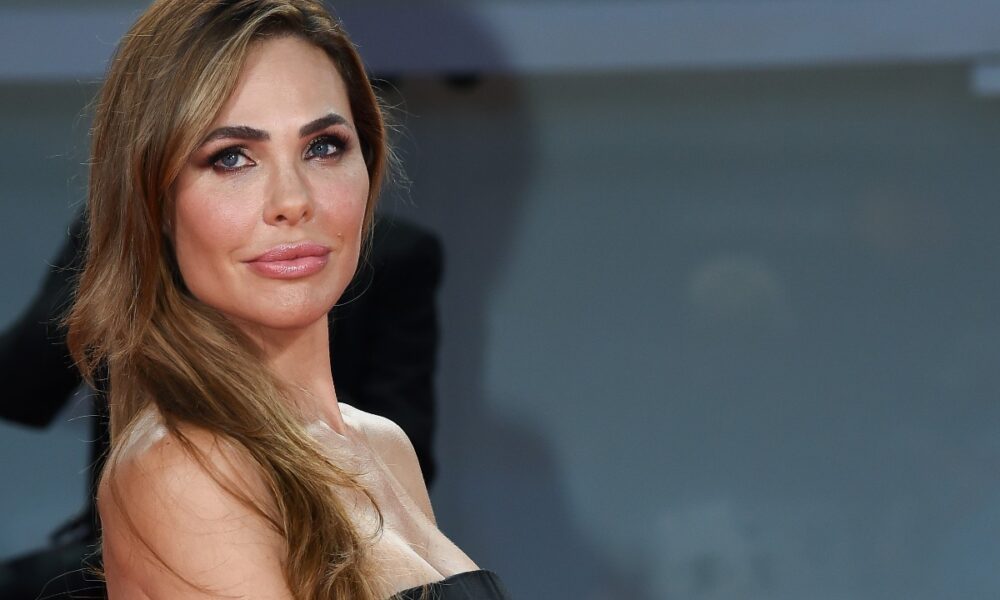

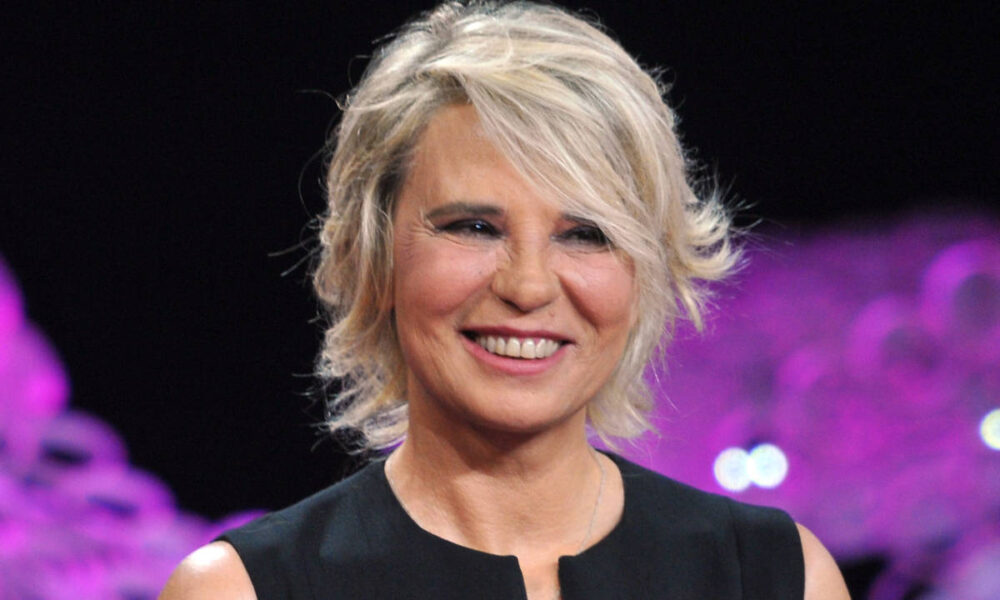


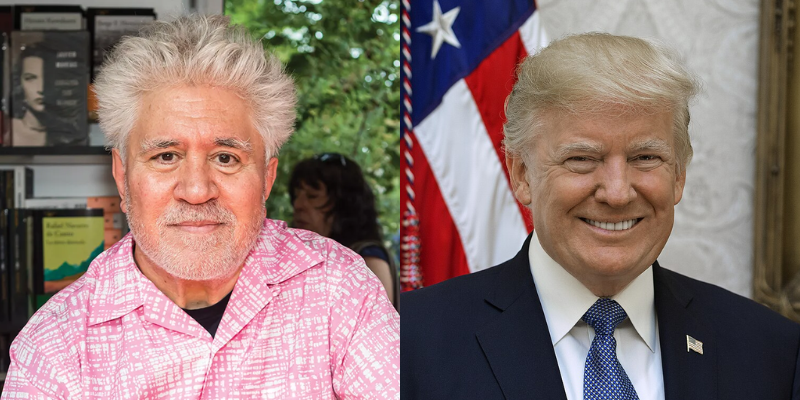
![The Last of Us 2: perché Ellie lascia dei chicchi di caffè sulla tomba di Joel? [FOTO]](https://www.lascimmiapensa.com/wp-content/uploads/2025/04/image-307.png)
